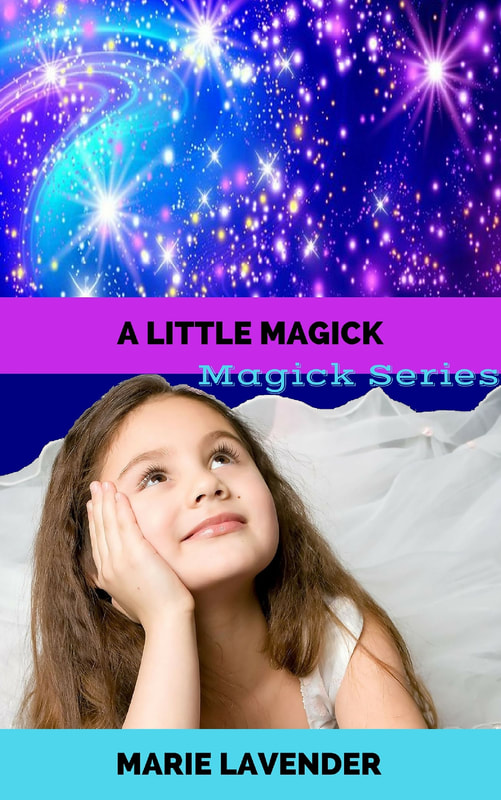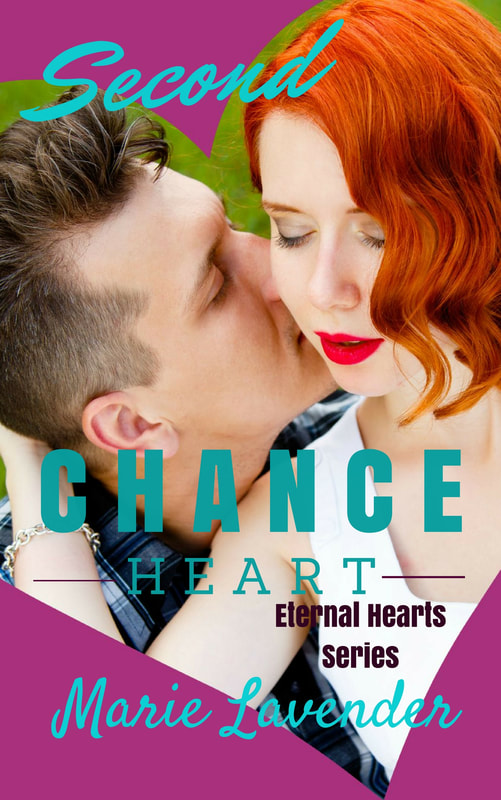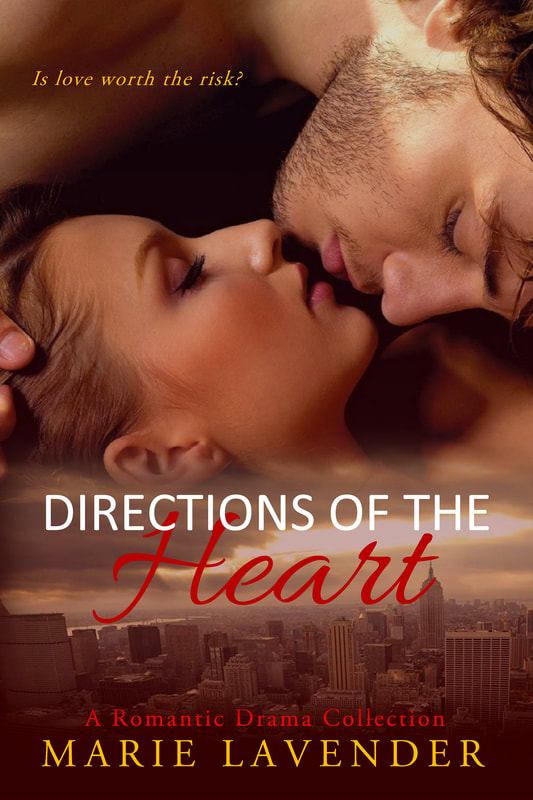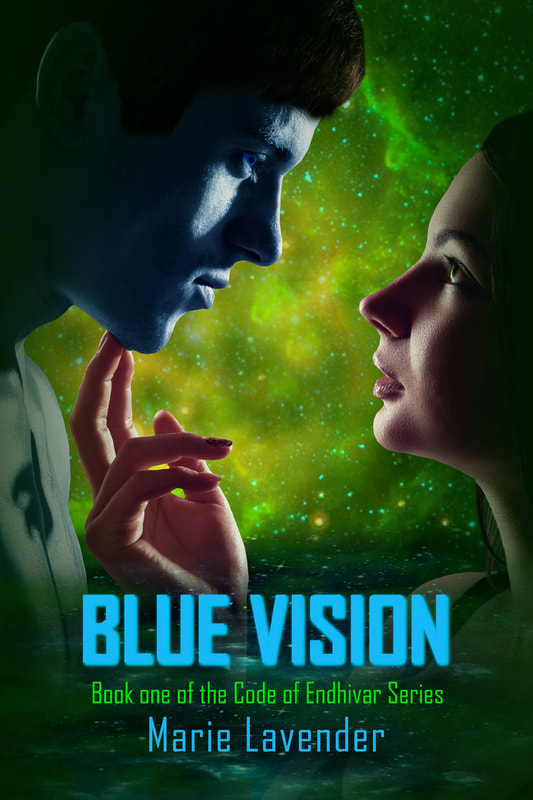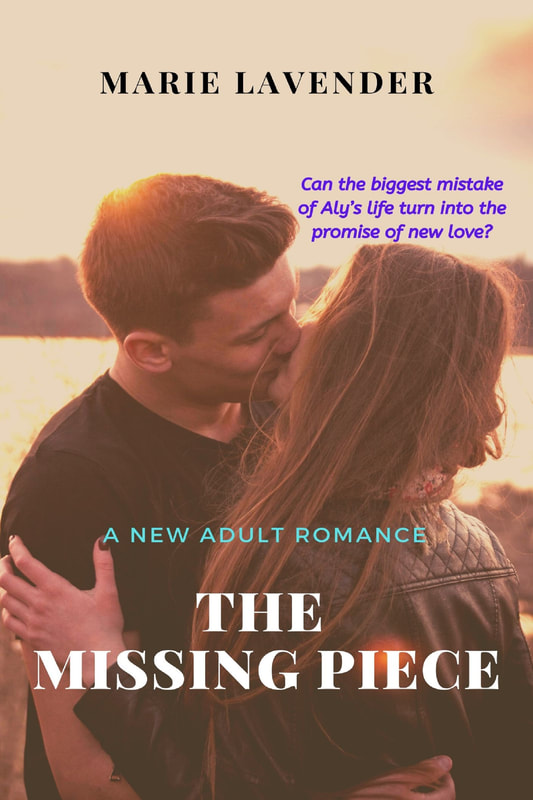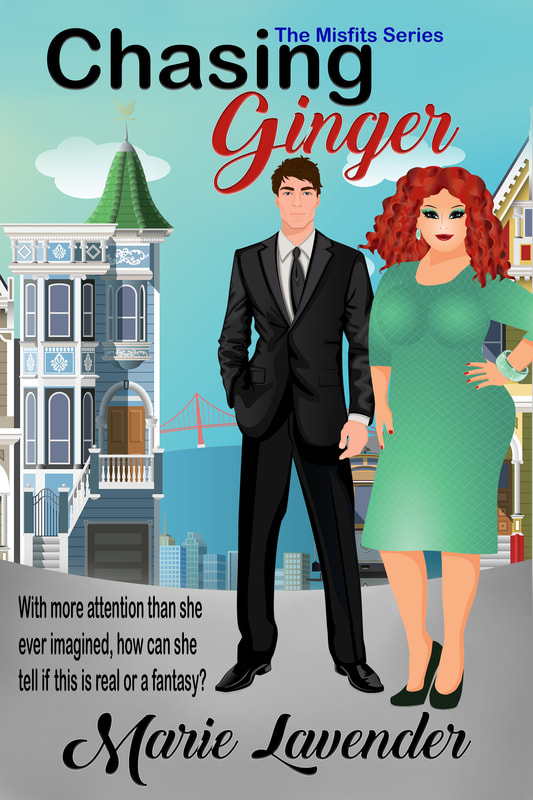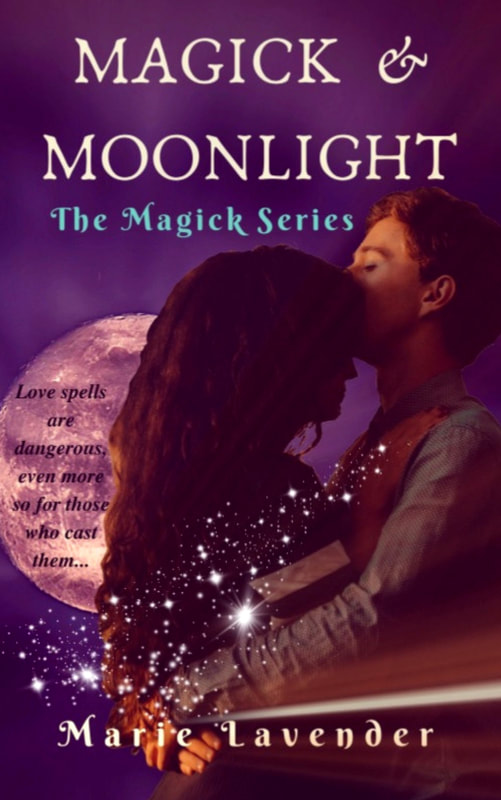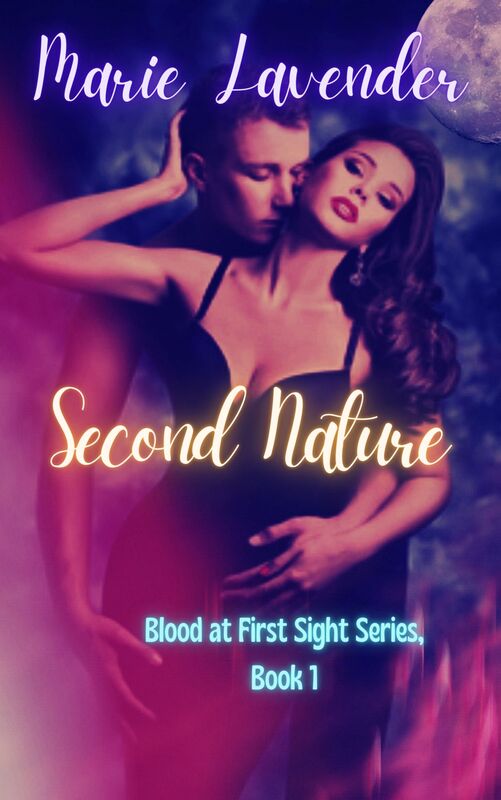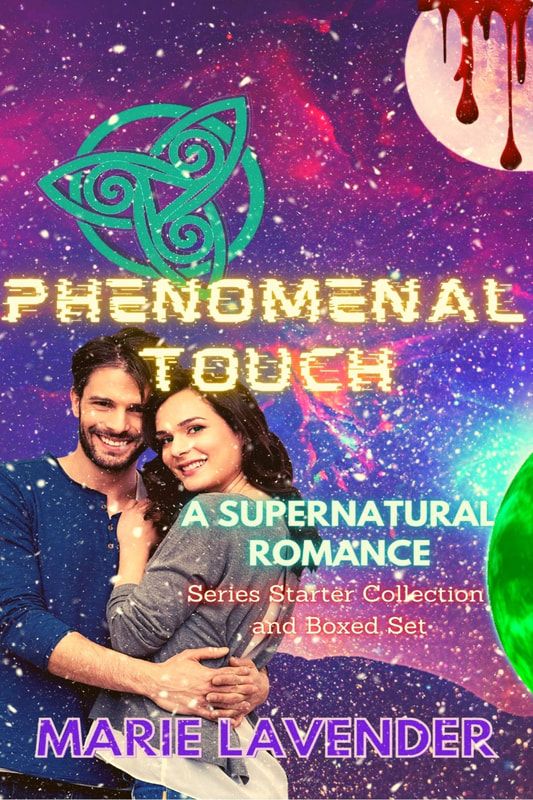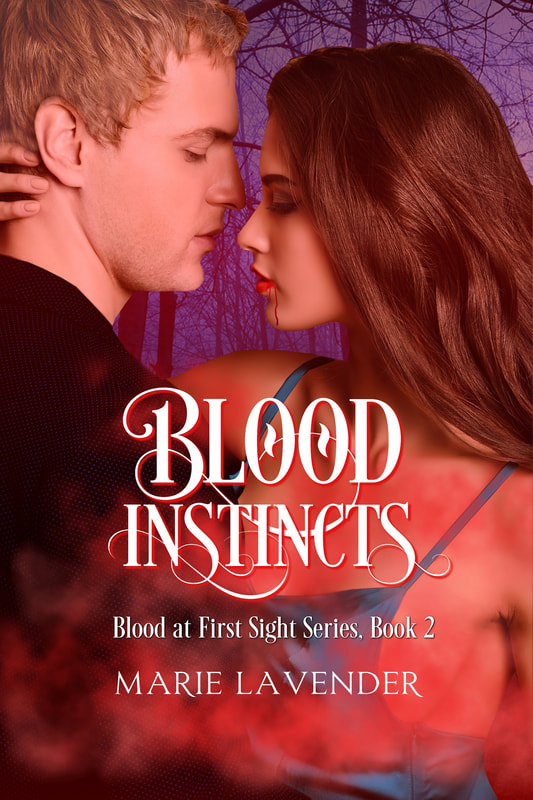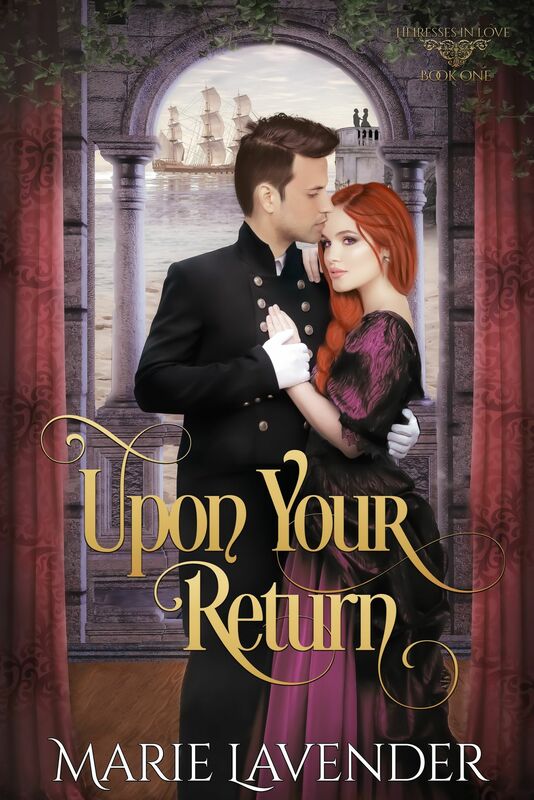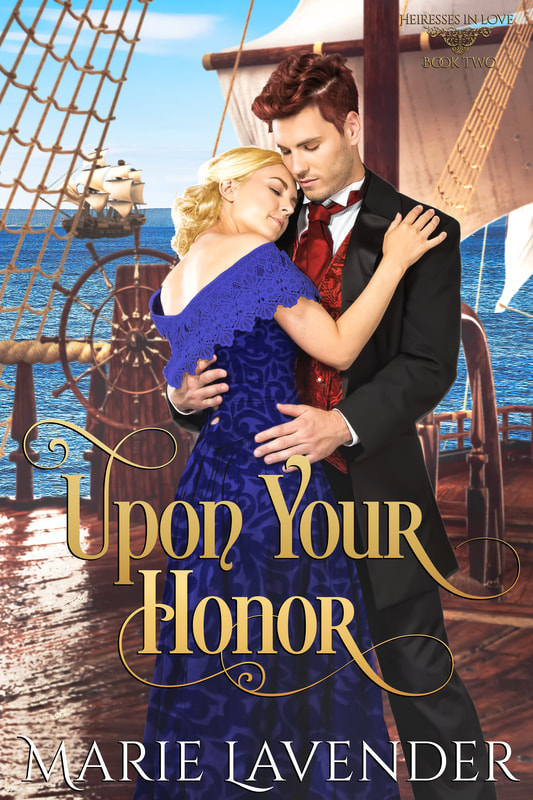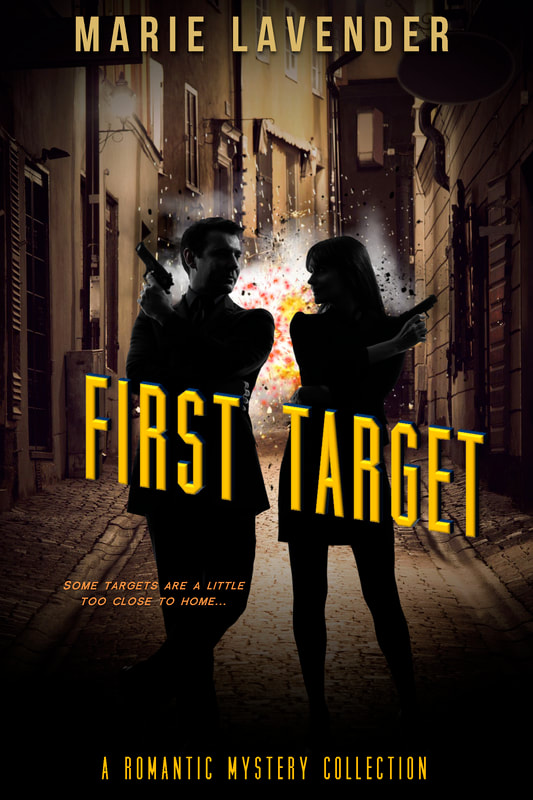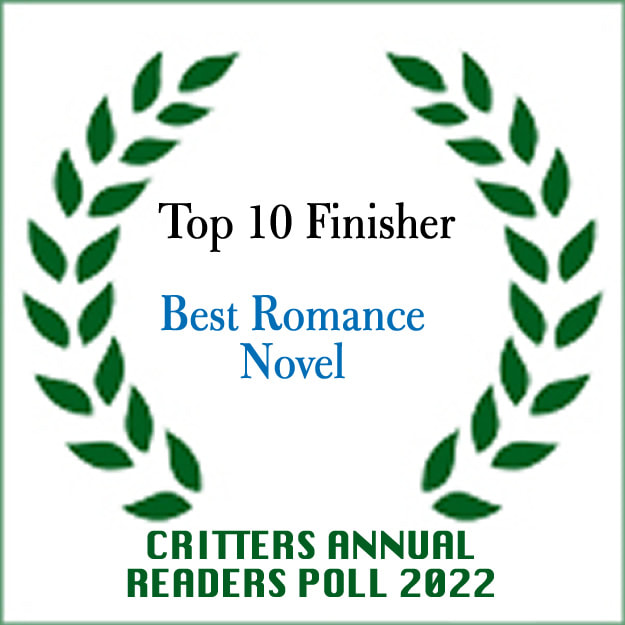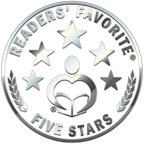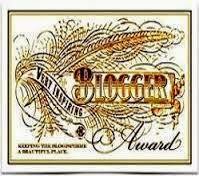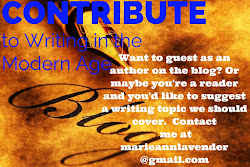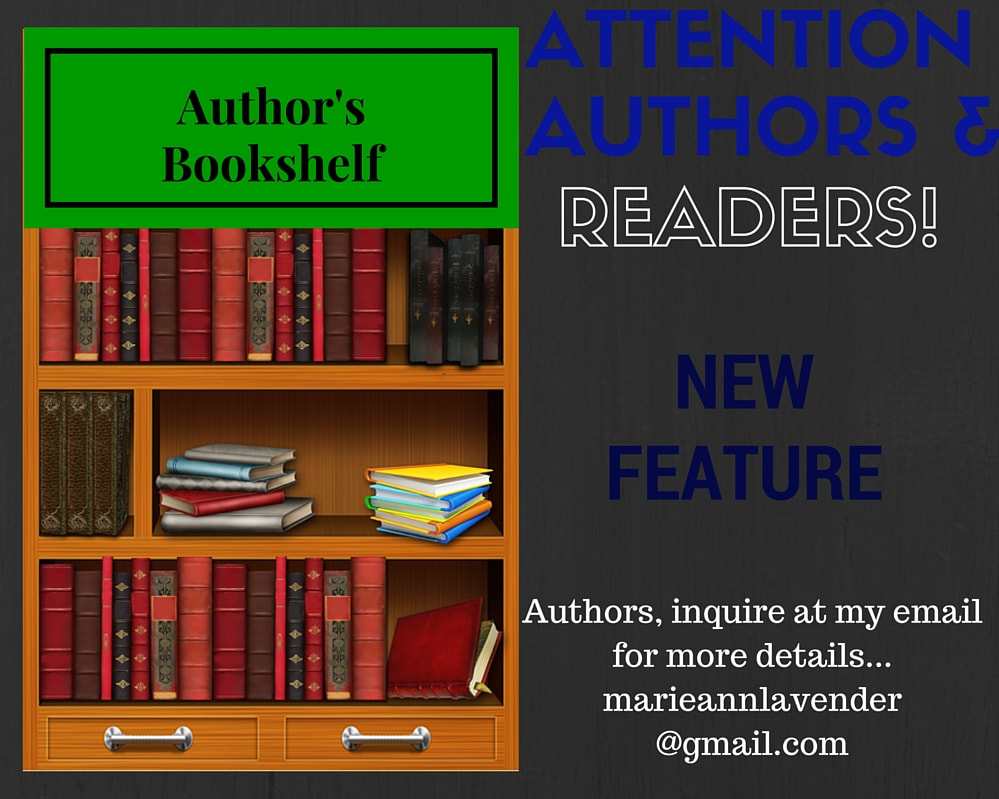|
Please welcome our guest reviewer today! Let’s see what she has to say. Take it away, Virginia… Thank you! ♥ The Me Too Girl by Lance and James Morcan This is an intense and short read that reflects the #MeToo moment. I recommend it to those who need to better understand those affected by sexual abuse or for those who are suffering or have suffered sexual abuse. It’s especially helpful to help those not abused to better understand some victims’ issues dealing with abusers who have almost omnipotent power over them. Too many victims have no hope or alternative of something else outside or beyond their abusive situation. It was awesome to experience how Suzie found some other way than giving in. There should always be a way out, an alternative, a “something better than this.” Unfortunately, this is not always possible. But Suzie found a way, even using new allies. Though it would have been nice for this to be a true story, this book had to be fiction, because few victims achieve the freedom and peace that Suzie did. This story should remind us all to notice better those around us, to reach out and actually assist those who have no advocate, and to stop abusers whenever they are found. I’m fine with the story being short. Too long or more detail could traumatize readers, especially ones who have lived a life like Suzie’s. The only downside of this book for me was that I wondered whether the authors were trying to advocate for victims or were trying to capitalize on a hot topic at the time. NOTE: I was provided a copy of this book in exchange for an honest review. I give this book 4 stars because the MC overcame abuses and addictions that destroy more humans than not. Book Blurb: Young Los Angeles public relations exec Suzie Fox is being blackmailed for sex by a bad cop, a senior officer of the LAPD no less. Suzie fights back the only way she knows how, and, in the process, unwittingly becomes a beacon, a shining light, for America's Me Too movement and for abused women everywhere. But will justice be served? Universal Reader link: https://books2read.com/u/b5WWp6 Here’s an excerpt from the book… The first I became aware he was waiting for me was when I crossed the street. I was about to enter the building when the patrol car’s passenger door opened and the passenger stepped out, blocking my path. I recognized him immediately despite the fact last time I saw him he wore the uniform of a police officer. Holy shit! Hector Williams, or Heck to his associates, was the LAPD’s Deputy Chief of Police. He was also kind of hard to forget. A hulking specimen, the forty-nine-year-old Williams stood six foot six and towered over all but a rare few of the passersby currently using the sidewalk outside my apartment. That wasn’t the main reason I remembered Deputy Chief Williams, however. We had a history of sorts. A history I’d rather forget. Williams smiled at me as he ran his eyes over my body and made no attempt to hide the fact he liked what he saw. His was a cruel smile and there was no affection in those cold, gray eyes. Glancing at the security camera above the building’s entrance, he smiled again as he flashed his ID card and, turning his face away from the camera, he said, “Hey little Suzie, remember me? I’m now Deputy Chief Hector Williams.” I shuddered involuntarily. I remember you alright. “What the hell do you want?” “Now, is that any way to greet ol’ Heck?” Williams took me gently but firmly by the arm and escorted me a little way along the sidewalk. Whether it was because of the presence of the security camera or the close proximity of his fellow officer in the nearby patrol car I wasn’t sure. Knowing him, it was probably because of both of those things. As we walked, my mind was racing. When I’d last seen Williams I’d been using another name and residing elsewhere in this city – in Venice, to be precise. That was three or four years ago now. Since then, I’d adopted a complete change of lifestyle, reverted to using my real name and relocated to new premises at least three times. In doing so, I believed I’d never see the man again. At least I prayed I’d never see him again. How in God’s name did you find me, Hector? BOOK INFO: AUTHOR: Lance and James Morcan TITLE: The Me Too Girl GENRE: Crime Drama RELEASE DATE: November 5, 2019 PUBLISHER: Sterling Gate Books ISBN/ASIN: B08137BDGH OUR RATING: 4 Stars REVIEWED BY: V.B. “Can Do Indie Author” Guest Blogger/Reviewer Bio:  VB is an indie author who writes romance and Sci Fi and voraciously reads anything (with some limits). When she’s not reading and writing, she’s working a day job to pay for her truck habit and puttering around her house. Awesome. Thanks for this, V.B., and for stopping by the blog! :)
0 Comments
Please welcome our guest reviewer today! Let’s see what she has to say. Take it away, Ginny… Thank you! ♥ Raising Kane by Susan Lynn Solomon We start our story with reporter Libby Bridgeman going to interview a one-time star Alicia Kane, who has been in seclusion for many years. Her boss wants her to fly out to do an interview in person. However, Libby does not want to go. She would rather do the interview over the phone and get it over with. She gets ahold of a friend who does some digging into Alicia’s background and finds out that she was arrested during a student riot during the 60s. So, she thought that she had enough information, and she could just fill in the gaps with a phone call. When she arrived at the house, she was greeted by a very happy to see her older woman whom she was not expecting, but she was ready to get the interview over with so she could be on her way. Alicia wasn’t interested in talking about the one topic that Libby was ready to start with and it made her feel uneasy. She was there to do a job and Alicia was not making it easy on her. She got her interview back on track and they continued. After she had returned home, she was sitting on her bed getting all her interview notes in order when she got a message to call the Niagara Falls Police Department. She was not prepared for what she was about to hear on the other end of the phone conversation. The detective that she spoke with gave the news of Mrs. Alicia Lawrence’s death and how they did not expect foul play. Though Libby was warned by several people – including her family – to let this investigation go, she kept researching it and was set back by what she had learned of this mysterious woman, whom she had met once. I was able to finish this book in one day, it was a great, easy read that held my attention the entire time. I recommend this book without a doubt. Book Blurb: Libby Bridgeman, a stringer for the Village Voice, balks when Max Howard, her editor, insists she interview Alicia Kane. Though, campus rebel, a rock superstar and an icon in the 1970s, Kane hasn’t been heard of in forty years. A Brooklyn court case involving a Black Lives Matter protest seems far more relevant. But you don’t say no to Max Howard. While writing the article about the interview after meeting Kane, Libby receives a call from a detective—Alicia Kane is dead. Accident or suicide, the detective tells her, but Libby believes she was murdered. When Max insists that she drop the story, she’s certain he knows more than he’ll tell her. In Greenwich Village, Chicago, Niagara Falls, a Manhattan recording studio, Libby interviews people who’d known Kane. Like Max, each seems to hide something. A connection to her family? Then, one tumultuous night she learns Alicia Kane’s complete story, and this flips her world. Universal Reader link: https://books2read.com/u/bPLJNz Here’s an excerpt from the book… “A lioness of the 60s and 70s,” I said with a sardonic laugh as I sat before my make-up mirror. I have a habit of thinking out loud. In fact, some- times words fall from my mouth before I realize they’re in my brain. This can be embarrassing—not lady-like, my mother often told me. While in my mind, I listened to my mother chastise me for this untoward trait, I had another idea. “Ira!” I picked up my phone and punched in the number of a friend who worked at a collection agency. Phone, gas, electric bills, charge accounts, speeding tickets, arrests, even most birth records—every bit of a person’s life seemed to be logged in some computer’s database. My friend had access to those. After a few minutes on hold, listening to Latin music, he came on the line. “Ira?” I said. “What do you want now?” “Do I have to want something to call an old high school pal?” “You always want something,” he said. “I give, you take, and I don’t hear from you again until you want something else.” I sighed. This was definitely not one of my better days handling men. No surprise. I’ve never handled them very well. I tried again. “I just thought maybe you could find me a little background on―” “Giving you a little background could get me fired.” “Ira, don’t be this way,” I said in the most helpless voice I could muster. “I don’t need anything as deep as last time. No bank records. I’m really stuck for a place to start on my new assignment. You’re the only one I can turn to.” BOOK INFO: AUTHOR: Susan L Solomon TITLE: Raising Kane GENRE: Mystery/Suspense RELEASE DATE: January 18, 2022 PUBLISHER: Solstice Publishing ISBN/ASIN: ISBN: 979-8404780031/ AISN: B09QQ9YCJK OUR RATING: 5 Big Amazing Stars REVIEWED BY: Virginia (Ginny) Frick Guest Blogger/Reviewer Bio: 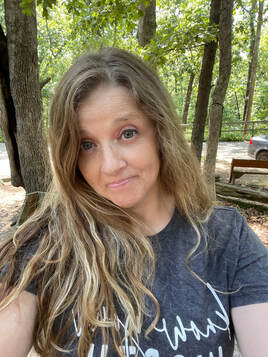 I am a military wife, a mom, and a Gigi. All of which I would never change. I have a deep love for reading, and if I was given the opportunity, I truly believe I could do it all day. I decided to start reviewing books one day while I was reading some posts and thought, I can do that. So I commented on a few posts and next thing I know, I am reading some pretty amazing books. My cousin and I started a review blog (www.cuzweread.wordpress.com) and a bookstagram (@cuz.weread.books). Awesome. Thanks for this, Ginny, and for stopping by the blog! :)
For this year, I wanted to commemorate a special occasion. The Writing in the Modern Age blog has been running for ten full years! Woo hoo! That’s great! We’ve come such a long way. So, to celebrate, I thought I’d look back at the very first post, which was featured in March of 2013. It was written by Stefan Vucak and titled "Practical Advice for Beginning Fiction Writers". Feel free to view the article in full here. But it also ties in to today’s post, as I’ve gone to the trouble to ask for advice from 47 different authors. I wanted to take what they’ve learned and help other writers at various stages in their careers. It’s also how we’re marking the ten-year anniversary on the blog this month. By the way, this year, I’ll be shifting the WritModAge blog into taking on less guest posts and interviews (or none for a while, since I’m so swamped with other work), and doing more of my own articles about writing instead. However, I will still run occasional group events such as this, or even host big book giveaways. But I just thought that posing a big question to some of the authors who donated to previous events on the blog would be a great way to mark our ten-year reunion. Here are some of the previous multi-author features in which other questions were asked of various participants. https://marielavender.blogspot.com/2015/04/what-does-inspiring-mean-to-you-by-lois.html https://marielavender.blogspot.com/2015/08/why-do-we-write-250th-anniversary-multi-author-special-event.html https://marielavender.blogspot.com/2016/11/what-does-your-writing-process-look-like-special-multi-author-blog-event-and-350th-anniversary.html https://marielavender.blogspot.com/2019/06/500th-anniversary-do-authors-read-while-writing-multi-author-special-blog-event.html As you’ll likely surmise, back in 2022, I changed the blog’s domain over to https://writinginthemodernage.weebly.com/. I will eventually shift all the posts to this URL, transitioning them until I can close down the other blog. I will still have a splash page there for fans who don’t know about the big move. However, to properly display each participant’s answer today, I’m listing their preferred genre/genres to write in, the advice they’re offering, as well as some links where you can follow their published work. 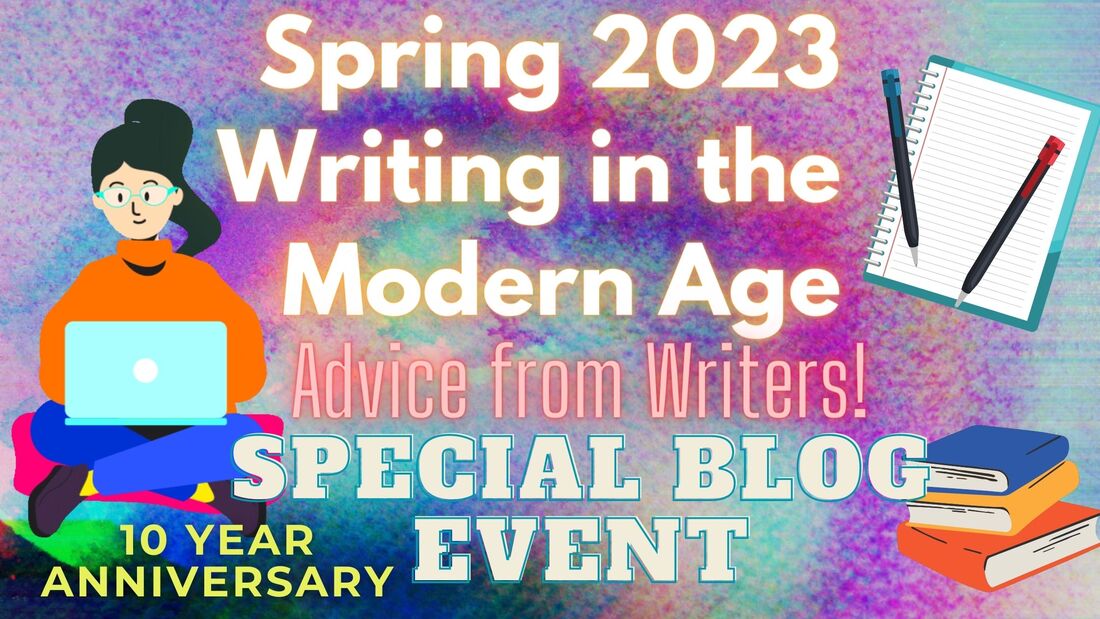 This is the big question I’ve posed to them… What top five pieces of advice (lessons or tips) would you offer to another writer in your specific genre?Without further ado, let’s see what they said. Author Participants and Responses to the Main Question 1) Judi Getch Brodman Genres: I write in a number of genres: cozy mystery, time travel/mystery, historical romance, romance, and many times, I mix and match these genres as I write. My love of the writing process, the creation of a story and its characters, keeps me writing story after story. Advice: First, you need to want to write... to be dedicated to your writing. Writing is hard work; good writing is almost impossible. It is time-consuming and isolating. Second, you need to learn to write. What does that mean? Join a writers group, listen to other writers and learn from them, from their writing and from the constructive criticism of your peers. I joined one early on and learned so much from them all. I will be forever grateful to this group. I also took an encouraging creative writing class. The professor urged me to continue my writing because I had, as she called it, a unique voice and writing process. Third, after I said all that, anyone can write, string words together. You can sit down, write 50K words and feel as though you have a book. Well, you don't, not one that a publisher will touch. When I said above, "good writing is almost impossible", I meant it. Good writing comes after many drafts, much editing, and many revisions. This is where your story comes alive... here you polish it by working on words that best tell the story and fit the character, by making dialogue meaningful (this is very important), removing errors and misspellings, and by creating a story that will capture the reader. Fourth, create interesting, three-dimensional characters. I learned this from a workshop I took given by a writer whose books I loved. No one wants to read a story with ‘flat’ characters. You, as the writer, need to know their backstories, what’s in their ‘bag of rocks’ that they carry with them, what their secrets are… what’s in that box under their bed. You may not put all that information into the manuscript, but you will use it as you write, trust me, and your characters will come alive. Fifth, do your research! If you are writing a time travel back to the 1800s, know what it was like to live in that time. One of my favorite books, The Looking Glass Labyrinth, was a time travel back to 1804. As I wrote, the story evolved into a mystery within a mystery with a beautifully layered romance. I won’t say much more except that I spent hours and hours doing my research on sea captains and their trade routes, on how women were educated and treated culturally, the fashion and family dynamics. The research fascinated me and although I didn’t use it all, I felt I knew my characters well enough to tell this beautiful story. Remember, your readers are smart, and if you make errors in history or anything else, they’ll notice, put the book down and not trust your story telling ever again. I could go on and on, but Marie asked for only five points. My advice to all -- enjoy the process of creating and writing! I’ve passed my love, my passion for writing, on to two of our little ones, eleven and nine, who wrote every word of their first book, Two Mice and a Train, and I published it. What a huge accomplishment for them! May their imagination fire many more. One of the keys to their writing was that they are both avid readers and LOVE stories. Links: https://tinyurl.com/JudiGB https://judigetchbrodman.wordpress.com/ 2) Jane Riddell Genres: commercial fiction, somewhere between chick lit and literary; humor Advice: 1. Research locations/topics raised so that your story is plausible. 2. Use fresh language, avoiding clichés, unless they are part of a character's way of talking. 3. Don't overexplain, but avoid confusing the reader. 4. Leave room for the reader's imagination. 5. Use subtext in the dialogue. Links: http://JaneRiddellquietfiction.com https://www.amazon.com/stores/Jane-Riddell/author/B00B9E4ABQ #JaneRiddell 3) Natalie Silk Genre: Science Fiction and Alternative History Advice The greatest advice: Don't stop the dream. Link: Amazon Author Page: https://www.amazon.com/stores/Natalie-Silk/author/B00EA8VY76 4) Giulietta M Spudich Genre: Young (Middle Grade) Fantasy Advice:
Links: https://medium.com/@elementgirl https://www.amazon.com/stores/Giulietta-M.-Spudich/author/B008D2MSTS 5) P.T. Macias Genres: Dark Alpha Romance, MC Romance, Mafia Romance, Paranormal Romance, Military Romance, and Contemporary Romance Advice: What top 5 pieces of advice (lessons or tips) would you offer to another writer in your specific genre? 1.Write, Write, Write! 2. Research 3. Edit 4. Promo - ARC Team 5. Reviews are constructive criticism. Links: Amazon https://www.amazon.com/author/ptmacias.com Facebook https://www.facebook.com/P.T.MaciasAuthorPage Newsletter Sign up P.T. Macias Legacy Romance! Author's Official Website 6) J.R. Wirth Genre: Suspense/Thriller, some supernatural magical realism Advice:
Links: www.facebook.com/Author.JRWirth http://www.amazon.com/J.R.Wirth/e/B00R9SDSR8/ 7) Kathryn Troy Genres: Fantasy/Romance/Horror Advice: Tip #1. Write for pleasure. If you write for what's hot and trendy in the market, chances are by the time your book gets published, it will be out of fashion. Write what you want to read, and you'll always be in style. Tip #2. Don't take it personally. Rejections from agents, editors, presses are NOT evaluations on your writing skills. They're just not. There's a lot of poorly-written books out there that make millions, and masterpieces that never see the light of day. Being published cannot be equated with quality. Tip #3. Read broadly. The more you read in your genre (and others!), the more exposed to other ideas, concepts, and tropes you are. That will make you a more informed and potentially more unique storyteller as you develop your own voice. Tip #4. Don't self-reject. We all have doubts. We're all not sure if our writing is good enough, if it's a good fit for this agent, that publishing house, whatever. But you never know. You can't make it if you never put yourself out there. Tip #5. Don't be afraid to try something new. Just because you haven't seen anything out there like what you're writing, that doesn't mean there isn't an audience for it. Not EVERYTHING is like something else. If you've got a story to tell, then tell it. Links: kathryntroy.blogspot.com @Bathoryscloset 8) Leigh Podgorski Genre: I am being published now as an Oracle Card creator, and love doing it. My preferred fiction genre remains metaphysical work that delves into our spiritual aspects as humans. My writing is eclectic: historical novels, literary fiction, and mysteries-- not of the whodunit, but more mysteries that arise thru one's life journey. Advice: 1. Apply the seat of the pants to the seat of the chair. Best advice I have ever gotten which, to copy Nike, means 'Just do it'. 2. Whether you outline or simply scribble notes: know where you are going. I know many writers have said they just write, but I don't think that works best to create a fully realized piece. By thinking your work through, you can add foreshadowing and much better character development. 3. Characters! Reader's often fall in love with the characters you create. So create well-rounded people that jump off the page. Make them real. Many-faceted. Engaging-- yes, even, especially your villains. 4. Listen to your quiet voice within. Let it guide you. When your characters speak to you, and they will, listen and heed. 5. Yes, Virginia, GRAMMAR MATTERS! I have read so many posts that eschew grammar. Eschew it at your peril. Grammar is your essential tool, your building blocks. If you didn't learn it, do it now! If you send a query with bad grammar, guess where your brilliant work ends up? The round file. Links: https://tinyurl.com/LeighPodgorski1 www.VioletHillsProductions.com 9) Edita A. Petrick Genres: Multi-genre – I write mysteries, sci-fi, romance, romantic suspense, thrillers, and even cozy mysteries - plus I ventured into YA fiction as well. Focus of Advice: Mysteries/Thrillers What makes for an un-putdownable mystery? There is a huge amount of advice floating out there, on writing and publishing. At times, it’s not just overwhelming to read through a few of these types of posts, but discouraging. How do you decide? How do you choose? Did you make the right choice—for anything, anyone? What makes for a riveting read in the mystery genre? A question as big as the genre itself. Forget the classics. They will always stand in a category of their own. You can’t compete with Agatha Christie or Dickens or even the bevy of ghostwriters who fleshed out the Nancy Drew and Hardy Boys stories. The first thing you need to understand about mysteries is very simple – do you like to read them? If so, go ahead and plunge into the genre. If not, you may try your hand at crafting one story, but that won’t spark your writing spirit. Your writing must run parallel to your interests in reading. You cannot force a mystery out of you, if you switch channels the moment one of the hundreds of police-thriller-action movies comes on. Let’s say you like reading mysteries, and you like watching any and every show dealing with any kind of a mystery—whether it’s fictional or documentary. So—what makes for a riveting mystery? Some will tell you it’s the story that the readers must find compelling. That may hold true for about ten percent of time the reader spends reading your blurb. Some will tell you it’s the twists and turns and cliffhangers in the story that will capture the reader. That accounts for another ten percent of time the readers may spend figuring out whether they like your cliffhanger or not. But what really creates a riveting read is the story’s character—or characters. That’s where you should spend your time and energy—crafting larger-than-life, quirky, colorful, little bit insane, little bit crooked and a little bit plain, dark characters to lead your story. You can have it if you can craft one strong enough to carry the whole mystery for three-hundred pages, or you can have two or three supporting characters to help your main protag to carry the story. Do you need an equally larger-than-life victim? No. Victims may be as colorful or as bland as you like them. It’s the motives and motivations that saw them depart this mortal plain that makes any victim interesting. What you should not have is an average character, delivering average lines of a decent mystery, because the reader will not get past the average character to appreciate the complex and riveting mystery plot. To me, average means real-life as it runs for normal people, not reality show stars. Look around your circle of friends and relatives. Which one of them do you like – and most importantly, why? Once you answer that question, you will have a template for your character. Then write down at least three attributes for that character that closely mesh with the real ones of the real person. And finally, make that character larger than life. Way larger. Corrupt something in the sterling character; twist something in the protagonist’s otherwise honest approach. Craft the flaws so you can tie them to the psychological aspects of that character. To do that, you need to ask yourself for each of the points considered: What if…? What if the trait you like him for was just a little bit…smudged, a little bit off-key, a little bit non-conforming. That’s what will give your chosen character his or her color. It’s our flaws that make us interesting to others, far more so than our virtues. It’s how we cope or hide such flaws that makes for a compelling reading. And finally, you can inject a bit of mystery into any genre—whether it’s romance, or sci-fi or adventure or action. Often, it will make what would have been an otherwise straightforward plot, into a labyrinth. Links: https://twitter.com/BoniEdita https://www.amazon.com/stores/author/B002BMI57U 10) Stefan Vucak Genre: Contemporary drama/thriller/politics/military Advice: Individuals write for many reasons, but I suggest all want to see their work reach a broad audience. The bonus, of course, is to be accepted by a literary agent and a major traditional publisher. It can happen. Many writers wonder why a poorly written book gets into a bookstore when theirs is so much better, but cannot be accepted by an agent or publisher. We can only scratch our heads and keep writing. Suggestions to writers? There are as many tips as there are writers, but I’ll risk repeating some of them anyway. 1 – In my opinion, to be a writer requires that he or she has that peculiar fire of creation burning inside that compels the individual to write, create new worlds, and share with readers their visions. Without that fire to carry the person through trials of procrastination, rejection, mental blues, frustration, the person will give up and concentrate on their day job to survive. Of course, some wannabe writers start a novel with bubbling enthusiasm, but when hard writing is required, or a new idea flashes into their minds, the work is abandoned in pursuit of that idea. In the end, nothing is achieved. So, if you don’t have that fire and desire to create, better take up golf instead. 2 – As with every profession, discipline is a must if anything is to be done. It is the same for any wannabe writer in whatever genre. Writing takes time, as does editing and proofreading, and a writer must be prepared to spend many days and months alone pushing that manuscript until it is done. For many, ongoing work and family commitments may not give a writer enough time they would like to pursue that novel. Nevertheless, a planned, disciplined approach that schedules a dedicated hour or two during the week and weekend to writing is a necessary step if that book is to be done. For those who can write full-time without the burden of holding down a job, discipline is equally important, as hours, days, and weeks can be whittled away in unrelated activities. Before you know it, months have passed with very little writing to show for it. A writer should set up a routine and a schedule devoted to writing time … and stick to it. 3 – In the contemporary genre -- and this applies to just about any genre -- research is a multi-pronged hook on which the author rests the book’s credibility. Getting historical, political, geographical, scientific, and other facts is critical to establish legitimacy and confidence in the reader’s mind, without which the book will be treated with the disdain it deserves. Social media and various internet search engines are invaluable tools for gathering information. However, the ‘buyer beware’ caveat applies. Search engines can dredge up many responses to a query, but an author should verify the supposed ‘facts’ from several sources to establish legitimacy. I suggest it is particularly important to validate scientific information that supports an author’s premise or hypothesis. There is nothing worse than having a reader cringe when coming across a glaring factual blooper because the author relied on his or her memory and did not bother to validate something, or have some outlandish space drive that flies in the face of current theoretical science. Although for any research a writer may delve into for a book, most of it will never be in the book itself. However, that is not a bad thing, as the wealth of information a writer uncovers provides a solid background, framework, and confidence for a writer that he/she is a subject matter expert, and that confidence will flow into the book. 4 – Having reviewed a library of novels, one thing manages to always stand out – a book that has been thoroughly planned and plotted, and one that seems to be written and made up as the author went along, allowing his/her characters and plot to evolve without any direction, or toward an ending the writer cannot wait to reach. There are numerous articles that argue the benefit of writing a detailed outline, and there are articles that suggest an outline is a waste of time. For a short story, I suggest a couple of dot points might be sufficient, or perhaps not. It all depends how clear the story is in the writer’s mind. For a major project such as a novel, I would argue the necessity for a detailed outline before the writer puts down the first word. No one would build a house without a detailed plan. In the same way, a disciplined, professional writer should not begin to build that novel without a detailed outline. An outline does several important things. It provides, or should provide, a profile for every major character, a clear set of plot and sub-plot steps, and a means to avoid that dreaded writer’s block because the author comes against a wall in his/her story and does not know how to get over it. Walls will come up, but they should be very small ones easily negotiated. Writing a detailed outline takes time and effort, but I suggest it is time well spent and avoids heartburn later. 5 – Writing a contemporary genre book intended for adults, or any book, establishing credibility and plausibility is critical to gain reader acceptance. An outlandish hypothesis or premise that is unsupported by historical, current, or plausible near-future events guarantees the book’s rejection. Contrary to some opinions, readers are savvy and don’t have much tolerance for what I call 'pulp trash'. Sadly, this is something a number of famous authors have forgotten, allowed their fame to swamp good writing and storytelling, and descended into producing trash that would never have gone past a literary agent’s or publisher’s slush pile were it not for the author’s name. I suggest this is death for any author, established or not. Once he or she produces such a novel, readers are likely never to pick up another of their work. We all like to read a thrilling, compelling book that has real characters set in a realistic story, evokes emotion, and gets us thinking. If a wannabe writer likes to read such a novel, it means that he or she should do their utmost to produce such a novel themselves. Readers deserve the very best we can give them. Settling for less is betrayal for the writer and reader. How to produce such a novel? Well, I could write a book on how to do it, but that’s for another day. Links: https://www.stefanvucak.com https://www.amazon.com/stores/Stefan-Vucak/author/B005CDD1RY 11) Holly Bargo Genre: Romance Advice: 1. Especially if you self-publish, hire a professional editor. Nothing dooms a book faster than a poorly written story riddled with errors. 2. Do your research. Verisimilitude is paramount to suspend the reader's disbelief, so don't guess at those realistic details, make sure they're correct. 3. Use active voice more than passive voice. Passive voice has great impact, but only if used in moderation. 4. Let your verbs do the heavy lifting. You're not writing an academic treatise, so engage your readers with strong, powerful verbs. 5. Explicit scenes should be natural to the progression of the story and the development of the protagonists' relationship not gratuitous. It's the story that engages readers, not the sex. Links: https://www.amazon.com/stores/Holly-Bargo/author/B00JRK6VGQ https://www.facebook.com/HollyBargoBooks/ 12) Dee Thompson Genre: Women’s Fiction Writing is my passion and I write every day. I earned an MA in Creative Writing and I have worked as a freelance writer, a journalist, and a paralegal. I currently work as a freelance writer. I have published four novels on Amazon. I have been writing a blog, The Crab Chronicles, since 2005. Advice: 1. End every chapter with at least one question, so the reader will want to keep turning pages. It doesn’t matter what category your novel falls into, readers need to be left wanting more. Always withhold information until the right time. 2. Once you’ve finished your manuscript, get beta readers to read it and give you useful feedback. You will need constructive criticism, not just 'I really liked your book'. You need someone to say things like 'Why did that character not say anything during the scene?' and 'You overuse the word “ponder” Get a thesaurus.' I have a close friend who is great about doing that for me, and it has made all my novels better. [There’s nothing wrong with hiring someone to help too, though, if you can afford it.] 3. Outlines are not always necessary. I was told over and over I HAD to outline the entire book before writing a word and that was too daunting a task, so I just didn’t write, for years. I hate outlines! However, if I start writing with a general idea of what I want to happen, then happy accidents occur. In my first novel, Ghosts in the Garden City, I started off thinking the mother was just a horrible person, but as I was writing her, I enjoyed it so much I softened her a good bit, and made her more integral to the story. I wasn’t chained to an outline, which worked in my favor. 4. Resist the urge to make everyone really beautiful or handsome, even when you’re writing romance. I get very bored quickly, as a reader, with a bunch of perfect looking people. Characters are much more interesting if you can say things like “he was losing his hair, but it didn’t matter to me because I loved his voice,” or "Scarlett O'Hara was not beautiful, but men seldom realized it when caught by her charm as the Tarleton twins were" – from Gone With the Wind, a famous novel that sold millions of copies. 5. Do your research! I get so irritated, as a reader, when I read something just blatantly wrong. I read a book the other day where someone was typing and made a mistake, and used liquid paper to correct it – but that wasn’t available until 3 years later! That is so easy to check on. Grrr… Links: https://dethompson62.journoportfolio.com/ https://deescribbler.typepad.com/my_weblog/ 13) Bernard Foong/Young Genre: Memoirs/Autobiography Advice/lessons: 1) Be truthful to yourself. Let your storytelling flow from the core of your being rather than plagiarize works from other writers. Allow your candor to glide rather than force. Write like you are downloading something divine and you are the messenger to deliver your piece of valuable information to the world. If you allow yourself to achieve that, you’re close to being a successful author. 2) Edit your writing until you are satisfied with your work. Even then, it is advisable to solicit the assistance of a professional editor to go through your writing. Often, an excellent editor will rephrase and shorten sentences/paragraphs to enable your writing to flow with ease and erase repetitiveness to the narrative. 3) Proofread your writing several times. This will ensure no hidden mistakes such as spelling corrections, story flow, and other missed errors. 4) Don't be repetitive. The author only has to iterate a point or emphasize once. Otherwise, your reader will be bored reading the same message over and over again. 5) Reading an excellent book will transport the reader to distant realms, to lands far away where his/her imagination can take flight and be transported to live the author’s experience/experiences. Be they factual or fantastical, these virtual experiences will bring insights and exposures to a larger world. Hence, all excellent stories consist of one or more moral lessons/insights that is/are relevant to the reader/readers in today's world. Links: Twitter: @bernardfoong Website: http://aharemboysaga.com/wp/ 14) Tony Flood PREFERRED GENRE THAT I WRITE IN: MYSTERY, THRILLER, SUSPENSE. I also write in other genres, including FANTASY and CHILDREN'S BOOKS and CELEBRITY REVELATIONS HERE ARE MY 5 MAIN TIPS/ADVICE: 1. If possible, use a really big 'hook' at the start of your book to grab readers' attention. For example, I start my crime thriller, Stitch Up - Killer or Victim?, with a murder occurring. 2. Ask people for their email addresses, and when you have a new book coming out, email them well in advance as well as just before the launch. 3. Offer potential readers details and a complimentary chapter from your book. 4. Use Facebook regularly and reply to COMMENTS because one COMMENT is worth 50 LIKES. 5. Provide information which should interest people on specialist websites. For example, I give interesting facts about Elvis Presley and Kylie Minogue, who are both featured in my celebrity book, My Life With The Stars - Sizzling Secrets Spilled. LINKS: https://www.celebritiesconfessions.com/ https://www.fantasyadventurebooks.com/ 15) Kim Lengling Genre: Non-fiction Advice: Five things to consider when writing non-fiction Every writer has a style and voice regardless of the genre you write in or may want to write in. Here are five things I like to keep in mind while weaving words together. Have access to the outdoors. Wherever you write, be sure there is a window, balcony, porch, or yard. Your brain needs rest just as your body does. So let yourself enjoy the view; who knows, that bird hopping around your yard, carrying around a worm, may be the inspiration you need! Be relatable. People want to relate to what they are reading. Can you remember reading something and thinking, "Oh yeah, I've done that!" or "That's happened to me too!." Your readers want to relate to you. Write as if you are sharing a story with a friend. Use emotion. Emotionally charged words capture your readers' attention by making them "feel" and want to continue reading. Build interest and trust. For example, can you insert joy, frustration, solitude, or a sense of accomplishment into your story? It doesn't matter if your book is about the mating habits of the Bilby or rebuilding a car engine; people want to feel. So take your readers on a journey. (Got you thinking about what a Bilby is, didn't I?) Provide a solution. Whatever the topic, provide tips or answers to your book's issue. For example, if I am reading a book on strawberry plants, I want to walk away knowing how best to plant and care for them, their different uses, and how to sustain healthy growth. But I want to learn more than just the basic steps of planting; I want to read what it feels like to see the plants grow and know a sense of accomplishment. Share the funny. Non-fiction doesn't have to be boring. Funny things happen to all of us or what we perceive as amusing. So share those silly moments in your book, whether a self-help book or a personal story; leaving your reader laughing out loud or bringing a smile to their face is high praise in my book! And hey, if you get the occasional snort out of them? Even better! Don't let self-doubt, naysayers, or procrastination stop you. Just start writing. Links: https://www.kimlenglingauthor.com/ https://www.amazon.com/author/kimlengling 16) Marie Lavender Genre: Multi-genre (various types of romance, mystery/thriller, fantasy, paranormal fiction, science fiction, urban fantasy, literary fiction, humor, dramatic fiction, and poetry); I’ve written tales for adults (so many) and younger audiences (1 children’s story and 1 YA) Advice: 1. Don’t corner yourself into one genre. Be open to trying something new and you will always have an endless flow of book ideas. 2. Save your politics for another forum. Honestly, no one cares how you voted and being upfront about it will only turn potential readers away. Save the politics for a more private circumstances – at home with your family, hanging out with your friends, or with whomever you trust. I promise that nothing good will come of stating your political views on social media, for all to see. It will eventually come back to haunt you. Unless it’s a situation that affects the whole planet and you know most people agree – such as the pandemic – it’s best to keep your own counsel. 3. Editing is a must! Do whatever you can to edit your own work. Consult articles by experts. Run a spell-checker. But go deeper as well, further than that. Hire a professional editor or ask a proofreader friend for help. Whether you’re self-publishing, or even submitting to a literary journal or a big publisher (or a literary agent), your book or story should stand on its own. Don’t give someone an excuse to throw your manuscript aside because you handed them a subpar draft. Do the extra work. Put in the effort of making your manuscript as clean as possible. Yes, we’re all human, and there may be a small detail you’ve missed along the way, but you wouldn’t want your published or unpublished work to be riddled with obvious errors. At least if other eyes are going to see it. 4. Take anti-technology vacations. This will give you a much needed break from the chaos of social media and the demands of being an author with a public image. It will also allow you to fully immerse yourself in your surroundings and spend time with your family or friends. Don’t surrender to the urge to keep checking your phone or email for updates. Stepping away will give you a chance to recharge your batteries, so to speak. Use your phone for emergencies, sure. But you're on vacation, by the way. DO NOT make everything worse by being obsessed with who said what online or posting a pic on Instagram. Also, don't feel guilty if you need more time and are forced to take a real hiatus. Burn-out happens. By avoiding the madness for a bit, you’ll feel more refreshed and ready to tackle any task when you return from break. 5. Try not to get discouraged. Just because one marketing method or tool works well for another author doesn’t mean it will work for you. There isn’t any one way or formula to get it done. Unfortunately, trial and error is par for the course and we all must go through the guessing game to get there. The same goes with being published. Rejections do occur, sometimes many of them. But this journey is your own. Your time will come. The best thing to do is just to keep going and learn from your mistakes. Oh, and don’t close the door to new opportunities that might pop up. Links list: https://linktr.ee/marielavender1 17) Stef Smulders Genres: short stories, humor, expat memoir Advice: 1. Choose the third person perspective, especially if you are a beginner. This way you avoid the most common pitfall, that of remaining in the head of the main character and so-called filtering (‘I saw…’, ‘I heard…’ et cetera). The majority of beginners automatically choose first person perspective, but I think you learn faster choosing the third. 2. Stay within the perspective you have chosen, at least within a chapter. It is very easy to forget this and switch point of view so be aware. Even experienced famous writers go wrong here now and then. Staying within one perspective allows readers to come close to and identify with the character much easier and this will definitely lead them to appreciate your work more. 3. Read a few books about writing technique, differences between types of perspective, the ‘show don’t tell’ adage, et cetera. Some of the ones I found very valuable are Understanding Show Don’t Tell (And Really Getting It) by Janice Hardy and Writing Fiction: A Guide to Narrative Craft by Janet Burroway. Both to read and reread! 4. Read a lot, in your genre and outside it. Once you start writing, you’ll be confronted with questions about how to solve certain problems, which solutions to take, and by reading the work of experienced authors, you’ll come across possible solutions. 5. Take part in forums, Facebook groups where aspiring writers critique each other’s work, such as Critique Circle (a whole list of possibilities you’ll find here https://blog.reedsy.com/critique-circle/). Links: http://italiaanse-toestanden.duepadroni.it/italy-expat-memoir-book/ https://www.amazon.com/stores/Stef-Smulders/author/B00OPVPTSS 18) Susan Lynn Solomon Genre: Mystery Advice: 1. Carry a writer’s journal with you wherever you go. Make notes about places, what people look like, and the way they dress. Note people’s body language when they speak to each other. 2. Set your stories in the place you live or places that you know well. Include descriptions of these places within your stories. The object is for readers who go to these places to recognize them. 3. When writing a mystery, put in a number of clues and several red herrings for your lead characters to follow, but don’t make these clues too obvious to the reader until near the end of your story. Agatha Christie once stopped a story after about 90 percent of it, and put in a page that, in effect, told the reader that if they’d paid attention and followed the clues by now, they should know who committed the crime and why. 4. Join a writers group. At meetings of this group, present a portion of your story. Make notes of comments made to your story and to the stories of others. Carefully consider each of these comments. 5. Do research. Even fictional stories need to be accurate—almost half of my writing time is spent doing research. For example, if a person is shot, what kind of weapon was used—not just whether it was a pistol or a rifle. If a pistol, was it a luger; if a rifle, was it an AK 47? If a person is poisoned, what poison was used? How long before death did it have to be administered? How was it administered—in a drink or by injection? Links: Amazon: https://www.amazon.com/Books-Susan-Lynn-Solomon/s?rh=n%3A283155%2Cp_27%3ASusan+Lynn+Solomon Facebook: https://www.facebook.com/susan.solomon.33 19) Karina Bartow Genres: Mystery and Romance Advice: When I started writing mysteries in 2012, I had many insecurities about it. Mysteries weren’t my preferred genre to read, yet I had one forming in my head, eager to leap onto paper. Eleven years later, I’m hooked on crafting tales with intrigue and sleuthing. Here are some lessons I’ve learned along the way. Five Tips for Mystery Writers: 1. Early on, decide what you intend your readers to know about the villain and his/her motive. Some stories give a peek at the crime and/or the reasons that lead up to it, while others leave their audience in complete cluelessness until almost the last page. There’s no right or wrong here, but choose whatever best fits your style and determine how often you want to switch perspectives. 2. Don’t wait too long before the crime takes place. During my first few years of composing mysteries, I liked to set up the characters and such before I brought in the case, usually at the end of chapter one. As I shopped my second mystery novel, however, a publisher counseled me to address it earlier, even if it’s just a hint about what mayhem is coming. You might do this in the form of a distressed phone call, threatening letter, or the like. 3. If you don’t know who the perpetrator is, don’t worry! Sometimes, your own puzzlement can work to your advantage. After all, if you can’t figure out whodunit right away, how will your reader? Once you do, you can go back and add breadcrumbs if you wish. 4. Be selective about with whom you share your work. This goes for any genre. When you start out on your writing journey, you may be tempted to let anybody and everybody read your manuscript. That can get tricky, though, because everyone has their ideas about your book. If it’s unpolished in the first place, they’ll likely point out flaws you probably would’ve caught sooner or later. You definitely should have someone else look at it before you submit it for professional consideration, but you can spare yourself a lot of frustration and perhaps discouragement by choosing the right time and person. 5. Don’t give up! Whether you’ve hit writer’s block or are fielding rejection after rejection, keep in mind that many authors, past and present, have encountered the same challenges. With patience and persistence, they’ve triumphed, and so can you! Links: https://www.KarinaBartow.com https://www.goodreads.com/author/show/15045283.Karina_Bartow 20) Kayelle Allen Genres: Science Fiction, Science Fiction Romance, MM Romance Tips/advice/lessons: 1. Question the premise of advice. Advice is given through the lens of the giver's experience, ability, and personal strength. For example, you might not be the type who needs to write every day. And contrary to the popular saying, some people can indeed edit without words being on paper or screen. Some have to spend a long time thinking before writing. That is still writing. And why must everyone "write to market?" The answer is, they don't. We are not all the same. Writing to market is not the only avenue to success. Figure out what works for you and stick to it. No piece of writing advice fits everyone. 2. Information about how to write or market is out there. If you need to know something, chances are, you can find it online. Some of the best workshops I've taken have been free for signing up for a newsletter. No one knows it all. There is always something you hadn't thought of, or until now, didn't understand or need. Go find someone who knows the answers. You might discover the answers to other questions you didn't know enough to even ask. 3. Take the free course Starting From Zero by David Gaughran and sign up for his newsletter. You won't get a hard sell or pressure to upgrade or go premium and buy things. He gives you everything you need at no cost. Plain, simple, easy to understand. I can't tell you how revolutionary his advice has been. Using what he taught me, I had a 650% increase in sales in one year. 4. Using David's advice, I read and re-read Newsletter Ninja by Tammi Labrecque. The biggest takeaway was to get to know my readers. I do that by asking questions in my newsletter and then when readers respond, I do my best to continue the conversation. When I write now, I'm thinking of specific readers and gearing material toward what they've told me they want to know. It's called getting to know your audience. There's no shortcut to spending time talking to people. I'm a major introvert, but I can talk to people online via email. I love writing my newsletter now, because I'm writing it for people that I'm getting to know. 5. Last piece of advice: Be who you are. Do not sugarcoat your identity. Those who flock to you when you are being your authentic self will become your tribe. And with a tribe, you can accomplish anything. Links: Website: https://kayelleallen.com Kayelle's Keepers: http://facebook.com/groups/KayellesKeepers 21) Debby Grahl Genre: Romance Advice: 1. Take writing classes. These are extremely helpful in learning about changing POV, character development, dialogue, punctuation, editing, and more. A number of online writing groups offer these classes at a reasonable price. 2. Research. Doing your research on your story is very important. Make sure the dialogue, setting, clothing, and characters' actions are true to the time period of your story. This is especially true in writing historicals. 3. Location. When you choose your location for your story, be sure to once again do your research. Trust me, if your story takes place in New Orleans and you have a hotel or restaurant on the wrong street, a reader will let you know. 4. Conferences. Writer conferences are a great way to meet fellow writers, take advantage of informative workshops, and pitch your story to an agent or publisher. I find I enjoy smaller conferences more than larger ones. They have a tendency not to be so intimidating and the cost can be more affordable. 5. Critique groups. Joining a Critique group is a great way for authors to bounce their ideas off other authors, read parts of your manuscript for advice and come up with story ideas. They can also be a wonderful support group. Links: Amazon Author Page: https://www.amazon.com/Debby-Grahl/e/B00B34HM26 Bookbub: https://www.bookbub.com/search/authors?search=debby%20grahl 22) Diane Bator Genre: Mystery/Cozy Mystery Advice: 1. Write what you would want to read, not necessarily what is trendy. Trends change constantly. 2. Don’t give up. 3. If you want to publish, do your research! 4. Find like-minded people to learn from and write with. 5. Don’t think you need to set aside hours at a time to write. A lot can be accomplished 15 minutes at a time. Links: Website: https://dianebator.ca/ Blog: http://dbator.blogspot.ca/ 23) Dr. Bob Rich I don’t have a specific genre. If you try to stuff my writing into a box, you will end up with it leaking all over the place. So, I’d like to step outside the box and leak out five principles that guide my writing when I am not looking (they are terribly shy and will hide if I do look). Advice: 1. Life is too short for the seriousness it deserves. I have already illustrated this. One of my current projects is a book on grieving. I have bits in there to make you laugh. Same is true for my book, From Depression to Contentment: A self-therapy guide. You see, it takes extreme effort to stay miserable while laughing. I don’t write horror—real life is horrible enough—but inevitably, my fiction needs to have horrible events in it. Even then, a laugh will liven it up. One of my current novels-to-be starts like this: “Looking in the mirror, Bill saw the weapon point straight at his back. The thought came: I’m only a kid; too young to die!” Since this is the first two lines, it’s obvious that he managed to escape. A few minutes later, he is telling his sister about it. His way: “I mustn’t drag her down into my worry pit. I know, a tease will lift both of us.” It does, and lifts the book, too. 2. Pecking at a keyboard is recording. The writing happens while I do other things. I refuse to tell you about this here. Why should I, when I have a perfectly good post that does so? http://wp.me/p3Xihq-Lx And you can read a recent little essay that illustrates how this works: https://wp.me/p3Xihq-2ME 3. Purpose and passion without preaching makes for perfect. I hope you appreciate alliteration. A cookbook has recipes. A self-help manual gives advice on how to improve in some way. A novel is meant to entertain. A kids book should teach in a pleasurable way. There are gazillion books of each of these types that are read-once-and-forget. Occasionally, though, you come across a keeper, which you will read more than once, and recommend to others. You will find yourself thinking of it months or even years after you’ve read it. These are the books written with passion, from a deep conviction, intended to make the world a better place. This is fine, but I now give you three guesses: what should you avoid when writing such a book? One of my current projects is Jolanda’s Kitchen Magic. My wife is a champion cook, and our grandchildren have inherited the interest. They love getting recipes from 'Oma'. So, she and I decided to collaborate on a cookbook for them. You can read the first installment here: https://wp.me/p3Xihq-2Mv It’s a recipe. It’s fun. But if you read behind the recipe, it is also a recipe for sustainable living. If I have my way, this book will be a keeper, read for much more than the cooking content. 4. Every sentient being is an apprentice Jesus; an apprentice Buddha. How does an apprentice learn? By following one or more masters, and by making mistakes and learning from them. The Dalai Lama is one of my masters. He says, “The aim of enlightenment is to be of service,” and “My religion is kindness.” We live at the best time in human history, and the worst time. This planet is officially in its sixth major extinction event, and, for me, this overshadows everything else. I can no longer be bothered to read or write anything that is unrelated to saving a tomorrow for today’s youngsters, and a tomorrow worth living in. Join my team. In one way or another, make the passion and purpose in your writing a tool for creating a better world. If you write romances, fine. But you can invite generosity and compassion and decency to peek out from between the lines. 5. Fiction is magic. Again, I have a perfectly good post on this at https://wp.me/p3Xihq-1ag so, being a good conservationist, I’ll recycle it rather than reproduce it. Links: Bobbing Around blog: https://bobrich18.wordpress.com Book List: https://bobrich18.wordpress.com/bobs-booklist/ 24) Amber Daulton Genre: Romance Advice: 1. Read books in the genre you want to write in to better learn the genre norm and wrap your own writing style around it. 2. Don’t be a diva. Unless you’re a multi-published author with a legion of fans, several years of writing #1 bestsellers under your belt, and millions of dollars to your name, acting like a diva could kill your career. 3. Make friends with other authors. Social media, writing forums, and book clubs at your local library (if there are any) are good places to find like-minded people. For me, I’ve found most of my author friends via writing forums and publisher chat loops. 4. Take rejection letters in stride. If a publisher or editor gives you feedback on why he/she rejected your work, put aside your pride and listen to their feedback. It’s hard, I know, but accepting help or criticism with an open mind usually is. 5. Just keep writing. I know it sounds cliché, but there’s nothing else to do. If you don’t try, you won’t succeed. Period. Links: Want to stay in touch? Learn more and contact me on my website: https://amberdaulton.com Or join my exclusive newsletter: https://amberdaulton.com/newsletter-signup/ 25) KC Grifant Genre: Horror and Dark Fantasy Advice: 1- Create a habit of writing. Whether it’s a little bit every day--or a longer weekend writing binge every few months--try different methods until you find what works for you. Just like exercise, getting words down on the page every day or week will work that mental muscle until writing is second nature. Remember that it's fine if the first draft is terrible--it can always be edited later. 2- Guard against bitterness. I've seen many writers get frustrated at limitations: not having enough time to write, or money for conferences, or connections to publishing, et cetera. This is a dangerous path of thinking that can interfere with creativity. In addition to accepting your own writing path and not comparing yourself to others, connecting with fellow writers who positively lift up each other's work can help fend off bitterness. 3- Follow your instincts. Even if you think your story is unmarketable, too "genre-blending" or that no one would read it, you owe yourself the chance to pursue the idea fully. If you love the story, no matter how off the beaten path it is, chances are readers will as well. 4- Find your community. Are you a horror writer? Memoir writer? Perhaps you love short stories? Finding your writing genre or niche can help you to understand your craft better and will give you more tools to grow. Connecting with like-minded writers will also grant more opportunities to network. 5- Ignore imposter syndrome. Even writers who everyone would consider successful — who’ve had their works made into movies and shows, for example — still experience imposter syndrome. This can be especially challenging for new writers. Ignore it and get busy writing. Links: Website: https://scifiwri.com Amazon Author Page: https://www.amazon.com/stores/KC-Grifant/author/B01B3O66AY 26) Shannon MacLeod Genre: Paranormal Romance, Metaphysical reference, and coming soon - Psychological Horror Advice: 1. As any editor will tell you, adverbs are the devil. Many online dictionaries have email options to send you a new word to learn daily – do that. You can describe your drama queen heroine as lachrymose instead of weepy. Just remember there’s a fine line between great description and magniloquence (expressed in a lofty, pompous or grandiose style). You don’t want your reader needing a dictionary for every other sentence. Write for your intended audience, not to show off your vocabulary skills. 2. Read every chance you get. I do most of mine on my phone, standing in the checkout line, doctor’s office, et cetera. Read outside your genre; it’s amazing how many good ideas you can get. Keep a notebook WITH A WORKING PEN. I carry one with me literally everywhere I go to jot down interesting phrases and words, ideas. The amazing plot twist that woke you out of a sound sleep at 3 a.m. will be gone with the dawn if you don’t write it down immediately. 3. Read the blurbs in daily new releases to avoid clichéd characters/themes; some have been done way past their expiration date. Play with character traits/combinations. Your tortured hero is a recently discharged Navy Seal? Instead of dropping him in a motorcycle gang or making him a freelance assassin, take him out of his element. Maybe he opened a bakery, a dance studio or pet sitting service instead. The possibilities are limited only by your imagination. 4. Learn what literary tropes are and how to use them. There are dozens of good websites and books on this topic. I’m not saying more in hopes you’ll go investigate on your own. 5. Learn the readability guidelines for your genre and utilize the statistics tool in your word processing program. It is priceless in that it will also tell you how much of your written work is in passive voice (also the devil). I periodically do CTRL+F to search the word “was” to reword passive sentences whenever possible. Show, don’t tell. Each sentence needs to pull the reader to the next. Links: www.shannonmacleod.com Amazon.com: Shannon MacLeod: books, biography, latest update 27) Gil Snider/Judy Snider Genres: Children's books and Suspense Five Tips/Advice for Other Suspense Authors: 1. Watch suspense movies, read suspense books, and get a feel of "what works" in creating suspense. Hopefully you like/love suspense books so you really can create 'Oh, No, what is going to happen next?' for the readers. 2. I would recommend a brief outline of the book. I don't do that, I just start writing, but my husband likes an outline. See what works better for you. I get my ideas from things that happen in real life, and go from there. 3. Have a sheet of characters and details about them, their lives, friends, and come up with various names for them and your characters. You can always change a name. I ask my readers what cat or dog names to use, as I am a member of The Cat Writer's Association, so always put a cat in my books. 4. Join local or national writer's groups for education, inspiration, and to meet nice people. I do mine mostly online, but I am not great at zoom, et cetera. Find a good PR person/persons (Like Crystal/Marsha ) to spread the word about your book, and also radio shows or podcasts . I have met lots of great people who spread the word. Important! to set up a website that is professional, but also interesting. 5. I am not a good editor, so don't stop writing if you are not good at editing. Yes, learn to be a better one, but there are plenty of people who can do that. Also, for children's books, I cannot draw, so I found two great illustrators. One book I did with my sisters, and another with a group of women, so again, have fun doing this. Links: Official Author Website: www.judysnider.com Facebook: https://www.facebook.com/people/Judy-K-Snider/100063442886550/ 28) Stephanie Ellis Genres: Horror/Dark fiction and dark poetry Advice: 1. Read in the genre you wish to write in (as well as reading widely in genre). This allows you to not only recognize the quality you need to produce but to also truly understand the genre and not play to stereotypes. 2. Be selective in the advice you take! Don’t feel you have to do something just because others do, this leaves you measuring yourself against fellow writers and feeling somehow ‘less’. If you can’t do 2000 words a day, don’t! If you don’t want to plan/outline and prefer to simply write, do so! Find what works for you and don’t judge yourself. 3. Submit clean copy. The odd typo will always sneak through, but make your manuscript as clean as you can. Check spelling and grammar. Double check it against the submission guidelines – the latter is absolutely critical. 4. Don’t let rejection get you down. Easier said than done, but all writers will experience rejection and often on a regular basis. Acceptance rates are notoriously low, learn that it’s not always down to your work – it is very much a numbers game these days. Keep writing, keep submitting, and you will eventually achieve some success, as well as improving your work in the process. 5. Try and find fellow writers and build a small support network. This helps relieve the sense of isolation as well as providing you with a ‘safe space’ to ask for critiques and beta reads and writing advice. If you haven’t got a writing group where you live or it doesn’t offer quite what you want, check out the various groups on different social media platforms. (The horror community in general is very welcoming.) Links: www.stephanieellis.org www.brigidsgatepress.com 29) Dr. Roger Leslie Preferred Genre: Spirituality/Self-Help Advice: What top five pieces of advice (or tips) would you offer to another writer in your specific genre? Throughout my career, now approaching five decades, I have often learned glowing embers of wisdom that made me think, Wow! Had I known that before, my entire journey to success would have been much shorter and faster. Here are my favorites: 1. What you have to say is helpful. In any endeavor, I always encourage my followers and fellow seekers, “Take inspiration to action.” In so personal a genre as spirituality/self-help, it is very inviting to second-guess ourselves and assume we have nothing new to say. In my writing classes, I teach that there are only two stories told throughout history in every genre and medium. Somebody goes on a journey. A stranger comes to town. Then, what makes any book original? The author’s voice. Write your book with sincerity and conviction, and there will always be readers approaching that level of spiritual development who can benefit from what you say. 2. Bare your soul. For fiction and non-fiction, I encourage my writing clients to bare their soul in the first draft. No genre demands that kind of courage more than spirituality/self-help. Often, writers in this genre have suffered and overcome, the two ingredients for any great story. You must be willing to share the most painful details for readers to believe in your authenticity and trust you enough to use your wisdom as a guide for their own spiritual growth. 3. Readers benefit from your story more than your advice. Readers live vicariously through the books they read. Instead of offering advice, simply share with them your story. They will naturally find parallels to their own life and discover for themselves how your pearls of wisdom can benefit them. They will actually find more insights they read into your story than the bits of advice you would've thought they wanted to hear. 4. Invite readers to follow a journey. The greatest stories have the forward momentum of suspense. Spiritual exploration and personal development (self-help) usually begin with a crisis of faith that the writer had the courage to face head-on until they found new insights that brought them peace or revived their spirits. Journeys are the easiest to write. Begin with the struggle, the question, and then let readers follow your path as you work your way toward the light of new insight. The end of the journey doesn’t have to be a life-shattering epiphany. It only needs to suggest, for you and the reader, a sense of hope. 5. Raise the questions and let readers determine their own answers. Novice non-fiction authors often believe their book has to supply answers. For some subgenres, such as business or financial planning, that may be true. For spiritual/self-help, simply having the courage to explore the territory and traverse the terrain of what is for you uncharted spiritual exploration invites readers to trust their own path and follow their own spiritual guidance. Raise the questions and then share with readers the path you took in search of answers. Some of those answers might be shattering insights. Others might be glimmers of hope that revived your soul. Either way, readers will benefit from your courage, and most will be eager to read where your next questions lead you in subsequent books. Links: My Website: https://rogerleslie.com/ Facebook: https://www.facebook.com/DrRogerLeslie/ 30) The writing duo of Charles Breakfield and Roxanne Burkey Genre: TechnoThriller Advice: Foundation Like a building, a story starts with the groundwork. For us, selecting the focus of the thriller begins with identifying the proper threat or risk of technology. Without that premise, our cyber heroes versus attacks from the Darknet have no purpose. Our professional career illustrates that the benefits of technology outweigh the risks. We also find it only takes one conniving manipulator with programming skills and evil intentions to ruin it for the rest of us. We chose Identity Theft as the risk or problem in The Enigma Factor. We decided to ramp up the intrigue, making the attack's target a tech-savvy protagonist with family secrets he never heard from his mother. Readers get invested in navigating through the digital framework of the story with the character. The action includes twists, turns, and unexpected friends or foes, increasing the tension as the story progresses. The risks from misused or underestimated technology are real, so we slip security reminders into each tale. We know from experience the bad guys stay ahead in the technology race, putting the good guys in catch-up mode. Good tension gets created in this kind of environment. Balance Positioning threats or solutions using technology needs to provide enough credibility to the topic. Readers of fiction enjoy the twists, turns, and thrills, but often aren’t working in technology. People today handle more digital influence in their mobile devices than they often realize. Sometimes we go a little deep into a subject, inserting jargon like, “the rootkit allowed the virus to infect the operating system.” Folks shake their heads, thinking they went from an exciting thriller to a way to make plants grow more robust. You lost the audience. Different words provide a general way to say the same thing, such as “Jacob created a unique application, destroying the virus without ruining the data on the computer.” Situations with digital security are challenging to convey, yet do not get too confusing for readers. Years ago, Breakfield was having supper with the family. He regaled his girls with his day building a new digital network infrastructure using the associated jargon. His youngest daughter pulled on his sleeve, ‘Dad, we don’t understand what you’re saying, but we’re glad you like it." We strive to balance sharing actual knowledge while telling an exciting thriller. Suspense Elements of a story that alter a reader's feelings are critical to any fictional creation. Creating a journey with risky stops and turns along the way might include the computers running the financial programs for the bank going haywire because of a virus. These types of events often appear in the news. The rise of hackers, cyber threats, and creative programmers with malicious intent is rising. When you show the reader the impact of a situation on the character, the drama grows with each sentence. Our connected world opens the door to suspense across the globe, twenty-four-seven. You turn on your phone. An ad pops up which captures your imagination. You click the link, and in seconds, your bank account is compromised. That sort of activity is a reality, but we use those everyday activities to build the tension and get readers to grip the edge of the pages, hoping the hero escapes unscathed. Invoking reader empathy is the objective. In The Enigma Beyond, a computer uses the eyes of drones to gather information to locate the hero. The computer, named Joan, almost succeeds during a phone call using a synthesized voice during a conversation with the hero. Our protagonist yells at a machine and gets nowhere because a device has no emotions. Ah, exploring the benefit and threats of artificial intelligence provides excellent possibilities of where it might go next in our stories. Characters We use characters to highlight different elements of our story—threats or solutions. Technology rarely has a single programmer on a complex program. For example, some programs have multiple paths, making it easy to divide between numerous people for speed to market or security aspects. In some cases, the programming languages changed over time, then bolted onto some older programs like a digital Frankenstein. Co-authoring gives us an interesting perspective on people in our stories. We can help direct the dialogue as relevant to a specific character. We have extensive travel and exposure to multiple cultures, mainly where English is not the first language. We use these experiences in the location and people employed in the stories. Like many authors, our characters talk to us and take us in various directions. We plan to have the antagonist do one thing, then they decide to make us write it differently. The results for us can change the original thoughts on the story, but make it a better thriller. Characters, like people, have characteristics to make them multi-dimensional. That is vital in helping readers invest in rooting for the heroes to win or the cyber scum to earn their just desserts. What we find most rewarding is when people get invested in our characters. One reader remarked in a review about disliking a character who played an evil role in multiple volumes of the series, then recognized the person had grown and changed, becoming redeemable. Just like people we know, and you might as well. Conclusion In writing our series, we wanted to have each book stand alone as a great story. We also liked many of the characters and wanted them to grow as the series progressed. We wanted relationships to change, skills to improve, and families to grow. The R-Group is a family business that started during World War II with our stories in the contemporary digital world in which we thrive. Don’t forget to track the character’s genealogy if you have repeat characters in a series. Missed steps of character usage get spotted by loyal fans—they will let you know. The actions and choices of the characters take the problem toward an unexpected finish. Sometimes they are correct, but often they don’t see the solution until it occurs. We put breadcrumbs to follow to let them think or ponder about what happens next. Our story ends of the books in the series contain hints of more future technology threats to exploit, but not cliffhangers. We use those questions and suspense worries to move between chapters. Keep turning the pages to the satisfying end—that is our goal. We hope this helps you write your story or tell your tale in a thrilling, exciting, manner. Links: Visit Breakfield & Burkey at: https://www.EnigmaSeries.com And Rox Burkey’s blog: https://roxburkey.com 31) Kristin Kay Genre: Dark Romance Advice: 1. Break the stereotypes - always. The romance genre is overflooded with the same old stories retold. Create new female characters - strong, bold, and inspiring, like the women today. 2. Don’t be afraid to take risks and experiment with your writing to provoke readers' imagination and beliefs. 3. Not fitting in is the best you can hear for your book. Book publishing today is a huge marketing machine, so most of the writers aim to fit into a niche (from dark romance to super niched like biker romance). Not fitting into a box makes your story and voice unique. 4. Writing is the best possible way to self-discovery and self-healing. Enjoy the process, discover yourself, and have fun. Writing a romance novel should be a rewarding experience. 5. Celebrate all the wins - from the first draft of the first chapter to publishing day. It might not be easy at all times, but even the small wins matter. Enjoy the ride :) Links: My website: https://authorkristinkay.com/ My book: https://www.amazon.com/One-Contemporary-Romance-Awakening-Madness-ebook/dp/B0B6Q7XV7G/ref=tmm_kin_swatch_0?_encoding=UTF8&qid=1676723399&sr=1-1 32) Carole McKee Genre: Romance Advice: 1. Write! 2. Keep writing! 3. Read and reread what you have written. 4. Edit! Edit! Edit! 5. Don't give up! Rejections don't mean your work is bad. Keep trying. 6. When you write dialogue, read it out loud to see if it seems natural or flows naturally. Links: https://about.me/mckeecarole 33) S. Cinders Genre/Genres: Romance- Fantasy, Contemporary, Historical, Paranormal Advice: Write because you love the story. Write because the words simply won't stay inside of you for another minute. Write because your characters deserve a chance to be heard. Write because it's who you are and what you live for. Writing for fame, money, acceptance, or even in desperation, will never unlock the true potential inside of you. Links: www.scinders.com https://www.amazon.com/stores/S.-Cinders/author/B01M6WPKBS 34) Leslie Hachtel Genre: Romance (Historical and Romantic Suspense) Advice: 1. Do not quit! This is the most important advice since it's hard to write a book and then face possible rejection. The only way to lose is to quit. 2. Treat writing as a job. Do not think of it as a hobby that comes last in your day. If you want to be a writer, you have to write. Treat it as a priority. 3. Never compare yourself to anyone else. Your stories are yours and therefore unique. 4. You cannot edit a blank page. Write it, then you can edit it to make it better. 5. Don't set limits for yourself or be hindered by unhelpful criticism. If you have been writing in one genre, don't be afraid to try another one. And don't let others limit you. Any criticism that isn't constructive is just mean, so ignore it. When someone tells you you can't or you're not good enough, prove them wrong. Links: Website: https://www.lesliehachtel.com/ Facebook: https://www.facebook.com/lesliehachtelwriter/ 35) Linda Covella Genre/Genres: Children/Teens I’ve been writing fiction, non-fiction, articles for print magazines and online for over 25 years. The following is advice that has helped me with my writing, particularly when writing for kids and teens… Advice: 1. Read. Read. Read. Reading books in your genre can be super helpful. Read books that have won awards, that have a large audience. Read reviews of the books. What do you see that makes them successful? What do reviews highlight? Also, fundamentally, you should read adult books; read the classics. All these provide a good knowledge foundation for your writing. 2. Improve your craft. Writing is a craft, and it’s important to constantly be working to improve that craft. In college, I took creative writing classes as electives (my favorite classes!). Also, over the years, I’ve taken online writing classes that have been helpful. Just make sure you go with a reputable organization and/or instructor. For example, https://www.udemy.com/ has a variety of classes that are very affordable. 3. Join a critique group. For me, joining a critique group was one of the best things I ever did for my writing. At first, I was reluctant, nervous about putting my work out there for others to critique. Ultimately, I formed a group with a woman I met in one of my online classes. We created rules, interviewed other writers in our genre, and ended up with four other partners. We were scattered all over the country, and we communicated through email. I’ll mention here that if you’re writing (and/or illustrating) for children, you should join the Society of Children’s Book Writers and Illustrators https://www.scbwi.org/. There’s a wealth of information, and it’s one place to hook up with possible critique partners, either on their website or at conferences. 4. Do your research when querying. Whether you’re querying an agent or an editor, it’s important to research to find the right one for your genre and your story. Make sure to personalize your letter as to why you’re querying that particular person. Also, watch for scams. There are some publishers and agencies that may just be scamming for money, et cetera. This site is great for discovering those, and for a lot of other good information: https://www.sfwa.org/other-resources/for-authors/writer-beware/ and their blog https://writerbeware.blog/ for up-to-the-minute information and warnings. 5. Never give up! Really! The road to publication can sometimes be a long one. But keep writing, and when you’re ready, keep querying. If you’re lucky enough to get feedback from an agent or editor, take it seriously, as well as from your critique group. Criticism and rejection are hard to deal with, but raise your heart and your hopes up, keep writing, improving, querying, and someday your dream of publication will come true! Links: https://lindacovella.com/ https://www.amazon.com/stores/Linda-Covella/author/B00MBR9II0 36) Virginia Babcock Genres: contemporary and clean romance, Sci-Fi Advice: 1. Plot or not as you prefer. Some of us plot our stories before writing. Others think on the stories and write them after, some discovering the story as they write. Do what works for you! 2. Use beta readers who understand plot, editing, and grammar. Some readers give subjective opinions that are hard to act on. Though, if it’s a plot or storyline issue, listen and adjust. Any reader can diagnose a weak story. 3. Feedback is a gift. Whether a review, comment, or critique, feedback will make your story better. No feedback could be a sign that your story is beyond repair. Feedback means your story is fixable. 4. Have a marketing magnet—Something small and cheap that you can give to new readers. Tie it to the main place people can find your brand like your website or social. Make it if you can. You’ll need to put in hard work for things you can’t pay for. 5. Find a community of other writers. Support them and get support from them. Readers always need new stories and cross-promoting with authors like you will enable you to find more strangers who love your books. You can also find writing friends to share costs with you, like stalls at fairs, headshots, or advertising. Links: http://VirginiaBabcock.com @VirginiaBabcockBooks on Insta and Facebook @VBabcockBooks on Twitter 37) James Glass Genre: Crime Thriller Advice: 5 Links for New Writers https://www.jamescglass.com/creating-tension-for-your-readers/ https://www.jamescglass.com/dont-muddle-your-story/ https://www.jamescglass.com/interrogation-techniques-verbal-cues/ https://www.jamescglass.com/interrogation-techniques-part-twonon-verbal-cues/ https://www.jamescglass.com/targeting-enemy-words/ Author Link: Amazon Page: https://www.amazon.com/stores/author/B00B1XI25K/allbooks?ingress=0&visitId=17c64618-502b-42ab-9bd8-536fbaa8686c&store_ref=ap_rdr&ref_=ap_rdr 38) Lynn Chantale Genre/Genres: I write erotic romantic suspense with African-American heroes and heroines. From time to time, I’ll write Interracial couples and have ventured into characters with disabilities, primarily visual disabilities as I have one. Advice: 1. Write what you like — When I started as an author, it was to write stories with people who looked like me and lived in places I lived or would actually visit. And I wanted to see strong, independent women who could hold their own against a strong man. Of course, this led to secret baby stories or lovers who were afraid to trust one another. I like stories with intrigue, some romance, adventure, and makes you think. So I write this. I also like writing stories which involve second chances. 2. Promote Yourself — If you’re new to the biz, you’ll have to work a little harder. Even if you don’t have anything out, start getting your name out there. Join reader groups in your genre, do blog hops and posts, tweet, pin, make videos, hashtags, and interact. Even if you’re an established author, you will still need to do the same things to keep your name in front of readers and fans. The publisher does not have the time and money to devote to promoting you unless you’re one of those household names. :-) And even those big names do some of their own promotion and marketing. Doing live vids are a great idea. 3. Ask questions — whether it’s about the business of writing or everyday life, ask questions. Case in point, I was at an event and sitting next to the promoter for the democratic party nominee. This was the perfect opportunity to ask how she got into the business, what all it interred and so forth. Who knows, I may want to give a character that type of job. I even ask my nail tech questions about what she’s doing to my nails and why. Ask questions. The more you know, the more you can write. 4. Do read reviews — For a long time, I didn’t want to read the reviews because some people can just be plain nasty. Those you can skip, but the ones I’m talking about are the constructive ones. If you see a common thread - example: I kept getting reviews pointing out character development. It was more than one or two, but enough for me to take notice, step back a bit, and re-evaluate how I was creating my characters. Comments like that can and will improve your writing if you’re willing to take the time to address them. 5. Mingle with other Authors and Writers — We are solitary creatures and come out of the writing cave when prompted, cajoled, and sometimes threatened. But keeping a solid network of other authors and writers to bounce ideas off of, get marketing advice, or just to have a sympathetic ear can do wonders. Link: https://www.thehouseoflynn.com/ 39) Andy Ruffett Genre/Genres: Crime Fiction and Young Adult Advice: 1. Read immensely in the crime narrative. To be fully rounded, don't just continue reading crime fiction but also true crime. 2. Take mental and physical notes whenever you are reading, watching, or observing your art. 3. Follow some crime writers, either on Twitter, Goodreads, or what have you. Try to have a conversation if you can. 4. Write letters to the crime writers you admire. Please don't worry if they don't get back to you. 5. Do not give up on writing. The moment you realize you're losing interest in your genre is the moment something great is going to happen. Links: https://www.amazon.ca/Wrongdoer-Andy-Ruffett-ebook/dp/B00EZ7XIA8 https://www.goodreads.com/author/show/7264289.Andy_Ruffett 40) Tina Proffitt Genre/Genres: Reincarnation Romance Advice: 1. I find that my Reincarnation romance, while it is a subgenre of Romance, fits (for now) within the Paranormal and Science Fiction. 2. I recommend reading the books of one of my favorite romance authors of all time, Elizabeth Lowell. While her stories published in the 1990s are not based on reincarnation as subject matter, the idea that the hero and heroine recognize each other, though not from this life, is prevalent throughout. 3. For inspiration, read everything you can get your hands on about reincarnation. Scientific accounts of past lives have been published by Jim B. Tucker, a researcher at the University of Virginia School of Medicine. 4. You need not believe in reincarnation to write stories about it, though it does help keep your juices flowing if you write about what intrigues you. 5. Try mixing the idea of reincarnation with ordinary people’s lives. The stories you write need not be set in alternative realities to be appealing to romance readers. Links: Amazon tinaproffittbooks.com 41) Ann (Ana) Morris Genre: Children's Picture Books (English & Spanish) Advice: 1.Know the material you want to share. Even kindergarteners know the correct terminology for the life cycle of a butterfly. 2.Use vocabulary appropriate for the target audience, but don't underestimate the young ones. 3.Think like a child. 4.Many books will be read on the lap of an adult. Entertain them both. 5.If you have a lesson to present, do so gently, for the adults' sake. Links: www.authorannmorris.com https://m.facebook.com/100058599294961/ 42) Mark Iles Genre/Genres: Non-fiction: interviews/blogs/how to. Fiction: sci-fi, horror, and fantasy Advice: 1. My author advice is firstly to believe in yourself. Write what you want to write. I wrote werewolf tales back in the day, but was told it was impractical due to the differences in weight – transforming from one to another. But then, look at the recent trends on the subject. 2. Secondly, join a writer’s group and get regular feedback on your work. Also, by reciprocating. you develop your skills as an editor. On completion of the work. get it Beta Read, and edit after each round. In addition to the Betas, I self-edit at least five times when the work is completed. 3. My third piece of advice is to research and research again. It’s really frustrating how many authors don’t do this and just assume something. If you make a mistake, your readers will pick up on it. Research is also physical. If you are writing about caves, then visit one. Use the five senses – what does it feel like…et cetera. 4. Read. I have a reading list, but cheat. I listen to much of it on audio, and then listen to it again – usually while driving or doing chores. 5. Research your target publisher. What/who else do they publish and what is their target market? Links: Twitter: @welcometoearth Website: www.markiles.co.uk Amazon Author Page: Amazon.co.uk: Mark Iles: Books, Biography, Blogs, Audiobooks, Kindle 43) Lara Zielinsky Genre: Sapphic Romance Advice: For authors new to writing the genre, I'd offer these tips… 1) Build the main character and love interest's back stories into real women that you know and love. 2) Pay attention to what's going on around them and WHO is around them in the setting, this affects people's behaviors when choosing what characters will do regarding PSA in public. 3) Recognize that what most women notice in other women they are attracted to is less about patriarchal notions of beauty and more about their "soft skills" (interpersonal behaviors). 4) Learn the five love languages and show characters loving in ways that don't always use the specific words. 5) And there are always individual characters who will be exceptions to these rules, just like people are individuals everywhere. Build the background of your characters to show why they are who they are. Links: Readers can find out more about me and follow my work through my website, http://www.larazbooks.com, and social media at http://www.facebook.com/authorlarazielinsky. 44) Laura Vosika Genre: historical/time travel and paranormal Advice: 1. Just write—write the first draft straight through without critiquing. 2. Be prepared to go through numerous drafts to really polish it up. 3. Find a good critique group or get at least half a dozen beta readers for feedback while editing. 4. Be willing to take constructive critique. 5. However, not every reader likes every book. Sometimes when people don't like your book, it's more about their preferences. I had one critique group member tell me she was sorry, but she just really hated my story & it was because she really didn't understand it. [I'm glad to say, she finally asked me a bunch of questions and once she understood it, she did like it!] Links: www.lauravosika.com www.facebook.com/laura.vosika.author 45) Wayne Neely Genre: Non-Fiction-Hurricanes/Weather Advice: 1. Believe in yourself. 2. Read a variety of different genres of books to expand your horizons and over time, it will help you improve your experiences writing, editing, and prose. 3. Pay close attention of their structures, writing styles, sentences, format, and arrangements of each chapter and make them correlate with each other. 4. Never be afraid to ask for help with your manuscript writing from family, friends, co-workers, and a book editor. It will help your writing journey in the long run. 5. Always get a fresh set of eyes to read over and correct your manuscript because you are too attached to your work to find out all of your mistakes, such as spelling and grammar. But a new set of eyes will recognize them right away or more quickly than you. Don't be afraid to get professional help in correcting and editing your manuscript before it goes to the publisher. Link: www.wayneneely.com 46) Mark H. Newhouse Genre/Genres: Historical Fiction and Children's Mysteries Advice: 1. If you have the passion, never give up. 2. Join a writing group to avoid costly mistakes and improve your skills. 3. Don't sell books. Sell yourself. Help others. 4. Be sure your book is the best it can be by having it edited carefully. 5. Do the research: authenticity is important, even in fiction. Links: newhousecreativegroup.com amazon.com/author/markhnewhouse 47) C.L. Bush/Tom Garzan/Quinn Dixon Genre/Genres: C.L. Bush - Historical mystery romance, Young Adult thriller/suspense/mystery Tom Garzan - Children’s Quinn Dixon - Spicy Smut Advice: 1. Make sure you do your research! Nothing pulls me out of a book faster than when someone from a set time period uses modern language or modern materials. The internet makes researching so much easier and it can really polish your writing. 2. For children’s books, male author names tend to sell better. Don’t ask me why! I just know that I write under a male pen name because it worked. :) 3. Young Adult fiction means NO sex. If you are having a losing virginity moment or such, that is not YA. That is Coming-of-age. Make sure you are picking the right genre otherwise it can lead to a slump in sales or negative reviews. YA adult readers are looking for a little bit of romance, but usually no overtly sexual content. 4. For Erotica, make sure your covers are dynamic and not like the old dime store novels of the past. People want to feel intrigued the moment they see the cover and its 99% of the sale when it comes to eBooks. Make sure you hire a professional cover designer, and if you are making a series, keep the styles similar throughout so that readers can easily eyeball what books are associated with which series. 5. Have fun! It is hard work. It is expensive, but man, can writing and publishing be fun. If you get creative with your marketing, you can really get a winner. Not everything has to be marketed traditionally. Look into blogs, radio shows, podcasts, influencers that aren’t selling books, but are in the genre your book is in. You can do this! Don’t give up and remember that fame isn’t the goal. You writing and enjoying what you’ve accomplished is. Author Links: https://www.amazon.com/Original-Lost-Boy-Heroes-Always/dp/1521173346 https://www.amazon.com/MINECRAFT-Endermen-minecraft-adventures-Minecraft-ebook/dp/B01A9OO4EY?ref_=ast_author_d Wow, all of that was great! Most of the advice offered could be applied to any genre, but yes, a few of them were more geared toward a specific category. How apropos, as a lot of writers are usually focused on one genre at a time. I hope this advice was as helpful to you as it was for me. Here’s to ten awesome years on Writing in the Modern Age! ♥ As always, happy reading! And have a wonderful spring season!
If you're anything like me, there's just not enough time in the day to get all your tasks done. And if you're a writer, imagine that ten-fold. Not only must you try to work around the house (cooking, cleaning, folding laundry), you have to take care of your family (or pets - gosh, they're a TON of work as well). Most of us have full-time or part-time jobs to contend with. Plus, we're expected to try to fulfill our dreams of being a writer, or at least keep the author engine going (cranking out books). But, how? It's all so exhausting! As someone with 130 story ideas in progress, I can fully relate to your situation. Too many book projects, and so little time. But sometimes, you just have to narrow them all down and focus on one story. Honestly, I promise that will help you figure all of this out, and still manage to get something accomplished with your writing career. First, let's completely eliminate the editing, publishing, and marketing aspects. That stuff comes later, after the work is done. For now, just focus on writing. "But, Marie, I just have too much going on. Too many ideas, no time." Makes sense. Me too. Believe me, I know. But the point is to make this situation a little more doable, right? So, what's next? How do we tackle all those story ideas or writing projects? 1. Randomly pick one. Even if you have to toss all the folders behind you (or move virtual files around) and work on what's left, just try. 2. Focus on the story/project that calls to you the most. There will always be one that you feel really passionate about. Even if you're just going down the list of titles or file names, which one do you feel more drawn to? 3. Brainstorm genres or categories. Circle two. Choose one of those, and focus on a story which fits under it. If you don't have an idea for that genre yet, pick the latter. "I'm still overwhelmed. Where do I start?" 1. Break the project into smaller, manageable tasks. By doing this, it takes a lot of stress off your goals. Tell yourself you'll devote an hour per day to writing. Or even less, try five minutes, twenty or thirty minutes. Just give yourself enough time to complete a task. Even if it's just one tiny aspect of the project (such as two paragraphs), you'll feel a greater sense of accomplishment. Try to complete one scene at a time, depending on your schedule. We all have distractions at home or around us in public. But, if possible, try to keep on the same train of thought. Or at least jot down specific notes so you won't forget the details. It's a lot harder to return to an idea that you've abandoned in mid-scene if you don't have a general plan. Later on, you can worry about sectioning your manuscript out into chapters. 2. Plot it out. Make an outline for your story or writing project. Now, I'm not saying that you can't be a pantster type of writer, if you're comfortable with it. But having at least a loose outline will help keep you on point. It also gives you the room to keep an open mind in case the muse throws a curveball, and then you decide to go in a different direction entirely. Plans can always change. There is no right or wrong way to approach your story. 3. Research your project for inspiration. Sometimes when I get stuck, it's not because I don't know where the main story is going. The reason is due to lack of information about a person, place, or object. Have a better picture in your head before you try to describe it. Research the setting. Where does the character live? What are his/her main hangouts? Favorite places to visit? What do you know about your MC's (main character) profession? You should at least have a general impression of their day to day life, and how the elements of the story may throw a wrench in their plans. If you're writing fiction, you should also know your main character as well as you know yourself. Consider filling out a character worksheet. When the story is happening, you'll be able to ask yourself if that individual would really perform those actions. "I've got nothing to work with." This happens now and then. For some writers, they get stage fright. Not necessarily with public speaking, but instead with the concept of writing. How do I do it? How do I get there? Or rather, how to get from point A to B. No, the writing journey is not remotely linear. It looks more like this. The big problem is that you're getting all caught up in what comes afterward - the business of writing - and you've forgotten to just enjoy the experience, the creation of the fictional world. Or, you've become overwhelmed with producing an idea that you can't bring it to fruition. True, there's a big difference between having a concept and actually putting it on paper. Or on the screen, whichever format makes you more comfortable. It isn't that you don't have any good ideas. Your brain is full of them, I promise. You're just getting bogged down with the thought of the end product. Rome wasn't built in a day. It takes time to get there, so give yourself a break. Here are some possible approaches: 1. Find inspiration in the world around you. Get out and observe people and places. Enjoy nature. Do more walking. Take in the sights, sounds, and pay attention to the emotions they evoke within you. When you return, go back to your desk and write about what you noticed. Current events, the people we know, even local happenings (sometimes crimes, of course) can inspire us to write. Think of your mind as a bucket in which to toss your experiences. The everyday stuff we go through is the perfect raw material that we can turn into a masterpiece. 2. Do more freewriting. Freewriting is a stream-of-consciousness writing exercise. The idea is to writing continuously, without stopping for at least five or ten minutes. You can go as long as you want, but the point here is to prevent yourself from getting bogged down in typical sentence structure or grammar. Just write whatever comes to mind, on a train of thought, even if what you're writing seems silly. Grab onto nearby objects to give yourself a creative boost, but keep the thought process going until you've basically puttered out. You can come back and reread the passage. See if you notice any nuggets of wisdom, even sentences or paragraphs you could use to spur a project idea. Circle the usable sentences, phrases, and descriptions. See if they spark some extra creativity. 3. Try writing prompts or exercises. Here is a list of options: https://study.com/academy/popular/creative-writing-exercises-for-beginners.html www.skillshare.com/en/blog/45-creative-writing-prompts-to-elicit-your-inherent-genius/ blog.reedsy.com/creative-writing-prompts/ thewritepractice.com/creative-writing-prompts/ getfreewrite.com/blogs/writing-success/writing-prompts-60-ideas-you-can-use-today https://smartblogger.com/creative-writing-prompts/ thewritepractice.com/creative-writing-prompts/ https://self-publishingschool.com/writing-prompts/ https://thinkwritten.com/365-creative-writing-prompts/ https://blog.prepscholar.com/creative-writing-prompts https://www.writtenwordmedia.com/500-writing-prompts-to-help-beat-writers-doubt/ https://blog.reedsy.com/writing-exercises/ https://self-publishingschool.com/writing-exercises/ https://thejohnfox.com/2016/05/creative-writing-exercises/ https://writers.com/best-writing-exercises https://writingexercises.co.uk/ https://www.dabblewriter.com/articles/writing-exercises https://nicolebianchi.com/writing-exercises/ 4. Read books about writing. There are numerous self-help books on writing. Check them all out on Amazon or your favorite bookseller. Here are some suggestions: Also, go ahead and subscribe to newsletters that help boost your writing performance. Here are a couple, to name a few: www.livewritethrive.com/ ryanlanz.com/ Don't forget check out their archives for helpful posts. 5. Read more books. See how other writers are writing their stories. You don't want to mimic them (each writer has their own unique voice), but being familiar with books in your genre (and outside of it, simply for variety) doesn't hurt. This helps you recognize different writing styles. I hope this article assists you in your writing journey... As always, happy reading!
As writers, we're always looking for ways to improve our craft - skills we can add that will boost our experience level. Here's something you may not have considered... Have you ever thought about how someone's assumption of your character may color your performance? As a Libra, I've always found it rather annoying to see that one main personality trait in the zodiac claims that all Libras are lazy creatures. Do I take downtime now and then? Sure. Everyone has to at some point, or they'll just get burnt out. But I'd never term myself as 'lazy'. My closest friends and fellow writers would probably tell you that I am far from being lazy in life, or in writing. I always have a long list of tasks to accomplish, and I do my best to get it done. If you're also a Libra, I'd wager you don't agree with that 'assumption' about yourself either. Even if you don't exactly believe in astrology, that's okay. You can still beat these assumptions and come out a better writer. Let's take a look, shall we? Where does your birthday fall here? Zodiac Signs, Traits, and EvaluationAries (March 21st - |
S Shane Thomas
Amazon: https://www.amazon.com/S-Shane-Thomas/e/B01CGZODT0/
Ricardo Victoria
Twitter: https://twitter.com/Winged_Leo
Amazon Author Page: https://www.amazon.com/Ricardo-Victoria/e/B01L0K1A02/
Eliot Grayson
Facebook Reader Group: https://www.facebook.com/groups/eliotgrayson
Amazon Author Page: https://www.amazon.com/Eliot-Grayson/e/B07NL54KNF/
E M Swift-Hook
Amazon Author Page: https://www.amazon.com/E-M-Swift-Hook/e/B01FL8FMI0
Medeia Sharif
Brent A. Harris
Amazon Author Page: https://www.amazon.com/Brent-A-Harris/e/B01L0I22OM
Jami Gray
Twitter: https://twitter.com/JamiGrayAuthor
Amazon Author Page: https://www.amazon.com/Jami-Gray/e/B006HU3HJI
H. M. Gooden
Facebook: https://www.facebook.com/HMGoodenAuthor
Amazon Author Page: https://www.amazon.com/H.-M.-Gooden/e/B078JXQZQR
Anna J. Stewart
Facebook: https://www.facebook.com/AuthorAnnaJStewart
Amazon Author Page: https://www.amazon.com/Anna-J-Stewart/e/B00M79FNAY
Marianne Petit
Facebook: https://www.facebook.com/marianne.petit.140
Amazon Author Page: https://www.amazon.com/Marianne-Petit/e/B002BLOT7G
SF Benson/Nadirah Foxx
Facebook: https://www.facebook.com/BensonSF/
Amazon Author Page: https://www.amazon.com/-/e/B01DI9Z58Q
https://www.amazon.com/Nadirah-Foxx/e/B075XG9CGW
Jennifer Conner
Facebook: https://www.facebook.com/jennifer.conner2
Amazon Author Page: https://www.amazon.com/Jennifer-Conner/e/B0042850FG
Chris Karlsen
Twitter: https://twitter.com/ChrisKarlsen1
Amazon Author Page: https://www.amazon.com/Chris-Karlsen/e/B005HYTQQI/
Gary W. Wietgrefe
Amazon Author Page: https://amzn.to/3d5VB9R
Beverley Bateman
Facebook: https://www.facebook.com/beverley.bateman.18
Amazon Author Page: https://www.amazon.com/Beverley-Bateman/e/B008M01F5E
Shari Elder
Sable Hunter
Facebook: https://www.facebook.com/authorsablehunter
Reader Group: https://www.facebook.com/groups/Sablehuntertagteam
Amazon Author Page: https://www.amazon.com/Sable-Hunter/e/B007B3KS4M/
Diana Rubino
Twitter: https://twitter.com/DianaLRubino
Amazon Author Page: https://www.amazon.com/Diana-Rubino/e/B005C4ZSHO
David Kouri
Goodreads Author Page: https://www.goodreads.com/author/show/20273311.David_Kouri
Mark Iles
Twitter: https://twitter.com/welcometoearth
Amazon Author Page: https://www.amazon.com/Mark-Iles/e/B004YZBP3I/
Amber Anthony (author team pen name)
Amazon Author Page: https://www.amazon.com/Amber-Anthony/e/B077NR47LS/
Rachel Carrington
Instagram: https://www.instagram.com/rcarrington2004/
Amazon Author Page: https://www.amazon.com/Rachel-Carrington/e/B002BLL758/
Debby Grahl
Twitter: https://twitter.com/DebbyGrahl
Amazon Author Page: https://www.amazon.com/Debby-Grahl/e/B00B34HM26
Debbie De Louise
Facebook: https://www.facebook.com/debbie.delouise.author/
Amazon Author Page: https://www.amazon.com/Debbie-De-Louise/e/B0144ZGXPW
J.R. Wirth/JR Wirth
Amazon Author Page: https://www.amazon.com/J.R.Wirth/e/B00R9SDSR8/
Tony Flood
www.fantasyadventurebooks.com
Facebook: https://www.facebook.com/Tony-Flood-343471372332240/
Amazon Author Page: https://www.amazon.com/Tony-Flood/e/B004P9V0D8/
Laura Graham
Amazon Author Page: https://www.amazon.com/Laura-Graham/e/B007A0CQ6O/
K.C. Sprayberry
Additional: https://mewe.com/join/kcsprayberryauthor
Amazon Author Page: https://www.amazon.com/-/e/B005DI1YOU
Friday Abumere/Friday O. Abumere
Amazon Author Page: https://www.amazon.com/Friday-O-Abumere/e/B07FL6X1ZL
Gail Picado
Jaime Martínez-Tolentino
CJ Heck
Amazon Author Page: https://www.amazon.com/C.J.-Heck/e/B000APRMC4
Nancy Wood
Amazon Author Page: https://www.amazon.com/Nancy-Wood/e/B0088DJMAK
Andy Ruffett
|
|
T.J. Banks |
Robin Leigh Morgan/R.L. Morgan
https://rlmorgan1951.wordpress.com/
Amazon Author Pages: https://www.amazon.com/Robin-Leigh-Morgan/e/B00BWXT4VU/
https://www.amazon.com/R-L-Morgan/e/B084G8JQP3
Sarah Baethge
Amazon Author Page: https://www.amazon.com/Sarah-Baethge/e/B009WVBI0O
Rebecca L. Frencl
Amazon Author Page: https://www.amazon.com/Rebecca-L-Frencl/e/B00EQDG5C4
Branka Čubrilo
Facebook: https://www.facebook.com/branka.cubrilo
Amazon Author Page: https://www.amazon.com/Branka-Cubrilo/e/B0052Y00I6/
Penny Estelle/P.A. Estelle
Amazon Author Page: https://www.amazon.com/Penny-Estelle/e/B006S62XBY/
Pam Handa
Amazon Author Page: https://www.amazon.com/Pam-Handa-nee-Kochhar/e/B00IT9ZHAM
Sally Carpenter
Amazon Author Page: https://www.amazon.com/Sally-Carpenter/e/B007TX0QW8/
Kathryn Elizabeth Jones
Amazon Author Page: https://www.amazon.com/Kathryn-Elizabeth-Jones/e/B004VMXU5K
Jessica Tornese
Amazon Author Page: https://www.amazon.com/Jessica-Tornese/e/B008LUYA66/
Paula Hrbacek
Susan Mac Nicol
Amazon Author Page: https://www.amazon.com/Susan-Mac-Nicol/e/B008YE9GGI/
Steve Christie
Amazon Author Page: https://www.amazon.com/Steve-Christie/e/B00926A0EY
Elaine C. Pereira
Amazon Author Page: https://www.amazon.com/Elaine-C-Pereira/e/B008B35P9O/
Rosemary Richings
Amazon Author Page: https://www.amazon.com/Rosemary-Richings/e/B07LH6B1FP
Pallavi Pissay
Mira Prabhu
***Rest in peace – you will be missed
Michele Harvey/Michele L. Harvey
Facebook: https://www.facebook.com/micheleharveypaintings
https://www.facebook.com/MicheleHarveyAuthorPoet
Amazon Author Page: https://www.amazon.com/Michele-Harvey/e/B009I3T9TI/
Lois W. Stern
Amazon Author Page: https://www.amazon.com/Lois-W-Stern/e/B005HOO640/
Jeffrey Gonell
Amazon Author Page: https://www.amazon.com/Jeffrey-Gonell/e/B08J2GSD1Q
Ann/Ana Morris
Catherine Y.
Jean Erhardt
Amazon Author Page: https://www.amazon.com/Jean-Erhardt/e/B005IDH1YC
Lance Sheridan
Kristal McKerrington
Amazon Author Page: https://www.amazon.com/Kristal-McKerrington/e/B004KRVFTO/
Nina Soden
Rita Plush
Amazon Author Page: https://www.amazon.com/Rita-Plush/e/B009N37NO6
Shannon MacLeod

Facebook: https://www.facebook.com/xxSMacLeod
Amazon Author Page: https://www.amazon.com/Shannon-MacLeod/e/B00AXSEMOE/
Adra Young

Facebook: https://www.facebook.com/adra.robins
Amazon Author Page: https://www.amazon.com/kindle-dbs/entity/author/B002FYZC0W
Renee Novelle/R.S. Novelle

Instagram: https://www.instagram.com/rsnovelle/
Amazon Author Page: https://www.amazon.com/R.S.-Novelle/e/B00EWLOKIG
Lannah Sawers-Diggins

Website: https://about.me/abcpublishing
Amazon Author Page: https://amzn.to/3quHR0B
L. Anne Carrington
(passed away on 1/27/20)
***Rest in peace – you will be missed

Amazon Author Page: https://www.amazon.com/L.-Anne-Carrington/e/B0055STQL6/
Maxine Flam

Facebook: https://www.facebook.com/maxine.flam
Amazon Author Page: https://www.amazon.com/Maxine-Flam/e/B00BA68A0K
Murray Alfredson

Website: https://murrayalfredson.wordpress.com/about/
LinkedIn: https://www.linkedin.com/in/murray-alfredson-4688914a/
Amazon Author Page: https://amzn.to/3qFddC9
Mark Randolph Conte/Mark Conte
(passed away on 9/23/21)
***Rest in peace – you will be missed

Amazon Author Page: https://www.amazon.com/Mark-Randolph-Conte/e/B003U4ULJ8
Kenneth D. Maness

Facebook: https://www.facebook.com/KennethDManess/
Amazon Author Page: https://www.amazon.com/Kenneth-D-Maness/e/B0081KFYCU/
Caryl McAdoo

Website: http://carylmcadoo.com/
Amazon Author Page: https://www.amazon.com/Caryl-McAdoo/e/B00E963CFG/
CN Bring

Facebook: https://www.facebook.com/cn.bring1
Amazon Author Page: https://www.amazon.com/CN-Bring/e/B005E7WX7C
Margo Bond Collins

Facebook: https://www.facebook.com/MargoBondCollins
Amazon Author Page: https://www.amazon.com/Margo-Bond-Collins/e/B00EOU9DEG/
S.C. Rhyne

Facebook: https://www.facebook.com/TheReporterandTheGirl
Amazon Author Page: https://www.amazon.com/S-C-Rhyne/e/B00H7GXPLG/
L E Barrett

Amazon Author Page: https://www.amazon.com/L-E-Barrett/e/B00H8AZONS/
Doug Bolton/Douglas A. Bolton

Websites: http://www.dailysignsofhope.com/
http://dougbolton.com/
Amazon Author Page: https://www.amazon.com/Douglas-A-Bolton/e/B0060RMVQ8
Liza O’Connor
(Seriously ill, but her books are still available)

Facebook: https://www.facebook.com/liza.oconnor.90
Author Pages: https://www.amazon.com/Liza-OConnor/e/B00A82LHNO
https://books.apple.com/us/author/liza-oconnor/id580268587#see-all/books
https://www.kobo.com/us/en/search?query=liza%20o%27connor&sort=PublicationDateDesc&sortchange=1&fcsearchfield=Author
https://www.barnesandnoble.com/s/%22Liza+O%27Connor%22?Nrpp=40&Ns=P_Sales_Rank&Ntk=P_key_Contributor_List&Ntx=mode+matchall&page=1
Laura Vosika

Facebook: https://www.facebook.com/laura.vosika.author
Amazon Author Page: https://www.amazon.com/Laura-Vosika/e/B09NPF2HN9/
Belinda Y. Hughes

Purchase Link: https://payhip.com/b/ZFcg
Facebook: https://www.facebook.com/BelindaHughesAuthor
Goodreads Author Page: https://www.goodreads.com/author/show/8386807.Belinda_Y_Hughes
Annie Edmonds

Website: https://perceptionofannie.wordpress.com/
Amazon Author Page: https://www.amazon.com/Annie-Edmonds/e/B00G3IN528/
Jane Dougherty

Website: https://janedougherty.wordpress.com/
Amazon Author Page: https://www.amazon.com/Jane-Dougherty/e/B00FMR7Y0U
Doc Krinberg

Facebook: https://www.facebook.com/gary.krinberg
Amazon Author Page: https://www.amazon.com/Doc-Krinberg/e/B00IR9XVVQ
LaRae Parry

Amazon Author Page: https://www.amazon.com/LaRae-L-Parry/e/B00DDTGREI
Olga Núñez Miret

Website: http://www.authortranslatorolga.com/
Amazon Author Page: https://www.amazon.com/Olga-N%C3%BA%C3%B1ez-Miret/e/B009UC58G0/
P.I. Barrington

Twitter: https://twitter.com/PIBarrington
Amazon Author Page: https://www.amazon.com/P-I-Barrington/e/B0032UWIA0
Matty Millard

Twitter: https://twitter.com/Matty_Millard
Amazon Author Page: https://www.amazon.com/Matty-Millard/e/B00JAPV10Y/
Debra Hartmann
Websites: http://www.indieauthorpublishingservices.com/
https://theprobookeditor.com/Edited Books: https://amzn.to/3FInph8
Bill Joiner/William H. Joiner Jr.

Facebook: https://www.facebook.com/bill.joiner1
Amazon Author Page: https://amzn.to/33pM0u3
James McAllister/ James W. McAllister

Facebook: https://www.facebook.com/FortiterPublishing
Amazon Author Page: https://www.amazon.com/James-McAllister/e/B00DA1ZSFI
Edie Hart

Amazon Author Page: https://www.amazon.com/Edie-Hart/e/B00E3JYY9M/
Brandon J. Hall

Facebook: https://www.facebook.com/brandon.j.hall1
Amazon Author Page: https://www.amazon.com/Brandon-J-Hall/e/B00HO3JKN4/
Jim Anders

Website: http://alldrinkingaside.blogspot.com/
Amazon Author Page: https://www.amazon.com/Jim-Anders/e/B00J5VLD5G/
Joseph M. Rinaldo

Facebook: https://www.facebook.com/joseph.rinaldo
Amazon Author Page: https://www.amazon.com/Joseph-M.-Rinaldo/e/B003APFY62/
Mika Jolie

Website: https://mikajolie.com/
Amazon Author Page: https://www.amazon.com/Mika-Jolie/e/B00NA74B6E/
Miles Rothwell

Website: https://milesrothwell.wixsite.com/milesrothwellnovels
Amazon Author Page: https://www.amazon.com/Miles-Rothwell/e/B085RH5RF9/
Jordyn Meryl

Amazon Author Page: https://www.amazon.com/Jordyn-Meryl/e/B007XK8ACK
T.W. Embry

Facebook: https://www.facebook.com/todd.embry.12
Amazon Author Page: https://www.amazon.com/T.W.-Embry/e/B00FYA91NS/
Linda Heavner Gerald

Facebook: https://www.facebook.com/LindaHeavnerGeraldAuthor
Amazon Author Page: https://www.amazon.com/Linda-Heavner-Gerald/e/B00B6SPNPM/
Sunday Erhunmwunse

Facebook: https://www.facebook.com/sundayerhun
Amazon Author Page: https://www.amazon.com/kindle-dbs/entity/author/B00N1X1VSI
Tamara Thorne

Website: https://www.tamarathorne.com/
Amazon Author Page: https://www.amazon.com/Tamara-Thorne/e/B000APIVGK/
Alistair Cross

Facebook: https://www.facebook.com/alistair.cross.50
Amazon Author Page: https://www.amazon.com/Alistair-Cross/e/B00N446AZS/
Lisa Shiroff

Facebook: https://www.facebook.com/lisa.shiroff.9
Amazon Author Page: https://www.amazon.com/Lisa-Shiroff/e/B004ANYO46
Tony Brooks

Facebook: https://www.facebook.com/tonybrookswriter
Amazon Author Page: https://amzn.to/3FSF1qG
J. Rose Alexander/Katherine Rhodes

Website: https://jrosealexander.blogspot.com/
https://www.katherinerhodes.com/
Amazon Author Page: https://www.amazon.com/J.-Rose-Alexander/e/B00E0CL5BM/
https://www.amazon.com/Katherine-Rhodes/e/B00H693JXS
Lisa Day

Twitter: https://twitter.com/LisaDay12
Amazon Author Page: https://amzn.to/3Hb9QIS
Sue Raymond/Lady Laindora

Website: https://sueraymondladylaindora.wordpress.com/
Facebook: https://www.facebook.com/Sue-Raymond-225158640843063/
Amazon Author Page: https://www.amazon.com/Sue-Raymond/e/B00JC3M3NS/
Nancy Christie

Website: https://www.nancychristie.com/
Amazon Author Page: https://www.amazon.com/Nancy-Christie/e/B001K8GBYK/
Philip Watling

Website: https://about.me/philipwatling
Amazon Author Page: https://www.amazon.com/Philip-Watling/e/B0046CGOKS/
Ivanka Di Felice

Amazon Author Page: https://www.amazon.com/Ivanka-Di-Felice/e/B00K0QTUNC/
Amber Skye Forbes

Website: https://amberskyeforbes.wordpress.com/
Amazon Author Page: https://www.amazon.com/Amber-Skye-Forbes/e/B00FNR85UM
Debbie White

Website: https://www.authordebbiewhite.com/
Amazon Author Page: https://www.amazon.com/Debbie-White/e/B00BD8DMMQ/
Bernard Foong/Young

Twitter: https://twitter.com/bernardfoong
Amazon Author Page: https://www.amazon.com/Young/e/B00CENKJKM/
Celia Kennedy

Amazon Author Page: https://www.amazon.com/Celia-Kennedy/e/B00AW5KEZO/
Chris S. Hayes

Website: http://www.chrisshayes.com/
Amazon Author Page: https://www.amazon.com/Chris-S.-Hayes/e/B00PBIH2UW/
Lauren Peyton

TikTok: https://www.tiktok.com/@authorlaurenpeyton
Amazon Author Page: https://www.amazon.com/Lauren-Peyton/e/B00GVFKZ4O
Jami Brumfield

Facebook: https://www.facebook.com/JamiBrumfieldAuthor
Amazon Author Page: https://www.amazon.com/Jami-Brumfield/e/B00HUJURIE/
Emily A. Lawrence/Felicia Tatum

Website: https://feliciatatum.com/
https://www.lawrenceediting.com/
Amazon Author Page: https://www.amazon.com/Emily-A.-Lawrence/e/B00D0AYX78/
https://www.amazon.com/kindle-dbs/entity/author/B00AGI1IVQ
Izzibella Beau

Twitter: https://twitter.com/izzibellab
Amazon Author Page: https://www.amazon.com/Izzibella-Beau/e/B00FZ3I4UA/
C.J. Anaya/Cynthia Savage

Website: https://www.authorcjanaya.com/
Amazon Author Page: https://www.amazon.com/C-J-Anaya/e/B00IC5M3RI
Crystal Miles Gauthier/Crysmisty Lee

Amazon Author Page: https://www.amazon.com/Crystal-Miles-Gauthier/e/B00MEFQN6Y/
Michael Aronovitz/Nicholas Fisher

Website: https://michaelaronovitz.com/
https://nicholasfisherbooks.weebly.com/
Twitter: https://twitter.com/michaelaronovi2
Author and Book Pages: https://www.goodreads.com/author/list/551323.Michael_Aronovitz https://www.amazon.com/kindle-dbs/entity/author/B00T0GIB88
Rival Gates

Facebook: https://www.facebook.com/Rival-Gates-138762539634771/
Amazon Author Page: https://www.amazon.com/Rival-Gates/e/B00I3Q5YIG/
Rolando Calzada

Facebook: https://www.facebook.com/profile.php?id=100005288237096
Amazon Author Page: https://www.amazon.com/Rolando-F.-Calzada/e/B00Q03WPFE/
Markie Madden

Facebook: https://www.facebook.com/marguerite.jordanmadden
Amazon Author Page: https://www.amazon.com/kindle-dbs/entity/author/B00O17AOHM
Chad A. Cain

Facebook: https://www.facebook.com/ChadACainSolstice/
Amazon Author Page: https://amzn.to/3HcC3Pi
Seb Starcevic

Twitter: https://twitter.com/SebStarcevic
Bio: https://independentaustralia.net/profile-on/seb-starcevic,497
William DeSouza

Website: https://wdesouza3.wixsite.com/williamdesouza
A.A. Schenna

Website: https://www.aaschenna.com/
Amazon Author Page: https://www.amazon.com/A.-A.-Schenna/e/B00PY4Q4QQ/
Raegyn Perry

Facebook: https://www.facebook.com/authorRaegynPerry
Amazon Author Page: https://www.amazon.com/Raegyn-Perry/e/B015NJV6TG
S.C. Alban

Facebook: https://www.facebook.com/s.c.alban
Amazon Author Page: https://www.amazon.com/S.C.-Alban/e/B00QUVBTVM/
Malay A. Upadhyay

Amazon Author Page: https://www.amazon.com/Malay-A-Upadhyay/e/B00TV6H41C
Frederick H. Crook
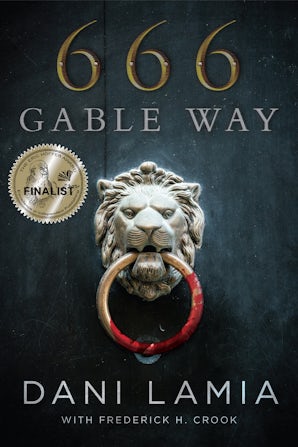
Website: https://www.level4press.com/frederick-h-crook
Amazon Author Page: https://www.amazon.com/Frederick-H.-Crook/e/B00P83FW02/
Carl R. Brush

Facebook: https://www.facebook.com/CarlrBrush
Amazon Author Page: https://www.amazon.com/kindle-dbs/entity/author/B00DCXPH64
Samantha Cross

Facebook: https://www.facebook.com/AuthorSamanthaCross
Amazon Author Page: https://www.amazon.com/Samantha-Cross/e/B00XCJY7YG/
Brandon Harper

Facebook: https://www.facebook.com/ThePersonalConversation
Amazon Author Page: https://amzn.to/33GPBUG
Maighread MacKay/Margaret Hefferman

Website: https://www.mhefferman.ca/
Amazon Author Page: https://www.amazon.com/Maighread-MacKay/e/B00JL4G96U
Natalie O’Neil

Facebook: https://www.facebook.com/profile.php?id=100009303143077
Amazon Author Page: https://www.amazon.com/Natalie-ONeil/e/B0147DXLGK
Austen Knowles/Lacy S. Kinsley

Amazon Author Pages: https://www.amazon.com/Austen-Knowles/e/B00BH8KRBG/
https://www.amazon.com/Lacy-S.-Kinsley/e/B00B6XSQ9W
Francis H. Powell
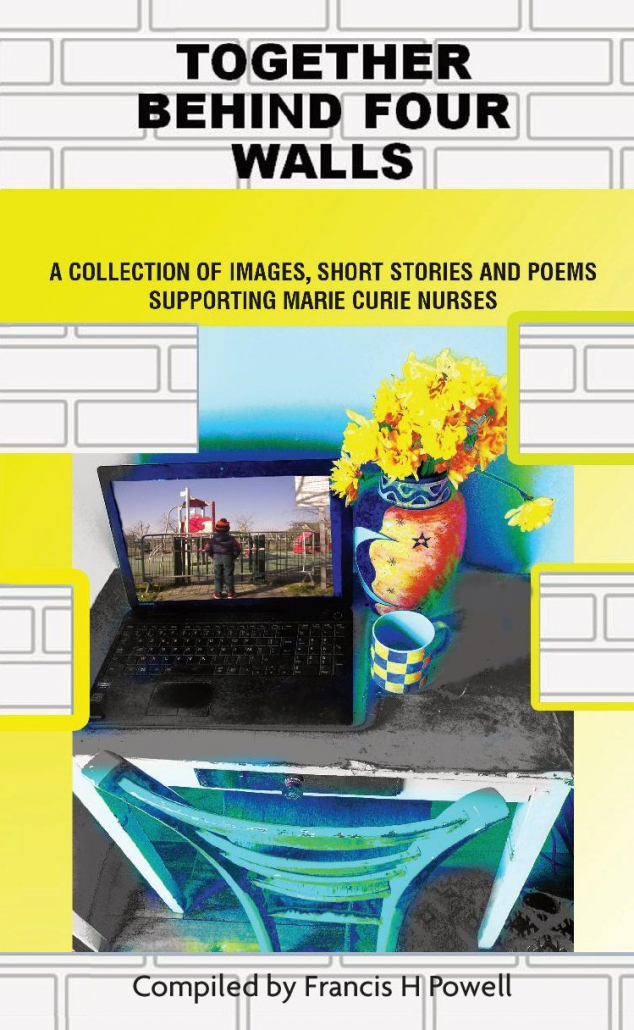
Website: http://theflightofdestiny.yolasite.com/
Anthology purchase page: https://www.goldcrestbooks.com/together-behind-four-walls/
Amazon Author Page: https://www.amazon.com/Francis-H-Powell/e/B00WSWYVNK/
Gloria Weber

Website: https://gloriaweber.wordpress.com/
Amazon Author Page: https://amzn.to/3nBggZO
Linda L. Picl

Facebook: https://www.facebook.com/linda.k.picl
Website: https://lpicl.wordpress.com/
Kris Noel

Amazon Author Page:
https://www.amazon.com/kindle-dbs/entity/author/B00J4V2JE6
https://amzn.to/3IPICIc
Rachael Stapleton

Website: https://rachaelstapleton.com/
Amazon Author Page: https://www.amazon.com/Rachael-Stapleton/e/B00IE9W804/
Mel Massey

Amazon Author Page: https://www.amazon.com/Mel-Massey/e/B00ID9Z9D8/
Dan Buri

Website: https://www.nothinganygood.com/
Amazon Author Page: https://www.amazon.com/Dan-Buri/e/B01690UJQE/
Arie Farnam

Website: http://www.ariefarnam.com/
Amazon Author Page: https://amzn.to/3fz6rqZ
Ginger Ring

Facebook: https://www.facebook.com/gingerringwriter
Amazon Author Page: https://www.amazon.com/Ginger-Ring/e/B00FOXTYYG/
Tammy Tate

Website/Blog: http://authortammytate.blogspot.com
Amazon Author Page: https://www.amazon.com/Tammy-Tate/e/B00EKHFPK4
N.D. Jones

Website: https://www.ndjonesparanormalpleasure.com/
Amazon Author Page: https://www.amazon.com/N-D-Jones/e/B00BMD0IQK
JW Stacks

Website: https://bookstogonow.com/tb-author/jw-stacks/
Amazon Author Page: https://www.amazon.com/JW-Stacks/e/B00BKQR6IC
Susanne Matthews

Website: https://mhsusannematthews.ca/
Amazon Author Page: https://www.amazon.com/Susanne-Matthews/e/B00DJCKRP4/
Jaci Burton
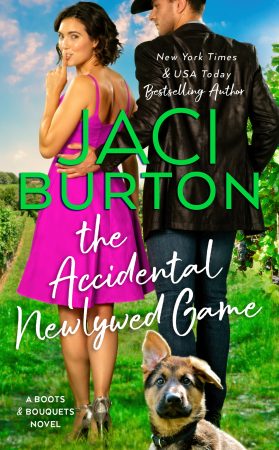
Website: https://jaciburton.com/
Amazon Author Page: https://www.amazon.com/Jaci-Burton/e/B001JSJO68/
Michele E. Gwynn

Amazon Author Page: https://www.amazon.com/Michele-E-Gwynn/e/B006M6U42U/
Aubree Lane

Website: https://aubreelane.wixsite.com/author-aubree-lane
Amazon Author Page: https://www.amazon.com/Aubree-Lane/e/B00FTBQP4U
Carol Ann Kauffman

Website: https://carolannkauffman.weebly.com/
Amazon Author Page: https://www.amazon.com/Carol-Ann-Kauffman/e/B0076OMJY8/
Sharon Kleve

Website: http://authorsharonkleve.blogspot.com/
Amazon Author Page: https://www.amazon.com/Sharon-Kleve/e/B006JAH14S/
Alison Jean Ash

Amazon Author Page: https://www.amazon.com/Alison-Jean-Ash/e/B005C6FOY4/
Jennifer Chambers

Website: https://www.youareresilient.net/
Amazon Author Page: https://www.amazon.com/Jennifer-Chambers/e/B004KJLS1M/
Lacey London

Amazon Author Page: https://www.amazon.com/Lacey-London/e/B00PPMP328/
Susan Buchanan

Amazon Author Page: https://www.amazon.com/Susan-Buchanan/e/B007N6KZXQ/
Alisa Mullen

Website: https://www.alisadubay.com/
Amazon Author Page: https://www.amazon.com/Alisa-Mullen/e/B00IFTZ05I
Mark H. Newhouse

Website: https://newhousecreativegroup.com/book-author/mark-h-newhouse/
Amazon Author Page: https://www.amazon.com/Mark-H.-Newhouse/e/B001K8Z7YU/
Viv Drewa

Amazon Author Page: https://www.amazon.com/Viv-Drewa/e/B00J1PTJ20/
Silvia Villalobos

Website: https://silviatomasvillalobos.wordpress.com/
Amazon Author Page: https://www.amazon.com/Silvia-Villalobos/e/B00U8AB0QK/
Sheila R. Lamb

Website: https://sheilarlamb.com/
Amazon Author Page: https://www.amazon.com/Sheila-R-Lamb/e/B005JLDEXA/
David B. Chandler/David Chandler

Facebook: https://www.facebook.com/david.chandler.142
Goodreads: https://www.goodreads.com/author/show/2899586.David_B_Chandler
A.L. Means/A. Silenus/Andrew Means

Podcast: https://www.amazon.com/Good-Tech-Fest-Podcast/dp/B09RTQMXHK/
Website: http://asilenus.blogspot.com/
Amazon Author Page: https://www.amazon.com/A-Silenus/e/B005W3XCK0/
https://www.amazon.com/A-L-Means/e/B08YWR7S9M
https://amzn.to/3Iknolz
Luke Green

Amazon Author Page: https://www.amazon.com/Luke-Green/e/B00ECEF3BG/
Richard Ayre

Amazon Author Page: https://www.amazon.com/Richard-Ayre/e/B00Y8X8QJM/
Cynthia Ley/Cyn Ley

Amazon Author Page: https://www.amazon.com/Cynthia-Ley/e/B00MNUALK4/
Heidi Renee Mason

Amazon Author Page: https://www.amazon.com/Heidi-Renee-Mason/e/B014VO7AM6/
K.A. Davis/Kathleen Andrews Davis

Amazon Author Page: https://www.amazon.com/Kathleen-Andrews-Davis/e/B00N3YFEMY
Ashley Fontainne

Facebook: https://www.facebook.com/ashley.fontainne
Amazon Author Page: https://www.amazon.com/Ashley-Fontainne/e/B0055O0VBY/
Wayne Neely

Facebook: https://www.facebook.com/wayne.neely.5
Goodreads: https://www.goodreads.com/author/show/2166429.Wayne_Neely
Amazon Author Page: https://www.amazon.com/Wayne-Neely/e/B001JS19W0/
Edita A. Petrick

Amazon Author Page: https://www.amazon.com/Edita-A-Petrick/e/B002BMI57U
Ryan O’Leary

Facebook: https://www.facebook.com/WriterRyanOLeary/
Amazon Author Page: https://www.amazon.com/Ryan-OLeary/e/B00BEJ2NUQ/
Scarlett Jade/Caitlin Tull

Goodreads: https://www.goodreads.com/author/list/7104091.Scarlett_Jade
https://www.goodreads.com/author/show/14117296.Caitlin_Tull
Nicole Andrews Moore

Website: http://thedreamersdoproject.com/about/
Amazon Author Page: https://www.amazon.com/Nicole-Andrews-Moore/e/B0050J14P6/
Susan Stoker

Website: https://www.stokeraces.com/
Amazon Author Page: https://www.amazon.com/Susan-Stoker/e/B00KEZX468/
Palessa

Website: https://www.authorpalessa.com/
Amazon Author Page: https://www.amazon.com/Palessa/e/B00IMLM4VW
Natalie Alder

Facebook: https://www.facebook.com/profile.php?id=100006176148184
Amazon Author Page: https://www.amazon.com/Natalie-Alder/e/B00OG20DOG/
Michael J. Sahno

Website: https://msahno.com/
Amazon Author Page: https://www.amazon.com/Michael-J.-Sahno/e/B018PTN964/
Barbara Weitzner

Facebook: https://www.facebook.com/barbara.weitzner
Contest Winner – 2022: https://letsgetpublished.com/away-from-the-world-and-the-horrific-things-that-happen-in-it-barb-weitzner/
Amazon Author Page: https://amzn.to/3KUQHx3
Vanayssa Somers

Facebook: https://www.facebook.com/vanayssasomers
Amazon Author Page: https://www.amazon.com/kindle-dbs/entity/author/B006QY6WTM
E.B. Sullivan

Website: http://www.ebsullivan.com/
Amazon Author Page: https://www.amazon.com/E.B.%20Sullivan/e/B00895GBJC/
Alicia Sparks

This book collection in other languages: https://www.amazon.com/Alicia-Sparks/e/B00GAA4LEU
Andrea Perno

Amazon Author Page: https://www.amazon.com/kindle-dbs/entity/author/B00LQ9TDDY
Elliot Richard Dorfman
(passed away in May 2017, just discovered this)
***Rest in peace – you will be missed

Website: https://elrite.webs.com/
Facebook Fan Club: https://www.facebook.com/groups/1116078271773785
Frank Borne

Facebook: https://www.facebook.com/authorfrankborne/
Amazon Author Page: https://www.amazon.com/kindle-dbs/entity/author/B00MDG2AK2
Linda Covella

Website: https://lindacovella.com/
Amazon Author Page: https://www.amazon.com/Linda-Covella/e/B00MBR9II0/
Belinda Celayir

Facebook: https://www.facebook.com/belinda.celayir.5
Amazon Author Page: https://amzn.to/3J2Jjht
John Stamp

Website: https://johnstampwriter.com/
Amazon Author Page: https://www.amazon.com/John-Stamp/e/B01A7D021G/
Natasha D. Lane

Author Links List: https://linktr.ee/NDLWrites
Karen Milstein

Amazon Author Page: https://www.amazon.com/Karen-Milstein/e/B00R6AK7TQ
Theresa Dalayne

Instagram: https://www.instagram.com/authortheresadalayne/
Amazon Author Page: https://www.amazon.com/Theresa-DaLayne/e/B00J7E8C96
Anthony Rudzki

Facebook: https://www.facebook.com/people/Anthony-Rudzki/1676691415
Goodreads Author Page: https://www.goodreads.com/author/show/13473351.Anthony_Rudzki
Tracy Kincaid

Facebook: https://www.facebook.com/tracykincaidauthor
Amazon Author Page: https://www.amazon.com/Tracy-Kincaid/e/B0121XT1W6/
Linda Diane Wattley

Facebook: https://www.facebook.com/Lindadianewattley
Amazon Author Page: https://amzn.to/3Gs2NtU
Sandra Perez Gluschankoff

Website: https://www.palabrasandstories.com/
Amazon Author Page: https://www.amazon.com/Sandra-Perez-Gluschankoff/e/B009TDKBNU/
Jim Cronin

Website: https://jimcroninscienceedutainer.weebly.com/
Amazon Author Page: https://www.amazon.com/Jim-Cronin/e/B01C1V5OF6/
Tory Allyn

Twitter: https://twitter.com/toryallyn
Amazon Author Page: https://www.amazon.com/Tory-Allyn/e/B00JHRCMHG/
Theresa Mae

Amazon Author Page: https://www.amazon.com/Theresa-Mae/e/B00AO7HM46/
Chad McClendon

Website: http://www.cmcfiction.net/NewSiteLayout/index.html
Amazon Author Page: https://www.amazon.com/Chad-McClendon/e/B01EB19SB0/
Kim Smith

Website: https://www.writergroupie.net/
https://www.kimsmithauthor.com/
Amazon Author Page: https://www.amazon.com/Kim-Smith/e/B002UCXWCO/
Kelli Sue Landon

Twitter: https://twitter.com/kellisuelandon
Amazon Author Page: https://www.amazon.com/kindle-dbs/entity/author/B004AVSSLS
Lana K. Dempsey

Pinterest: https://www.pinterest.com/lanakdempsey/_saved/
Amazon Author Page: https://www.amazon.com/Lana-K.-Dempsey/e/B01DWSO7LO/
D.L. Owens

Instagram: https://www.instagram.com/a_moody_artist/
Author Pages: https://www.amazon.com/d.-l.-owens/e/B01N7X4FHU
https://books.apple.com/us/author/d-l-owens/id1126390032
Q.L. Pearce

Website: https://www.qlpearce.com/
Amazon Author Page: https://www.amazon.com/Q.-L.-Pearce/e/B001H9RTXO/
Chelsea Quinn Yarbro

Facebook: https://www.facebook.com/AuthorChelseaQuinnYarbro
Amazon Author Page: https://www.amazon.com/Chelsea-Quinn-Yarbro/e/B000APXGJ2/
Uvi Poznansky

Website: http://uviart.blogspot.com/
Amazon Author Page: https://www.amazon.com/Uvi-Poznansky/e/B006WW4ZFG/
C.L. Bush

Facebook: https://www.facebook.com/authorclbush/
Amazon Author Page: https://www.amazon.com/kindle-dbs/entity/author/B017OA7HV8
CS Patra

Facebook: https://www.facebook.com/CS-Patra-Author-297508030352688/
Amazon Author Page: https://www.amazon.com/CS-Patra/e/B00BJAFVD6/
M.R. Rutter

Facebook: https://www.facebook.com/MRRutter.author/
Amazon Author Page: https://www.amazon.com/M-R-Rutter/e/B01NA7ECOQ
Margaret Egrot

Website: https://writingandbreathing.wordpress.com/
Amazon Author Page: https://www.amazon.com/Margaret-Egrot/e/B00RVO1BHO/
Henry Anderson

Website: https://henryandersonbooks.com/
Amazon Author Page: https://www.amazon.com/Henry-Anderson/e/B01JAS49AO/
Jane Riddell

Twitter: https://twitter.com/JaneRiddell
Amazon Author Page: https://www.amazon.com/Jane-Riddell/e/B00B9E4ABQ/
Christopher Davis/TJ Adams

Facebook: https://www.facebook.com/christopherdaviswritesfiction/
Amazon Author Page: https://www.amazon.com/kindle-dbs/entity/author/B008I8VTDI
https://www.amazon.com/kindle-dbs/entity/author/01JAY5WZ4
Tanya W. Newman

Website: https://www.tanyawnewman.com/
Amazon Author Page: https://www.amazon.com/Tanya-W.-Newman/e/B01E1LG26E/
Stef Smulders
Facebook: https://www.facebook.com/italie.emigratie.verhalen
Amazon Author Page: https://www.amazon.com/kindle-dbs/entity/author/B00OPVPTSS
Mikki Smith

Facebook: https://www.facebook.com/mikki.smith.7
Amazon Author Page: https://www.amazon.com/kindle-dbs/entity/author/B01C1118L0
David M. Mannes

Website: https://davidmannes.wixsite.com/david-mannes
Amazon Author Page: http://www.amazon.com/David-M.-Mannes/e/B004RQNWNA
Natalie Silk

Amazon Author Page: https://www.amazon.com/kindle-dbs/entity/author/B00EA8VY76
Grey Francis

Website: http://greyfrancis.com/
Amazon Author Page: https://www.amazon.com/kindle-dbs/entity/author/B095PWXT1Y
Cleo Scornavacca

Facebook: https://www.facebook.com/cleoscornavaccabooks/
Amazon Author Page: https://www.amazon.com/Cleo-Scornavacca/e/B00FW92ILS/
Jill Marie Denton

Website: https://www.jillmariedenton.com/
Amazon Author Page: https://www.amazon.com/Jill-Marie-Denton/e/B01D3HTLVA/
Monica DeSimone

Facebook: https://www.facebook.com/monica.desimone.7
Amazon Author Page: https://www.amazon.com/Monica-DeSimone/e/B01NAFZFKS
Tracie Podger

Facebook: https://www.facebook.com/TraciePodgerAuthor/
Amazon Author Page: https://www.amazon.com/kindle-dbs/entity/author/B00HA1ORO2
Tom Starita

Twitter: https://twitter.com/TomStarita
Amazon Author Page: https://www.amazon.com/Tom-Starita/e/B00AONTVIK/
Nikki Ashton

Website: https://www.nikkiashtonbooks.co.uk/
Amazon Author Page: https://www.amazon.com/Nikki-Ashton/e/B00C7QKDE8/
Hayley Oakes

Facebook: https://www.facebook.com/AuthorHayleyOakes/
Amazon Author Page: https://www.amazon.com/Hayley-Oakes/e/B00GIZ9XCW/
Laura Barnard

Website: https://www.laurabarnardbooks.co.uk/
Amazon Author Page: https://www.amazon.com/Laura-Barnard/e/B00E4WTI26/
Nina Mason

Facebook: https://www.facebook.com/nina.mason.712
Amazon Author Page: https://www.amazon.com/Nina-Mason/e/B00J5N2PX8/
Honcho Mars

Facebook: https://www.facebook.com/Honcho.Mars78
Instagram: https://www.instagram.com/honcho_mars/
Mark Giglio

Facebook: https://www.facebook.com/markgiglioauthor
Amazon Author Page: https://www.amazon.com/Mark-D.-Giglio/e/B00NID9AAW
Dating Connections/Dating Connect

Website: https://www.facebook.com/datingconnect
Twitter: https://twitter.com/DatingConnect
RB Hilliard

Facebook: https://www.facebook.com/authorrbhilliard/
Amazon Author Page: https://www.amazon.com/R.B.-Hilliard/e/B00M1WO85S/
Leah Hamrick

Website: https://twitter.com/kookycharacters
Amazon Author Page: https://www.amazon.com/Leah-Hamrick/e/B01MSHHOUS/
Adriana Kraft

Website: https://adrianakraft.com/
Amazon Author Page: https://www.amazon.com/Adriana-Kraft/e/B002DES9Z4
Jenny Lynn

Twitter: https://twitter.com/JennyLynnWriter
Amazon Author Page: https://www.amazon.com/Jenny-Lynn/e/B0716YVDK3/
Ricardo Mejías

Facebook: https://www.facebook.com/ricardo.mejias.752
Amazon Author Page: https://www.amazon.com/Ricardo-Mejias/e/B004WXEYFI/
Toni Kenyon

Website: https://www.tonikenyon.com/
Amazon Author Page: https://www.amazon.com/Toni-Kenyon/e/B0093YHFYI/
Beverley Oakley/Beverley Eikli

Website: https://beverleyoakley.com/
Amazon Author Page: https://www.amazon.com/Beverley-Oakley/e/B01HOFCS8K/
https://www.amazon.com/kindle-dbs/entity/author/B0034Q44E0
Serge de Moliere

Facebook: https://www.facebook.com/people/Serge-de-Moliere/100009567217654
Amazon Author Page: https://www.amazon.com/Serge-de-Moliere/e/B00Y6YHTR8/
Jeffery Martin Botzenhart

<Twitter: https://twitter.com/JBotzenhart
Amazon Author Page: https://www.amazon.com/Jeffery-Martin-Botzenhart/e/B00OW8QZ6O
Aisha Malik

Facebook: https://www.facebook.com/authoraishamalik/
Amazon Author Page: https://www.amazon.com/Aisha-Malik/e/B071WWF6FC/
Caris Roane

Website: http://carisroane.com/
Amazon Author Page: https://www.amazon.com/Caris-Roane/e/B0043YWE1M/
H.D. Thomson

Website: https://hdthomson.com/
Amazon Author Page: https://www.amazon.com/H.-D.-Thomson/e/B0069DZ1KG
Victoria Johns/Karen Proudlove

Amazon Author Page: https://amzn.to/3vXAWzE
J.J. Montgomery

Website: https://jjmontgomery.wordpress.com/
Instagram: https://www.instagram.com/jmontgomerywrites/
Rachael Tamayo

Website: https://rachaeltamayowrites.com/
Amazon Author Page: https://www.amazon.com/Rachael-Tamayo/e/B01HC2VZ0C/
Sarah J. Pepper

Facebook: https://www.facebook.com/sarahjpepper.author
Amazon Author Page: https://www.amazon.com/Sarah-J.-Pepper/e/B007YHT7XS/
Molly V. Lovell

Facebook: https://www.facebook.com/MollyVLovell
Raelle Logan

Instagram: https://www.instagram.com/raelle_logan/
Amazon Author Page: https://www.amazon.com/stores/Raelle-Logan/author/B01FURGRB8
Andrea Roche

Website: https://andrearoche.allauthor.com/
Nermin Bezmen

Website: https://www.kurtseytandshura.com/
Amazon Author Page: http://amzn.to/2Ao8jjr
Bry Ann

Website: https://www.authorbryann.com/
Amazon Author Page: https://www.amazon.com/Bry-Ann/e/B077MHVFDF/
CJ Warrant

Facebook reader group: https://www.facebook.com/groups/167874440806362
Amazon Author Page: https://www.amazon.com/CJ-Warrant/e/B01BTK1T40
Mary Martinez

Website: https://www.marymartinez.com/
Amazon Author Page: https://www.amazon.com/Mary-Martinez/e/B006MWJ1T6/
Kathleen Rowland

Facebook: https://www.facebook.com/kathleen.rowland.50
Amazon Author Page: https://www.amazon.com/Kathleen-Rowland/e/B007RYMF7S
Erin Kane Spock

Facebook: https://www.facebook.com/Spockromance
Amazon Author Page: https://www.amazon.com/Erin-Kane-Spock/e/B077D2KN1N
Laura Strickland

Website: http://laurastricklandbooks.com/
Amazon Author Page: https://www.amazon.com/Laura-Strickland/e/B001KHSACW
Sibelle Stone/Deborah Schneider

Website: http://www.debschneider.com/
https://www.facebook.com/authorsibellestone/
Amazon Author Page: https://www.amazon.com/Sibelle-Stone/e/B005XGQ2F8
https://www.amazon.com/Deborah-Schneider/e/B0032R62UU
Kim Knight

Website: https://kimknightauthor.com/
Amazon Author Page: https://www.amazon.com/Kim-Knight/e/B01LY7KAJP
Ella Medler

Website: https://ellamedlerediting.yolasite.com/
Amazon Author Page: https://www.amazon.com/Ella-Medler/e/B007FVQTFW
Sherry Soule/S.A. Soule

Websites: http://sherrysoule.blogspot.com/
https://bookcover-designs.blogspot.com/
Amazon Author Pages: https://www.amazon.com/Sherry-Soule/e/B0104Y33KK/
https://www.amazon.com/S.-A.-Soule/e/B017Y1KM2I/
Melisa Marzett

Website: https://getessayeditor.com/
Facebook: https://www.facebook.com/melisa.marzett
C. Kindler

Goodreads: https://www.goodreads.com/author/show/6492046.C_Kindler
Amazon Author Page: http://amzn.to/2HxGN2P
Pandora Spocks

Website: https://pandoraspocks.me/
Amazon Author Page: https://www.amazon.com/Pandora-Spocks/e/B010127KOU/
Massimo Marino

Twitter: https://twitter.com/Massim0Marin0
Amazon Author Page: https://www.amazon.com/Massimo-Marino/e/B008O53L5O
Debra Taylor

Facebook: https://www.facebook.com/groups/weightwhatonline
Talkspace

>Website: https://www.talkspace.com/
Instagram: https://www.instagram.com/talkspace/
Clayton Graham

Website: https://claytongraham.com.au/
Facebook: https://www.facebook.com/claytongrahamauthor/
Amazon Author Page: https://www.amazon.com/Clayton-Graham/e/B01A6J728C
Leslie Wolfe

Website: https://lesliewolfe.com/
Amazon Author Page: https://www.amazon.com/Leslie-Wolfe/e/B00KR1QZ0G/
K.T. Rose

Website: https://www.kyrobooks.com/
Amazon Author Page: https://www.amazon.com/K.-T.-Rose/e/B01N4T91M2/
Madelon Smid
Website: https://www.madelonasmid.com/
Amazon Author Page: https://www.amazon.com/Madelon-Smid/e/B01A7PVJO8/
Jeannette de Beauvoir

Website: https://homeportpress.com/welcome/jeannette-de-beauvoir/
Amazon Author Page: https://www.amazon.com/Jeannette-de-Beauvoir/e/B00JC3FHK4/
Andie M. Long

Website: https://www.andiemlongwriter.com/
Amazon Author Page: https://www.amazon.com/Andie-M-Long/e/B00HP5D2NK/
Emery LeeAnn

Amazon Author Page: https://www.amazon.com/Emery-LeeAnn/e/B01N0TBIT7/
Raven Amor

Amazon Author Page: https://www.amazon.com/Raven-Amor/e/B08426WMMF
Claire C. Riley

Amazon Author Page: https://www.amazon.com/Claire-C-Riley/e/B00CCCSF06
Shannon Youngblood

Amazon Author Page: https://www.amazon.com/Shannon-Youngblood/e/B01HY7B3CA
Kat T. Masen

Amazon Author Page: https://www.amazon.com/Kat-T-Masen/e/B00NBVYF9W
Cassia Brightmore

Amazon Author Page: https://www.amazon.com/Cassia-Brightmore/e/B00U8B5WBI
Leaona Luxx

Amazon Author Page: https://www.amazon.com/Leaona-Luxx/e/B01LZ99FML
William Joseph

Amazon Author Page: https://www.amazon.com/William-Joseph/e/B074ZJ7D4K
A.K. MacBride

Amazon Author Page: https://www.amazon.com/A-K-MacBride/e/B079L5DK79
K.I. Lynn

Amazon Author Page: https://www.amazon.com/K-I-Lynn/e/B00CHSZ81E
Ryleigh Sloan

Amazon Author Page: https://www.amazon.com/Ryleigh-Sloan/e/B07DN58DKF
Erin Trejo

Amazon Author Page: https://www.amazon.com/Erin-Trejo/e/B00U0RXH80
C. Firecox

Amazon Author Page: https://www.amazon.com/C-Firecox/e/B089YHF32Z
B.L. Olson

Amazon Author Page: https://www.amazon.com/B-L-Olson/e/B07F8BL95Y
M.A. Foster

Amazon Author Page: https://www.amazon.com/M-A-Foster/e/B06XG6TYK1
McKenna Dean/M.K. Dean

Instagram: https://www.instagram.com/mckennadeanromance/
Amazon Author Pages: https://www.amazon.com/-/e/B075CRHQ7B/
https://www.amazon.com/M-K-Dean/e/B099S58CPX
Sara F. Hathaway

Twitter: https://twitter.com/sarahathaway19
Amazon Author Page: https://www.amazon.com/Sara-F.-Hathaway/e/B00KI1EYJ4
M.K. Dawn

Website: https://mkdawnauthor.com/index.html
Amazon Author Page: https://www.amazon.com/M.K.-Dawn/e/B01IFXA84G
H.A. Leuschel

Website: https://www.heleneleuschel.com/
Amazon Author Page: https://www.amazon.com/H.A.-Leuschel/e/B01GU5PZ9Y
Sam Boush

Website: http://boushbooks.com/
Amazon Author Page: https://www.amazon.com/Sam-Boush/e/B078J5QN91/
Roxanne D. Howard

Newsletter Sign-up: https://roxannedhoward.com/subscribe/
Amazon Author Page: https://www.amazon.com/Roxanne-D.-Howard/e/B01BURXAVW
Barbara Monajem

Website: http://www.barbaramonajem.com/
Amazon Author Page: https://www.amazon.com/gp/product/B09M2NJL1Q/
Frank McKinney

Website: https://www.frank-mckinney.com/
Amazon Author Page: https://www.amazon.com/Frank-McKinney/e/B001HCVBEY/
Kenneth Sumerford
(passed away on 4/16/22)
***Rest in peace – you will be missed

Amazon Author Page: https://www.amazon.com/Mr.-Kenneth-S.-Sumerford/e/B0798FXQKG/
Richard Godwin
Website: https://www.richardgodwin.net/
Amazon Author Page: https://www.amazon.com/Richard-Godwin/e/B004YQVTRY/
WomELLE/Naghilia Desravines

Website: https://www.womelle.com/
Facebook: https://www.facebook.com/womelle/
Founder/CEO’s Amazon Author Page: https://www.amazon.com/Naghilia-Desravines/e/B00MCJH47O/
Laura McNeill

Amazon Author Page: https://www.amazon.com/Laura-McNeill/e/B00QPP4QKY
Rhonda Kinard

Amazon Author Page: https://amzn.to/3Pmpwft
Dr. Catherine Hayes

Amazon Author Page: https://www.amazon.com/Catherine-Hayes/e/B075LHG3MK
Trina Ramsey

Amazon Author Page: https://www.amazon.com/Trina-Ramsey/e/B077GDG6NM
Kirsten Blakemore

Amazon Author Page: https://www.amazon.com/kindle-dbs/entity/author/B08746HPBD
Leslie Thomas Flowers

Amazon Author Page: https://www.amazon.com/Leslie-Flowers/e/B00L2MC3NC/
Rose Jones

Amazon Author Page: https://www.amazon.com/Rose-Jones/e/B00ENITHNQ
Divya Parekh

Amazon Author Page: https://www.amazon.com/Divya-Parekh/e/B01MXJ4F2E
Tracie L. James

Amazon Author Page: https://www.amazon.com/Tracie-L-James/e/B08X6QNK7D
Maggie Georgopoulos

Amazon Author Page: https://www.amazon.com/Maggie-Georgopoulos/e/B072XFYNNL
Dana Ross

Website/Blog: https://mysocalledwritinglife.wordpress.com/
Amazon Author Page: https://www.amazon.com/Dana-Ross/e/B07M73T6ZM/
Autumn Bardot

Website: https://autumnbardot.com/
Instagram: https://www.instagram.com/autumnbardot/
Amazon Author Page: https://www.amazon.com/Autumn-Bardot/e/B07DMC7ZB6/
Aaron Dennis

Website: https://storiesbydennis.com/
Amazon Author Page: https://www.amazon.com/Aaron-Dennis/e/B009AUUAY2/
Cindy Fazzi/Vina Arno

Website: https://www.cindyfazzi.com/
https://twitter.com/CindyFazzi
Amazon Author Page: https://www.amazon.com/Cindy-Fazzi/e/B001K8ZG3W/
https://www.amazon.com/Vina-Arno/e/B00R1RYE8E
James Glass

Facebook: https://www.facebook.com/james.glass.940
Amazon Author Page: https://www.amazon.com/James-Glass/e/B00B1XI25K/
Heather Boyd

Website: https://www.heather-boyd.com/
Amazon Author Page: https://www.amazon.com/Heather-Boyd/e/B003O9ENX4/
Jonah Evarts

Website: https://jonahevarts.wixsite.com/mysite
Amazon Author Page: https://www.amazon.com/Jonah-Evarts/e/B07L22FSJJ
S.V. Cobets

Facebook: https://www.facebook.com/svcobets
Amazon Author Page: https://www.amazon.com/Stjepan-Varesevac-Cobets/e/B01CJOFMPC
https://www.amazon.com/Stjepan-Cobets/e/B01CGBCVMU/
Robert Sells

Website: https://www.facebook.com/geneseo4444
Amazon Author Page: https://www.amazon.com/Robert-Sells/e/B007A6481Y
Eric Silverstein

Website: https://thepeachedtortilla.com/
Amazon Author Page: https://www.amazon.com/Eric-Silverstein/e/B07PS171FZ/
Alexis Marie Chute

Website: https://alexismariechute.com/
Amazon Author Page: https://www.amazon.com/Alexis-Marie-Chute/e/B00J58VH00/
Eleanor Webster

Website: https://eleanorwebsterauthor.com/
Amazon Author Page: https://www.amazon.com/Eleanor-Webster/e/B00Y1N026E/
Author Duo Mary L. Schmidt/S. Jackson and A. Raymond

Website/Blog: https://whenangelsfly.net/
Facebook: https://www.facebook.com/MMSchmidtAuthorGDDonley
Amazon Author Page: https://www.amazon.com/default/e/B013NRRKR2
Intisar Khanani

Website: http://booksbyintisar.com/
Amazon Author Page: https://www.amazon.com/Intisar-Khanani/e/B00869D4L4/
Dougie Brimson

Website: https://www.dougiebrimson.com/
Amazon Author Page: https://www.amazon.com/Dougie-Brimson/e/B001HMSMVO/
Re:Fiction/Tal Valante

Website: https://refiction.com/
Instagram: https://www.instagram.com/team_refiction/
Tal’s Amazon Author Page: https://amzn.to/3jTSPc4
Alex Hayes

Website: http://alexhayesauthor.com/
Amazon Author Page: https://www.amazon.com/Alex-Hayes/e/B01F4OILQQ/
Christal Mosley

Amazon Author Page: https://www.amazon.com/Christal-Mosley/e/B00G0XNWN8/
Ryan Lanz

Website: https://ryanlanz.com/
https://bookreviewdirectory.com/
Amazon Author Page: https://www.amazon.com/Ryan-Lanz/e/B00Z2GM95G/
Halo Roberts

Facebook Fan Club: https://www.facebook.com/groups/773029749825549/
Amazon Author Page: https://www.amazon.com/Halo-Roberts/e/B07QRNZS8V/
Karina Bartow

Website: https://www.karinabartow.com/
Amazon Author Page: https://www.amazon.com/kindle-dbs/entity/author/B076L4FCGV
P.T. Macias

Facebook: https://www.facebook.com/P.T.MaciasAuthorPage
Amazon Author Page: https://www.amazon.com/-/e/B008B0EYWQ
Charity Parkerson

Website: https://www.charityparkerson.com/
Amazon Author Page: https://www.amazon.com/Charity-Parkerson/e/B004C4I35E/
David W. Thompson/Davina Guy

Twitter: https://twitter.com/Thompson_DavidW
Amazon Author Page: https://www.amazon.com/David-W._Thompson/e/B076L9CF3W
https://www.amazon.com/Davina-Guy/e/B0772VJMP6
Empi Baryeh

Website: https://www.empibaryeh.com/
Amazon Author Page: https://www.amazon.com/Empi-Baryeh/e/B007592E12/
Virginia Babcock

Facebook: https://www.facebook.com/VirginiaBabcockBooks
Amazon Author Page: https://www.amazon.com/Virginia-Babcock/e/B00K8P259G/
S. Cinders

Other Links List: https://linktr.ee/scindersauthor
Amazon Author Page: https://www.amazon.com/S-Cinders/e/B01M6WPKBS/
Pamela Q. Fernandes

Website: https://www.pamelaqfernandes.com/category/everything-writing/
Amazon Author Page: https://www.amazon.com/Pamela-Q.-Fernandes/e/B00HWO5KX4
Khaled Talib

Website: http://khaledtalibthriller.com/
Other Links List: https://linktr.ee/khaledtalibbooks
Amazon Author Page: https://www.amazon.com/Khaled-Talib/e/B00DYPSB72
Sheryl Dee

Website: https://sherylsvoice.com/
Twitter: https://twitter.com/sheryldeem
Amazon Author Page: https://amzn.to/36KWxBX
Jes Drew

Website/Blog: https://agencyofbooksandspies.blogspot.com/
Amazon Author Page: https://www.amazon.com/Jes-Drew/e/B00N4U7ARO/
Judi Getch Brodman

Facebook: https://www.facebook.com/judigetchbrodman/
Amazon Author Page: https://www.amazon.com/Judi-Getch-Brodman/e/B0745KVKFT
Nicolina Martin

Website: https://www.nicolinamartin.com/
Amazon Author Page: https://www.amazon.com/Nicolina-Martin/e/B07GSG5MFF
Alice J Miller

Website: https://www.alicejmiller.com/
Amazon Author Page: https://www.amazon.com/Alice-J-Miller/e/B01D9XOC44/
Bradley Campbell

Amazon Author Page: https://www.amazon.com/Bradley-Campbell/e/B07NNW463N/
Jane Burrelli

Website: https://www.janeburrelli.com/blog
Amazon Author Page: https://www.amazon.com/Jane-Burrelli/e/B01ACPOKD0
Sally Brandle

Website: http://www.sallybrandle.com/
Amazon Author Page: https://www.amazon.com/Sally-Brandle/e/B07DNGP1N7
Bella Jeanisse

Website: http://bellajeanisse.com/
Facebook: https://www.facebook.com/Bella.Jeanisse.Books/
Amazon Author Page: https://www.amazon.com/Bella-Jeanisse/e/B009J0QN6C/
D.E. Haggerty

Website: https://dehaggerty.wordpress.com/
Amazon Author Page: https://www.amazon.com/D.E.-Haggerty/e/B00ECQBURU
Madison Michael

Website: https://www.madisonmichael.net/
Facebook: https://www.facebook.com/madisonmichaelromance
Amazon Author Page: https://www.amazon.com/Madison-Michael/e/B01EVUGG6G/
Don Bapst

Website: https://donbapst.com/
Amazon Author Page: https://www.amazon.com/Don-Bapst/e/B002BLU8JY
David Beeler

Amazon Author Page: https://www.amazon.com/David-Beeler/e/B01LDS46HU
Shawn D. Brink

Website: https://shawnbrinkauthor.wordpress.com/
Amazon Author Page: https://www.amazon.com/Shawn-D-Brink/e/B083HMKC9L/
Dane G. Kroll

Website: http://www.danegkroll.com/
Amazon Author Page: https://amzn.to/3xYMNPu
Dori Ann Dupré

Website: https://freshfiction.com/author.php?id=43896
Amazon Author Page: https://www.amazon.com/Dori-Ann-Dupr%25C3%25A9/e/B01BLKRVSQ
Kathrin Hutson/Sofia Storm

Newsletter Sign-up: https://www.kathrinhutsonfiction.com/newsletter
Amazon Author Page: https://www.amazon.com/Kathrin-Hutson/e/B016N498BS/
Casey Mensing

Website: https://writers.coverfly.com/profile/writer-cc3694b85-53482
Amazon Author Page: https://amzn.to/3Kn2dja
Suzanne Crain Miller

Goodreads: https://www.goodreads.com/author/show/16061561.Suzanne_Crain_Miller
Amazon Author Page: https://www.amazon.com/Suzanne-Crain-Miller/e/B07HDSM68S
Katherine Tomlinson

Website: https://hollywooddementia.com/author/katherine-tomlinson/
Amazon Author Page: https://www.amazon.com/Katherine-Tomlinson/e/B004QLOFVE/
Will Wallace

https://www.amazon.com/Greatest-Story-Ever-Told-Things-ebook/dp/B010TKW4W2/
Liz Butcher

Facebook: https://www.facebook.com/lizbutcherauthor/
Twitter: https://twitter.com/lunaloveliz
Amazon Author Page: https://www.amazon.com/-/e/B00X6XN5O6
R.V. Asher

Blog: https://somethingwickedthiswayloves.blogspot.com/?zx=62f2e9853f068c8c
Amazon Author Page: https://www.amazon.com/R-V-Asher/e/B08GYNJMC3/
Seralynn Lewis

Website/Newsletter Sign-up: https://www.seralynnlewis.com/
Twitter: https://twitter.com/SeralynnAuthor
Amazon Author Page: https://www.amazon.com/~/e/B08G1ZLXLK
Natalie Rodriguez

Twitter: https://twitter.com/NatChrisRod
IMDB: https://www.imdb.com/name/nm6712794/
Instagram: https://www.instagram.com/p/Cc6AV6RPe4a/
Amazon Author Page: https://www.amazon.com/Natalie-Rodriguez/e/B085X3FX6D/
Fenyx Blue
Instagram: https://www.instagram.com/FenyxBlueInk/
Amazon Author Page: https://www.amazon.com/Fenyx-Blue/e/B08GZP21KP/
Desiree Villena

Twitter: https://twitter.com/ReedsyHQ
Instagram: https://www.instagram.com/reedsy_hq/
Wendy Cope
Website: https://literature.britishcouncil.org/writer/wendy-cope
Amazon Author Page: https://www.amazon.com/Wendy-Cope/e/B000APQB9Y/
Roger Robinson

Website: https://literature.britishcouncil.org/writer/roger-robinson
Goodreads: https://www.goodreads.com/author/show/20134686.Roger_Robinson
Peter Finch

Website: http://www.peterfinch.co.uk/aboutpf.htm
Goodreads: https://www.goodreads.com/author/show/890923.Peter_Finch
John Hegley

Website: https://www.johnhegley.co.uk/
Goodreads: https://www.goodreads.com/author/show/552426.John_Hegley
Arthur Smith

Website: https://www.sourceofhumour.com/arthursmithcomedian.html
Goodreads: https://www.goodreads.com/author/show/115453.Arthur_Smith
Neal Zetter
Website: https://authorsalouduk.co.uk/speaker/neal-zetter/
Amazon Author Page: https://www.amazon.com/Neal-Zetter/e/B01KUZVE40
Sally Kindberg

Website: http://www.sallykindberg.co.uk/
Goodreads: https://www.goodreads.com/author/show/273015.Sally_Kindberg
Amazon Author Page: https://amzn.to/3y3iFm7
Lynne Reid Banks
Website: http://www.lynnereidbanks.com/
Goodreads: https://www.goodreads.com/author/show/72237.Lynne_Reid_Banks
Amazon Author Page: https://www.amazon.com/Lynne-Reid-Banks/e/B000AQ3WNQ
Sophia Zaccaria/Scarlett

Full Links List: https://linktr.ee/thesophiazaccaria
Joel Foster

Links: https://commodity.com/about/
https://muckrack.com/joel-foster
Evelyn Sola

Newsletter Sign-up: https://landing.mailerlite.com/webforms/landing/x2g2z9
Facebook: https://www.facebook.com/evelyn.sola.374
Reader Group: https://www.facebook.com/groups/2572728646312337
Amazon Author Page: https://www.amazon.com/Evelyn-Sola/e/B0855QJGYX/
Angela Terry

Website: https://www.angelaterry.com/
Facebook: https://www.facebook.com/AngelaTerryAuthor/
Amazon Author Page: https://www.amazon.com/Angela-Terry/e/B084LDRS7Y/
Emilia Ares

Full Links: https://linktr.ee/Emiliaares
Amazon Author Page: https://www.amazon.com/Emilia-Ares/e/B09BV1ZVH1/
Ivy Nelson

Website: https://www.ivynelsonbooks.com/
Facebook: https://www.facebook.com/IvyNelsonBooks
Amazon Author Page: https://www.amazon.com/Ivy-Nelson/e/B07K5ZB95S/
Dave Chesson


Website: https://kindlepreneur.com/
Twitter: https://twitter.com/davechesson
Additionally, from the beginning of this blog’s launch back in 2013, we’ve had a ton of authors and freelance writers featured. As aforementioned, in actuality, our total amounts to 514 people with their books or work spotlighted in helpful articles, author or character interviews, a few films covered in director interviews, book and blog tour features, massive giveaways, and even authors had their bookshelves showcased.
Wow, that’s great! ♥ It’s made for a huge turnout over the years, for sure.
In any case, below I have listed all the blog posts we had in 2021, divided by respective category. Take a look!
Author Interviews/Character Interviews/Director Interviews
https://marielavender.blogspot.com/2021/01/film-and-book-feature-natalie-rodriguez-the-extraordinary-ordinary-director-interview.html
http://marielavender.blogspot.com/2021/01/character-interview-dillon-mccoy-from-mountain-blaze-by-debby-grahl-western-holiday-contemporary-romance-plus-chat-with-author.html
http://marielavender.blogspot.com/2021/01/new-release-feature-and-brief-questions-steamy-contemporary-small-town-romance-jinx-by-r-v-asher.html
https://writinginthemodernage.weebly.com/blog-posts/blog-tour-feature-love-and-other-sins-by-emilia-ares
https://writinginthemodernage.weebly.com/blog-posts/blog-tour-feature-the-trials-of-adeline-turner-by-angela-terry
New Release/Book Features
https://marielavender.blogspot.com/2021/01/film-and-book-feature-natalie-rodriguez-the-extraordinary-ordinary-director-interview.html
http://marielavender.blogspot.com/2021/01/book-feature-cassies-secrets-inspirational-romance-by-seralynn-lewis.html
http://marielavender.blogspot.com/2021/01/new-release-feature-and-brief-questions-steamy-contemporary-small-town-romance-jinx-by-r-v-asher.html
http://marielavender.blogspot.com/2021/02/anno-2020-psychological-fiction-novel-by-james-morcan.html
http://marielavender.blogspot.com/2021/02/blog-tour-feature-contemporary-young-adult-fiction-the-battle-of-the-bullies-by-fenyx-blue-and-giveaway.html
https://writinginthemodernage.weebly.com/blog-posts/new-release-feature-michael-aronovitz-the-sculptor
https://writinginthemodernage.weebly.com/blog-posts/book-feature-a-look-at-ya-fantasy-novel-fairest-by-sophia-zaccaria
https://writinginthemodernage.weebly.com/blog-posts/blog-tour-feature-ivy-nelsons-forever-plus-a-giveaway
https://writinginthemodernage.weebly.com/blog-posts/new-release-feature-francis-h-powells-anthology-together-behind-four-walls
https://writinginthemodernage.weebly.com/blog-posts/blog-tour-feature-love-and-other-sins-by-emilia-ares
https://writinginthemodernage.weebly.com/blog-posts/blog-tour-feature-the-trials-of-adeline-turner-by-angela-terry
https://writinginthemodernage.weebly.com/blog-posts/blog-tour-feature-and-release-blitz-takedown-by-evelyn-sola
https://writinginthemodernage.weebly.com/blog-posts/new-release-feature-fiona-tarrs-romantic-suspense-deadly-deceit-and-sale-on-book-1
Blog Tour Features
http://marielavender.blogspot.com/2021/02/blog-tour-feature-contemporary-young-adult-fiction-the-battle-of-the-bullies-by-fenyx-blue-and-giveaway.html
https://writinginthemodernage.weebly.com/blog-posts/blog-tour-feature-ivy-nelsons-forever-plus-a-giveaway
https://writinginthemodernage.weebly.com/blog-posts/blog-tour-feature-love-and-other-sins-by-emilia-ares
https://writinginthemodernage.weebly.com/blog-posts/blog-tour-feature-the-trials-of-adeline-turner-by-angela-terry
https://writinginthemodernage.weebly.com/blog-posts/blog-tour-feature-and-release-blitz-takedown-by-evelyn-sola
Guest Posts/Articles/Writing Tips
http://marielavender.blogspot.com/2021/05/how-writing-blog-posts-can-make-you-a-better-fiction-writer-by-desiree-villena-of-reedsy.html
https://writinginthemodernage.weebly.com/blog-posts/seven-ways-to-recover-your-writing-motivation-by-marie-lavender
https://writinginthemodernage.weebly.com/blog-posts/explore-the-a-to-zs-of-writing-by-marie-lavender
https://writinginthemodernage.weebly.com/blog-posts/5-tips-on-how-to-avoid-author-burnout-by-dave-chesson
https://writinginthemodernage.weebly.com/blog-posts/six-methods-to-find-your-own-unique-writing-style-by-joel-foster
Giveaways
http://marielavender.blogspot.com/2021/02/blog-tour-feature-contemporary-young-adult-fiction-the-battle-of-the-bullies-by-fenyx-blue-and-giveaway.html
https://writinginthemodernage.weebly.com/blog-posts/blog-tour-feature-ivy-nelsons-forever-plus-a-giveaway
Marie’s Personal Posts/Other News
https://writinginthemodernage.weebly.com/blog-posts/seven-ways-to-recover-your-writing-motivation-by-marie-lavender
https://writinginthemodernage.weebly.com/blog-posts/were-on-followit
https://writinginthemodernage.weebly.com/blog-posts/explore-the-a-to-zs-of-writing-by-marie-lavender
http://marielavender.blogspot.com/2021/09/office-relocation.html
There were many featured guests and books, as well as additional info that readers and aspiring writers could use throughout the year. WritModAge would be nothing without all the hard work from those participating authors. Also, of course, the blog would mean very little without the fans who stop by all the time. Thank you so much for visiting this blog!
 Image by Prawny from Pixabay.
Image by Prawny from Pixabay.
Warm Regards,
Check out our latest Writing in the Modern Age blog post here.
Hi, readers! We have a real treat in store for you today, a new release by Fiona Tarr, a talented author!
Congratulations on your latest book!
Let's check out the details, shall we?
Title: Deadly Deceit - Book 3 - Foxy Mysteries Series
Author: Fiona Tarr
Genre: Mystery/Crime Fiction/Romantic Suspense
Blurb:
How much will the truth cost?
When Liz Jeffreys changed career paths from high-class escort to PI, she knew it would be exciting. What she never expected was to be investigating the attempted murder of Detective Jack Cunningham’s powerful father—not after everything the corrupt Judge had done, especially sanctioning a hit on her.
Jack is close to cracking the case, until his apartment is raided by a specialist task force investigating outlaw motorcycle gangs. When they find drugs, Jack finds himself on suspension and under investigation. Despite their past and his father’s history with Liz, Jack must turn to her to clear his name and solve his father’s case.
With their budding relationship heating up, Liz will do anything to uncover who framed Jack and help clear his name. But is she willing to lay her life on the line to save his father, after everything he’s done?
Curl up, grab a cuppa and indulge yourself with this mystery, slow burn romantic suspense novel. For lovers of J.D Robb, Janet Evanovich and Melinda Leigh.
Release Date: December 1, 2021
Genre: Mystery/Crime Fiction/Romantic Suspense
Sounds like quite a reading experience here!
Purchase Link: https://books2read.com/u/mlEqPW
Also, book one, Death Beneath the Covers, is on sale for a limited time until December 7th, just for 99 cents!
Don't miss this new release...
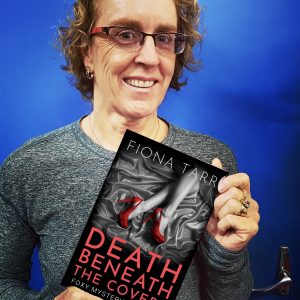
It turns out writing is in the blood. Fiona's Great Uncle was Australian Literary author George Johnston (My Brother Jack) and although her style is different, her Uncle's social commentary tone is evident.
Fiona lives in Noosa Australia with her husband, and not far from her two adult sons. A self-confessed people watcher, Fiona loves to interpret body language and social cues, which you'll find evident in her character development.
Recently compared to Melinda Leigh and Janet Evanovich, Fiona's mystery/romantic suspense novels have been well received.
Join Fiona's Reader Team and discover what motivates her stories, the process she uses to research and to be the first to know about future releases. Just copy and paste this link. https://www.subscribepage.com/c8s0o4_copy
Links:
Bookbub profile
https://www.bookbub.com/authors/fiona-tarr
https://www.facebook.com/fionatarr.atime2write
https://www.instagram.com/fionatarr/
Website
http://www.atime2write.com.au
Goodreads
https://www.goodreads.com/author/show/8423164.Fiona_Tarr
Thanks for stopping by to tell us about your new release, Fiona. Get your copy of this romantic suspense novel, readers!
Check out our latest Writing in the Modern Age guest article here.
How to Avoid Author Burnout – 5 Tips:
a guest post by Dave Chesson
Perhaps it simply came as a form of depression, where we wouldn’t even feel like getting up in the morning, or we would sit at a computer and the words just would not come.
So, what can we do? Well, there are a few things that we can do to improve our recovery from burnout. But far more effective are the techniques we can use to avoid getting burned out in the first place.
In this article, I will examine five of these.
Tip #1: Work Smarter, Not Harder
So, one strategy to get over this problem is to work smarter, not harder.
Imagine if you could get the same amount of work done in half the time. Would that make you feel better? Would you have more time to spend on self-care?
That’s what I’m talking about here, not working more, but getting the same amount of work done in less time so you have more time for yourself.
For authors, there are some proven ways to write faster, which can include:
- Dictation
- Choosing the right music
- Keeping a consistent writing schedule
- Outlining
- Rewarding yourself
- Waiting to edit until you are finished
Try picking one technique and mastering it to see how much time you can save, and you will be amazed at what you are capable of.
Tip #2: Schedule Time Off
But in reality, it works.
There are several types of time off that you should consider. In addition to your typical vacation once or twice a year, I recommend you have at least one day off on your weekend, one extended weekend per quarter (3-4 days), and at least two half-hour breaks throughout your day.
This will not always be possible, but the more you can make time for yourself, the more likely you are to avoid burnout in the first place.
Which brings me to my next point…
Tip #3: Try the Pomodoro Technique
What's most important is that you plan your brakes effectively. This is not a time to check social media, or watch five more minutes of your favorite TV show. During that five minute break, you want to get a drink, go to the bathroom, take a few deep breaths, and move around a little bit.
Tip #4: Go Ergonomic
For that reason, you might want to consider investing in some ergonomic hardware.
Tip #5: Know When to Say No
If we don’t do this, we are likely to end up with far too much on our work plate than we can realistically handle.
So make sure that you know your workload, and that you only say yes to a new request if it is urgent and coming from someone important in your life (such as a boss or a spouse), or if you know for certain that you can get it done in the time allotted.
Remember that you are a writer, and your job is to write. All other tasks are secondary.
Final Thoughts
If you do, I can promise that you will experience increased success, a rested mind, and you will hold burnout off for a little while longer.
Links
http://kindlepreneur.com/
https://www.facebook.com/KindlePreneur/
https://twitter.com/davechesson
Check out our latest Writing in the Modern Age book spotlight here.
Blog Archives
April 2024
October 2023
September 2023
August 2023
July 2023
June 2023
May 2023
April 2023
March 2023
February 2023
March 2022
December 2021
November 2021
October 2021
September 2021
December 2020
December 2019
February 2019
December 2018
December 2017
December 2016
July 2016
December 2015
July 2015
December 2014
December 2013
July 2013
June 2013
May 2013
April 2013
March 2013
A glance at Marie's books
Coming Soon
Blog Awards
Contribute
Cool new feature!
Attention
The fact is…our policy has changed considerably, at least for a while. Check out our 'Blog Policy' for more information about the types of features offered, how you can purchase a guest spot, my policy on review requests, and rules for guest writers. Starting from 2021, I was charging for some types of posts. Of course, there is never a fee for a guest article, as long as you adhere to the blog's theme. I also will not charge for big multi-author events which I host (these are giveaways or participation questions, and it's obvious what materials you're providing). If you'd like to submit a guest book review (no, I don't write book reviews, please don't ask me), I will always accept those and not charge you a fee at all. Starting in 2022, I WILL NO LONGER BE posting new release features, cover reveals, Author's Bookshelf features, author interviews, character interviews, and poetry spotlights. I am far too overwhelmed with other work to do constant blog posts. I'll still be writing my own articles sometimes and hosting multi-author special features. For companies that can afford a sponsored post, I'm willing to discuss a reasonable quote for a specialized article which fits within the blog's theme (No blatant promotions). Email me at
marieannlavender@
gmail.com
if you wish to participate in a unique post. Feel free to approach me with your creative ideas about a blog post. Slots at Writing in the Modern Age are always first come, first served. Contact us and reserve a spot! Refer to the 'guest schedule' at the top of the screen for further clarification about availability. Thanks for understanding.
Disclaimer
Thoughts and opinions by guest authors do not necessarily represent any thoughts and opinions by this website's administrator, nor are they directly endorsed. All writings on the blog are subject to review and editing. Please visit our blog policy to understand the site's theme a little better.
Use our hashtag #WritModAge when you mention us!
Should you edit your own work? Definitely! - The Ultimate Guide to Editing a Book
Are you a technical writer? Look no further for some tools of the trade!
Love physical books like me? Check out this cool DIY link!
Sign up for Marie's author newsletter! Get on her mailing list @
Blog Categories
All
2013
2014
2015
2016
2017
2018
2019
2020
2021
2023
99 Cents
Accidental Marriage
Achievements
Adult
Advice
Amazon Gift Card
Angela Terry
Annual
Anthology
Article
Articles
Author Interview
Authors
Authors Helping Authors
Authors Helping Writers
Author Website
Autumn Bardot
Avoiding Burnout
BDSM
Behind The Scenes
Blog
Blog Post
Blog Tour
Book
Book Covers
Book Interview
Book Lovers
Book Review
Books
Bookshelf
Branka Čubrilo
Challenges
Characterization
Chick Lit
Children's Books
Clean Romance
Collection
Coming Soon
Contemporary
Contemporary Romance
Cover Design
Cozy Mystery
Cozy Paranormal
Creative Solutions
Creativity
Crime
Culinary Theme
Dark Fantasy
Dave Chesson
Day In The Life
Deadly Deceit
Description
Discount
DIY
DJ Swykert
Drama
Drinking
Editing
Emilia Ares
Enemies To Lovers
Erotica
Erotic Romance
Evelyn Sola
Event
Family Life
Fantasy
Fantasy Romance
Feature
Features
Fiction
Finding A Good Editor
Fiona Tarr
Food Fiction
Forever
Francis H. Powell
Freelance
Friday Abumere
Friends To Lovers
Genre
Genres
Gentle Sensuality
George Veck
Giveaway
Gothic Novel
Guest Authors
Guest List
Guest Post
Guest Writer
Haunting In Hartley
Helpful
Heroes And Villains
Historical Fiction
Historical Romance
Holidays
Hope
Horoscope
Horror
Human Condition
Humorous Fiction
Inspirational
Interview
Interviews
Isobelle Cate
Ivy Nelson
Jaime Martinez-Tolentino
Janice Tremayne
Journaling
KateMarie Collins
Laura Graham
Legends Of Lust
Lessons
LGBT
Linda Heavner Gerald
List
Literary Fiction
Love
Love And Other Sins
Marketing
Mary Maddox
Mathis Bailey
Memoir
Message
Michael Aronovitz
Mindset
Morality
Multicultural Fiction
Multicultural Romance
Mystery
Mythology
New Adult
New Author Tips
New Book
New Release
New Year
Non-fiction
Novella
Novels
One Visit
Optimism
Paranormal
Poems
Poetry
POV
Promo
Promotion
Psychological
PTSD
Publishing
Raising Kane
Rating
Readers
Reading Preferences
Reality
Recommended Reads
Reference
Reposted Book Review
Requiem For Barbara
Research
Resources
Reverse Harem
Review
Reviews
Robin Book Reviewer
Robin Reviewer
Romance
Romance Novel
Romance Writing
Romantic
Romantic Comedy
Romantic Drama
Romantic Fiction
Romantic Suspense
Rose Atkinson-Carter
Rosemarys Beach House
Sale
Science Fiction
Score
Self Help
Self-help
Sensitive Topics
Serial Killer
Service
Sexy
Signs
Small Town
Social Media
Sophia Zaccaria
Spotlight
Spring
Steamy Romance
Story Elements
Straight
Structure
Style
Subscribers
Subscription
Supernatural
Susan Lynn Solomon
Suspense
Takedown
Teaser
Techniques
Teen Issues
The Indie Pen PR
Theme
The Trials Of Adeline Turner
Thoughts On Writing
Thriller
Time Travel
T.J. Banks
Travel Fiction
Truth In Fiction
Tuscany
Update
Urban Fantasy
Valentines
VB Book Reviewer
Womens Fiction
Writers
Writer's Block
Writer's Life
Writing
Writing In The Modern Age
Writing Process
Writing Rules
Writing Tips
#WritModAge
Xpresso Book Tours
YA Romance
Young Adult
Zodiac Chart

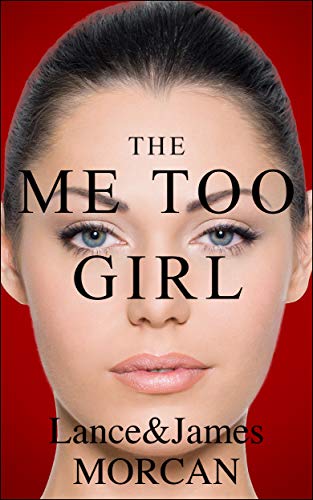


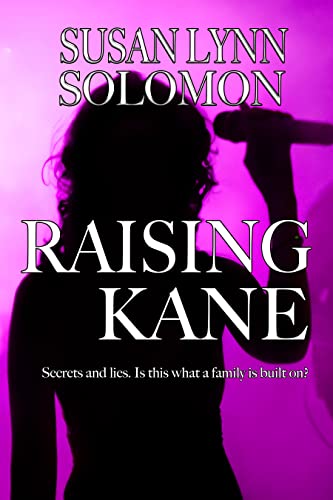



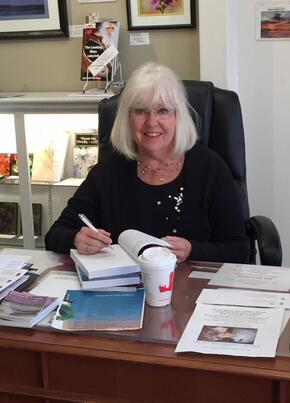



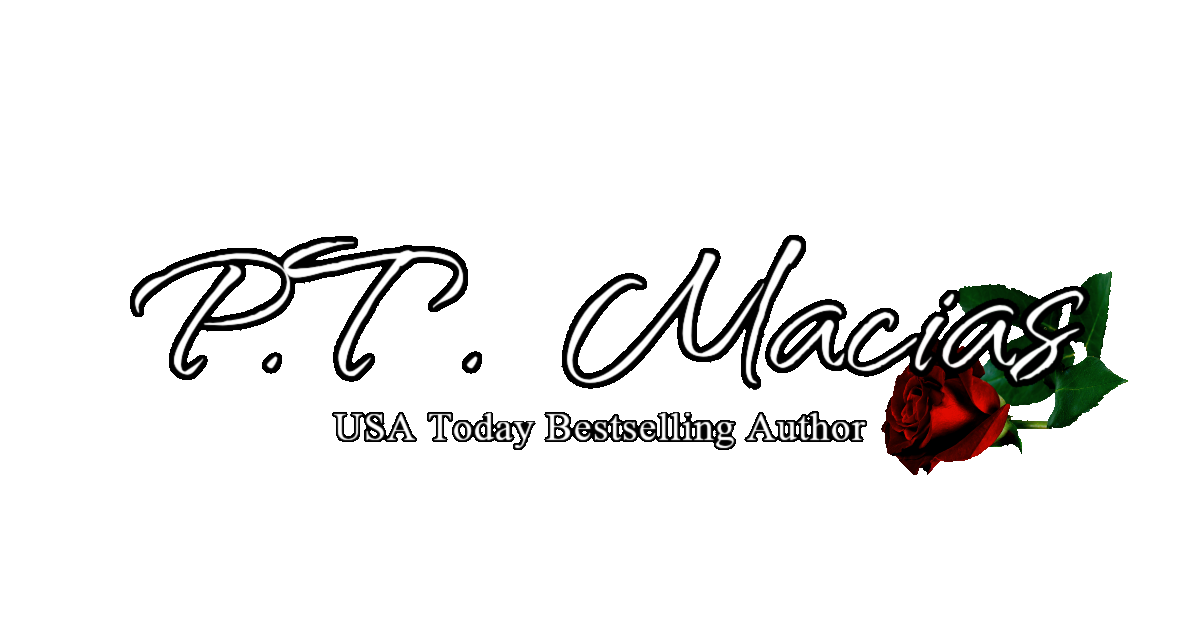

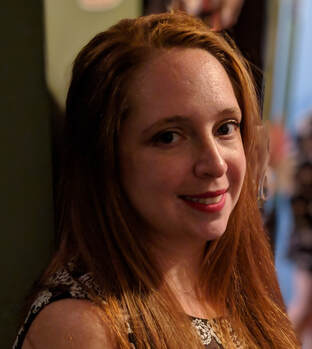

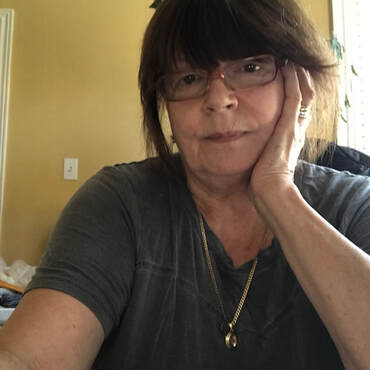

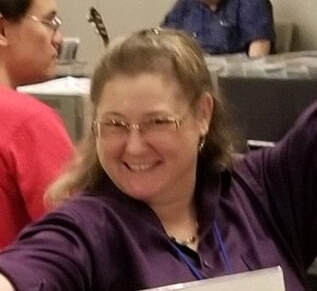

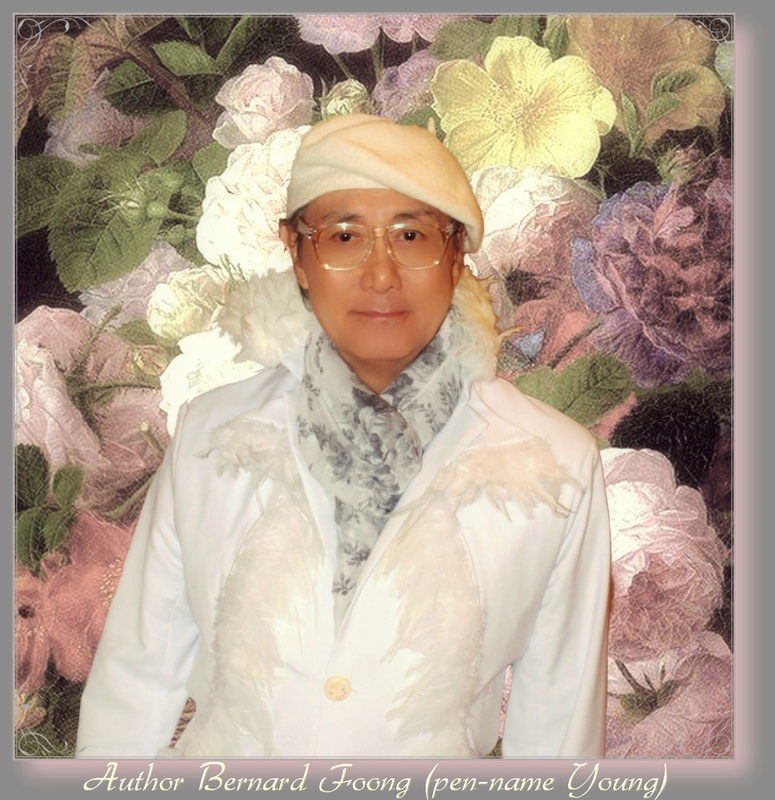
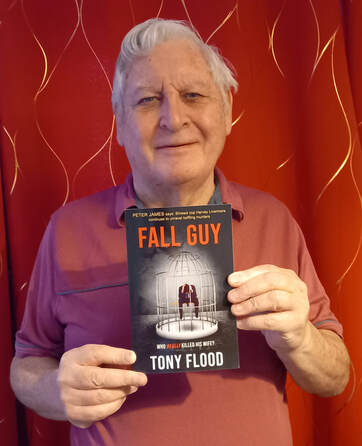

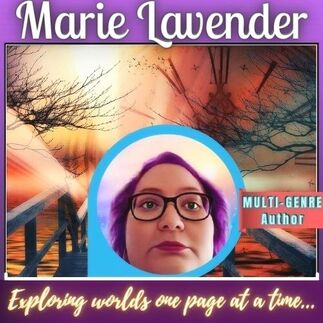






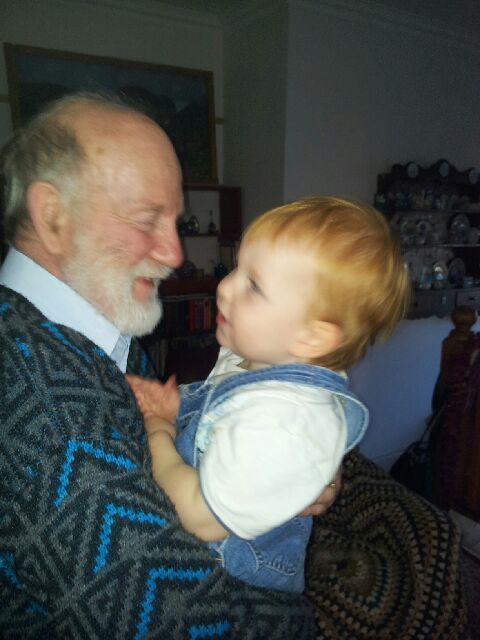

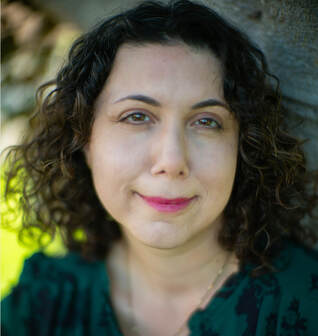
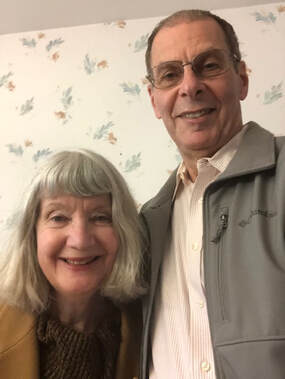




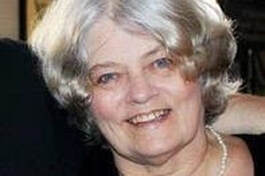



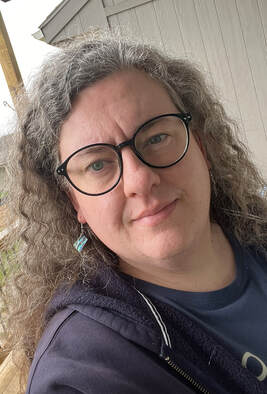















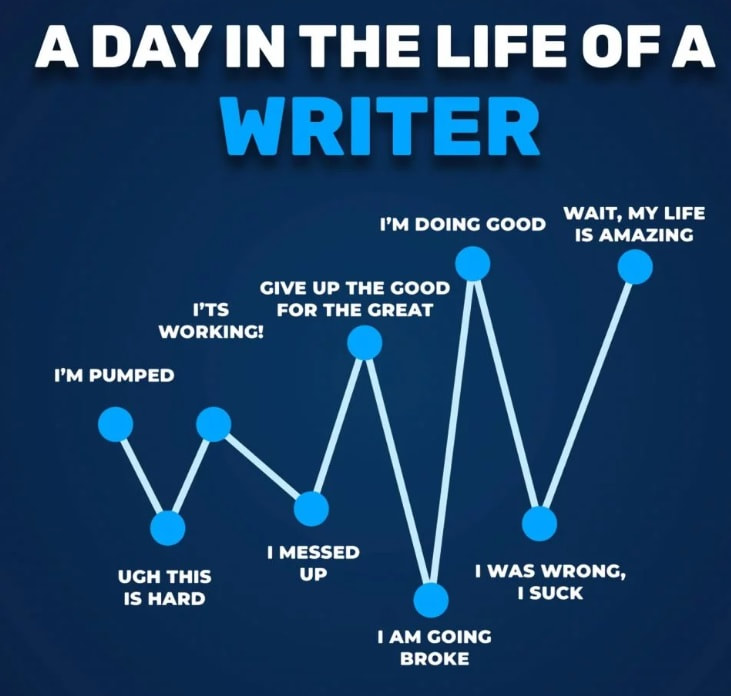
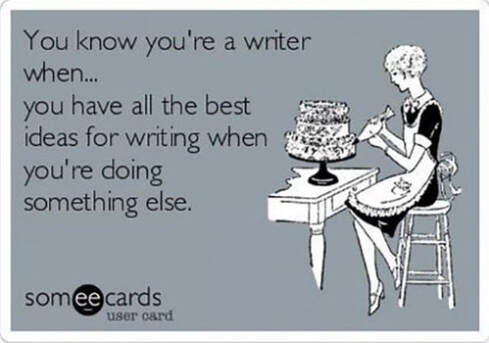
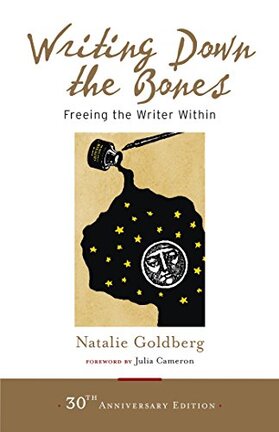
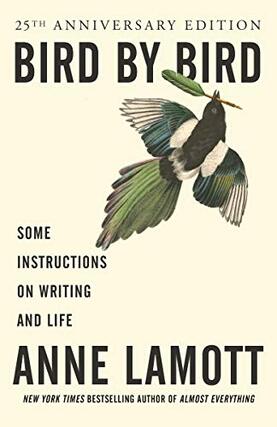
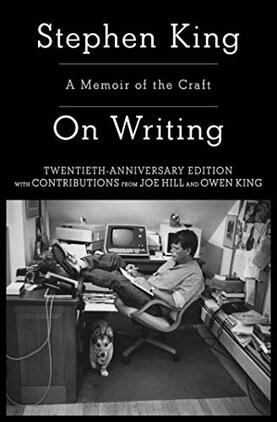
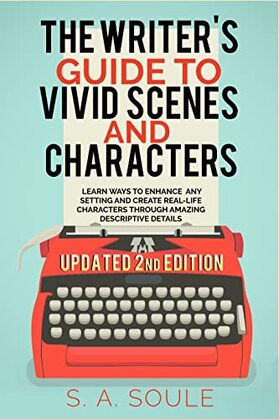
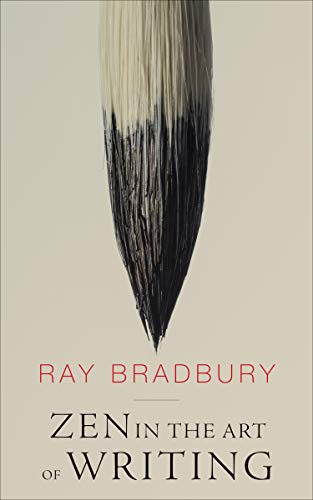
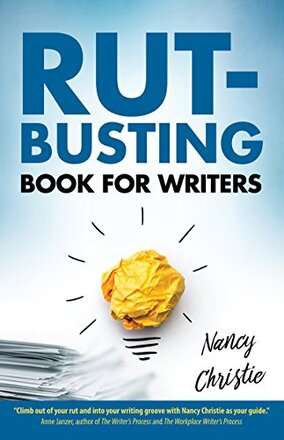
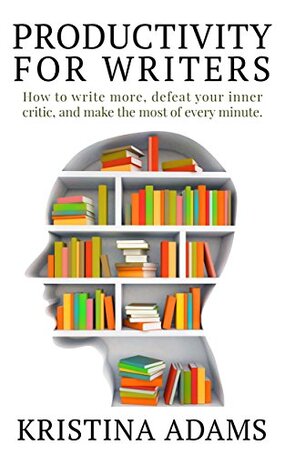
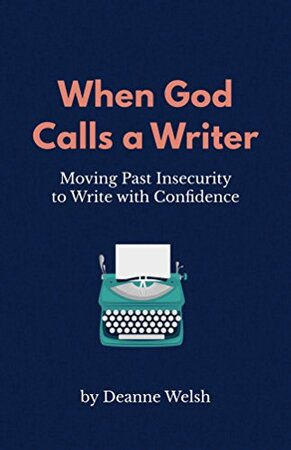
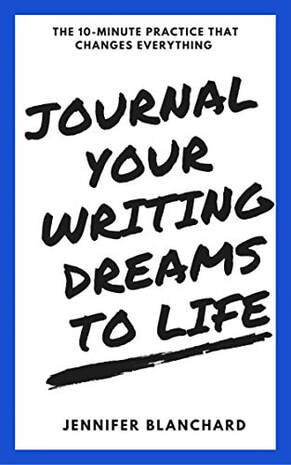
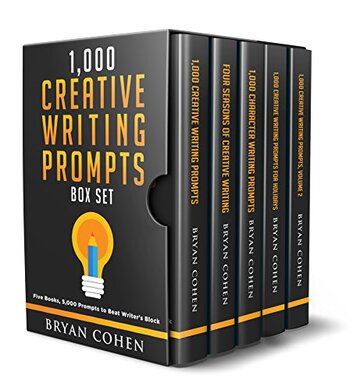
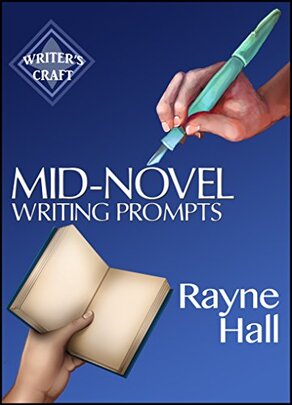
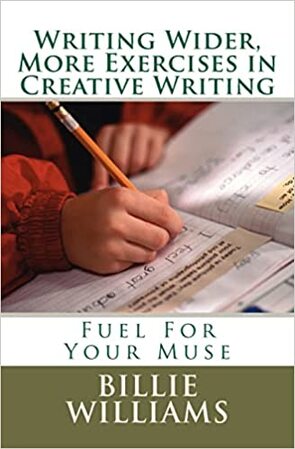
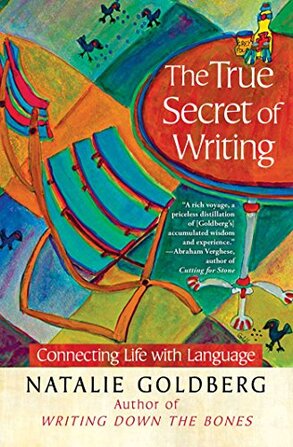
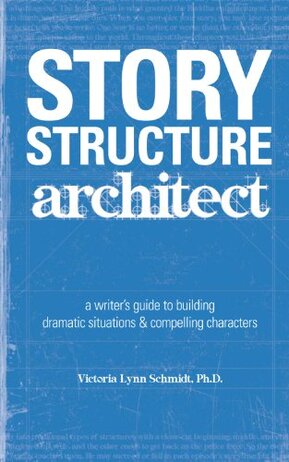
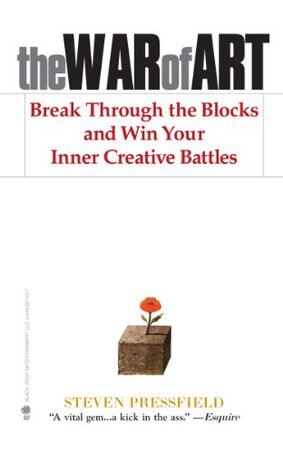
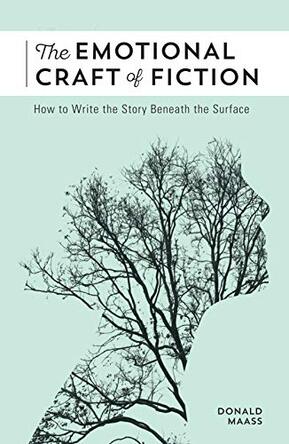



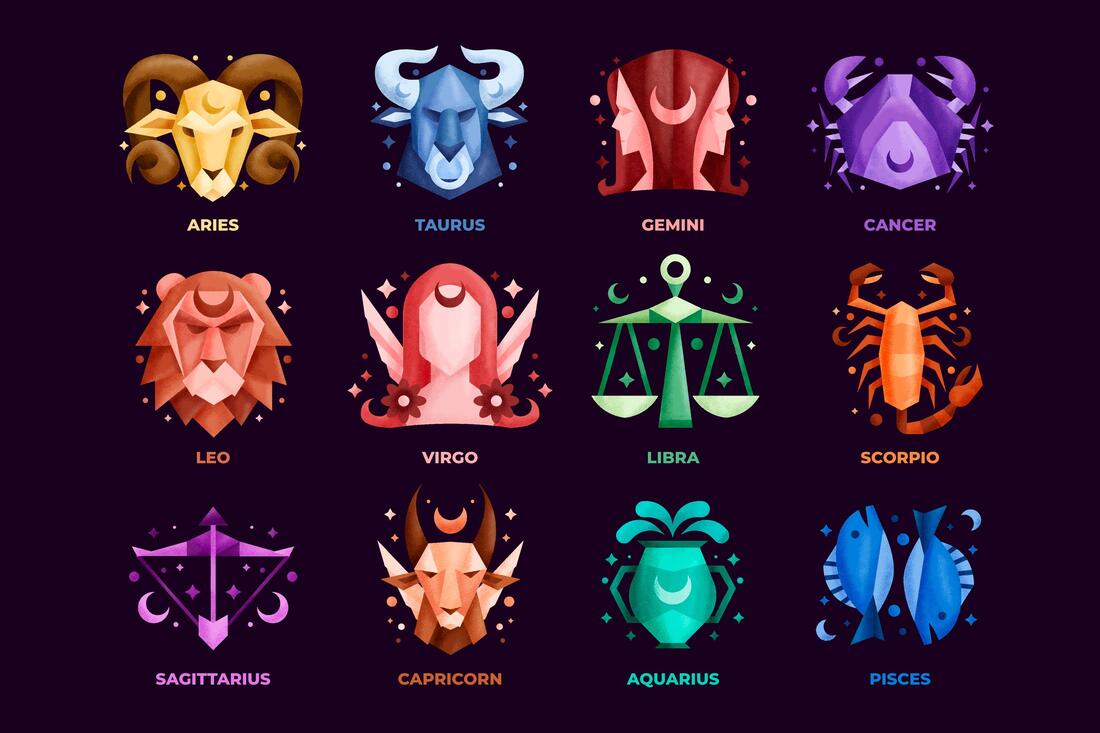






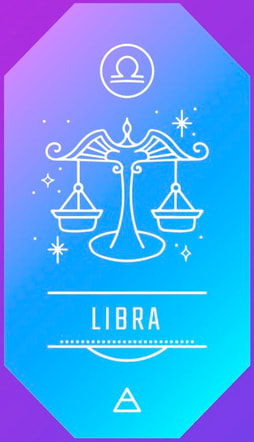


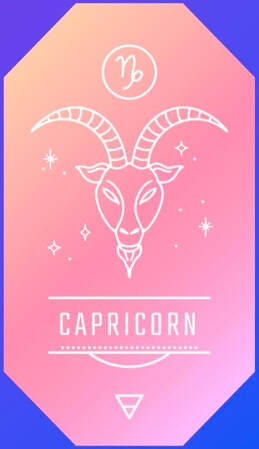

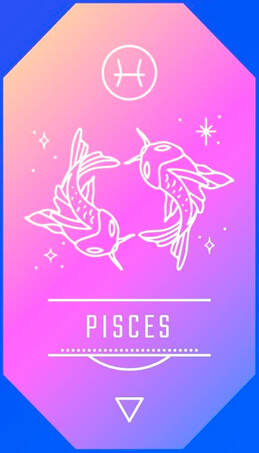






















































































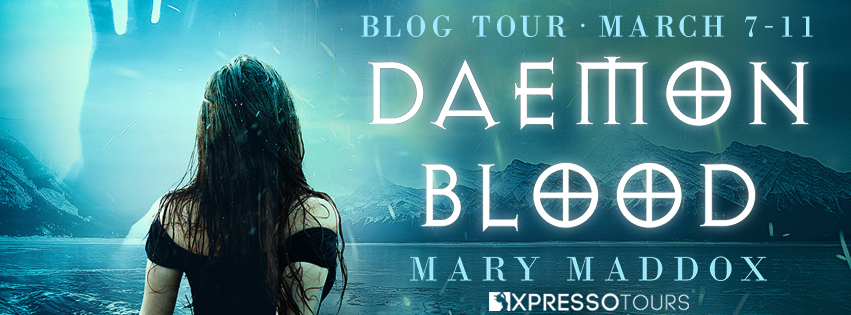
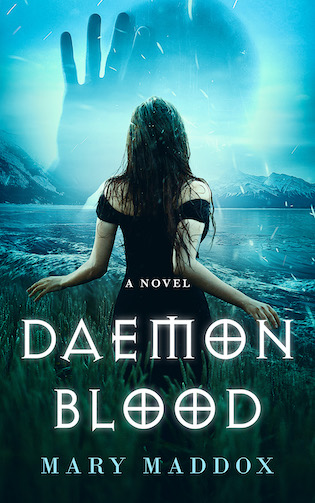

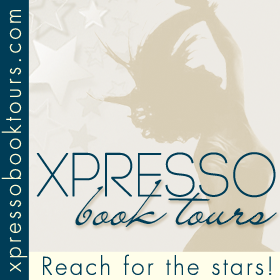
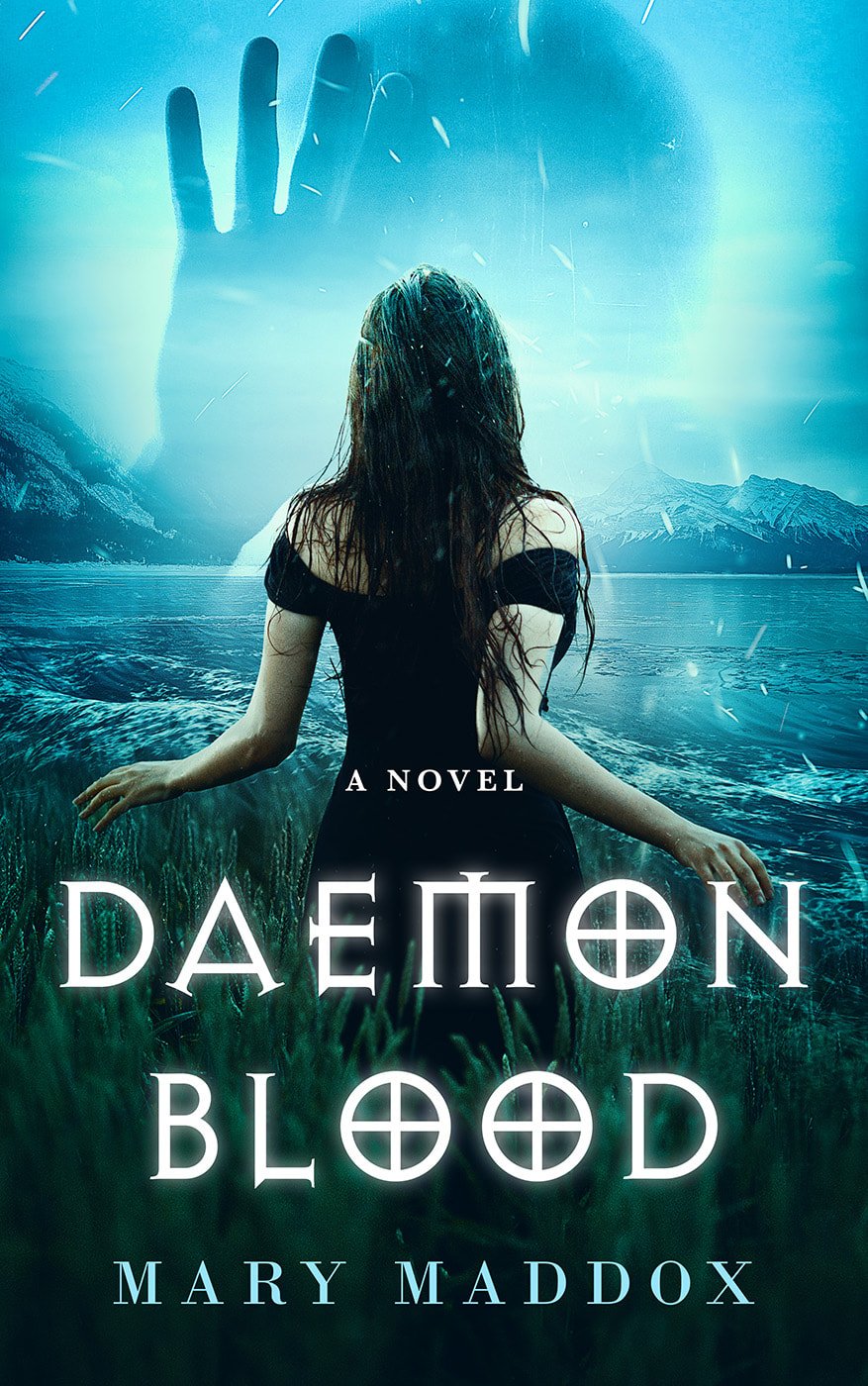

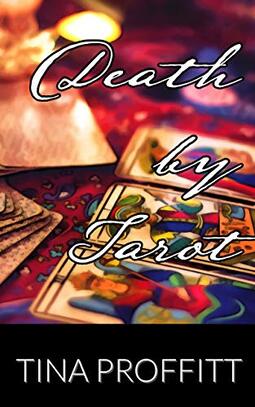
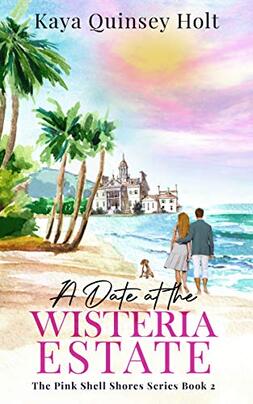

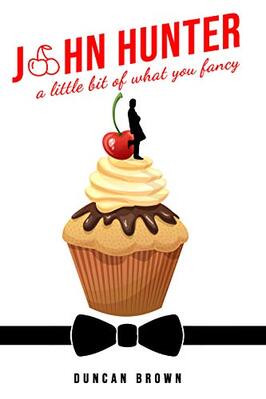

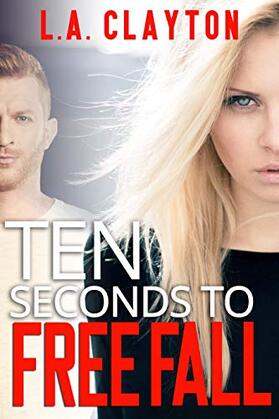
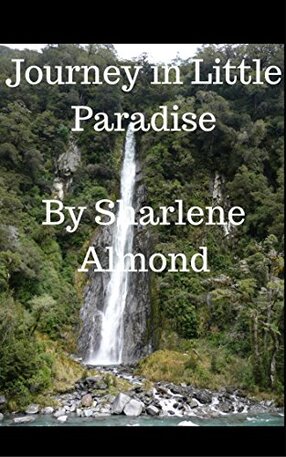
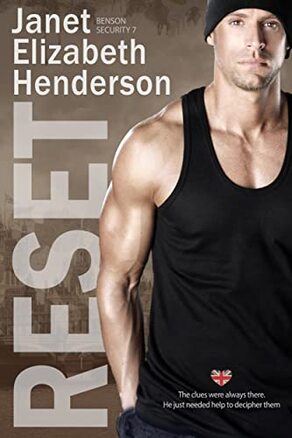
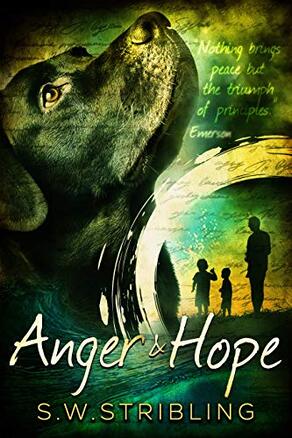
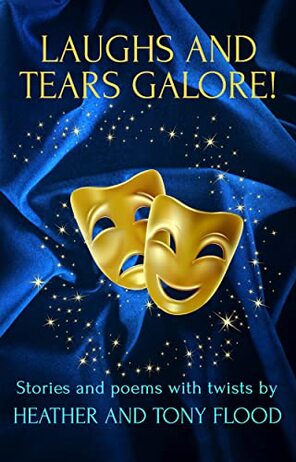
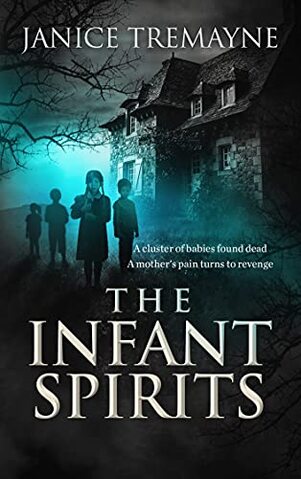
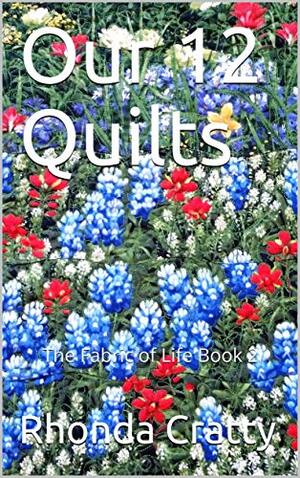
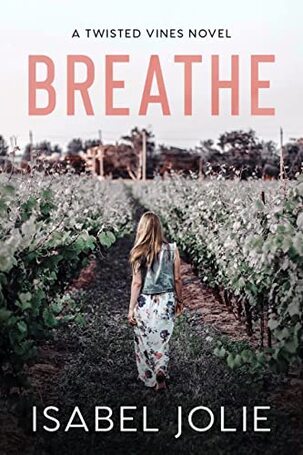

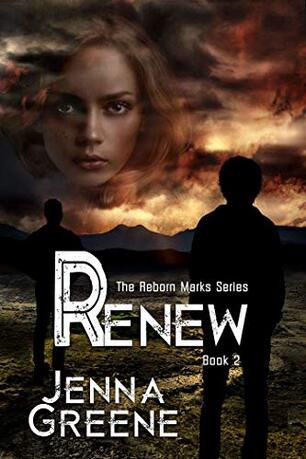
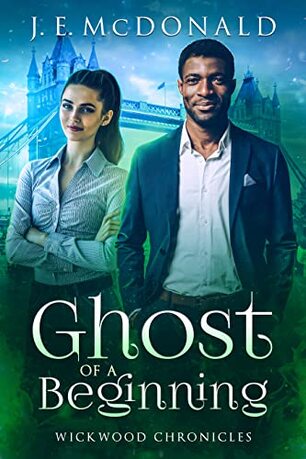
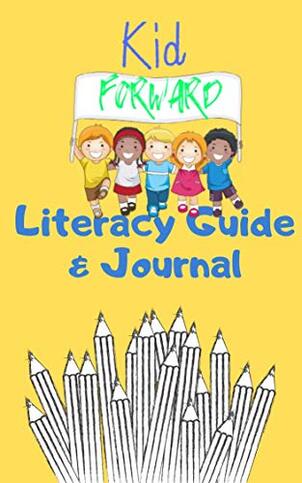
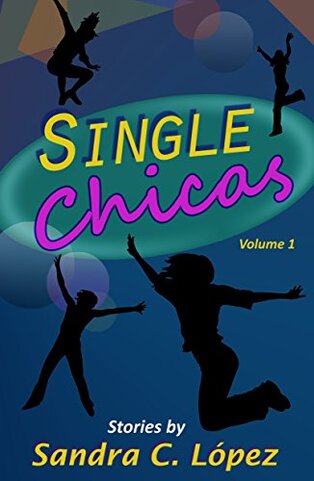
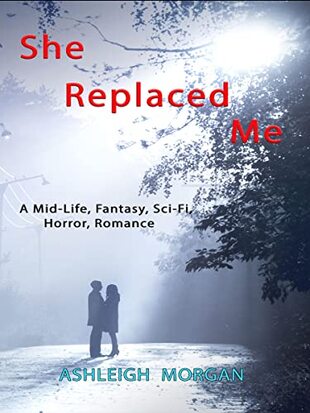
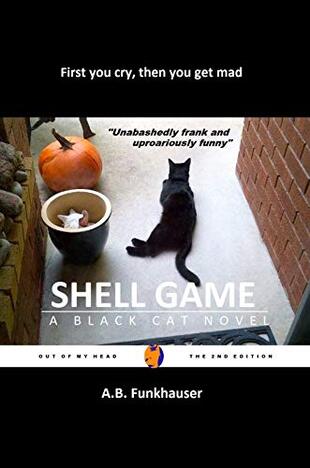
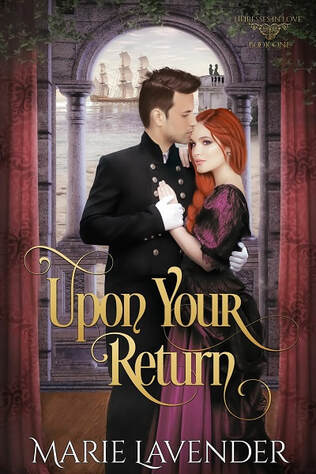
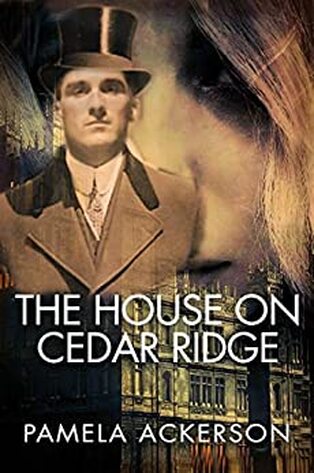
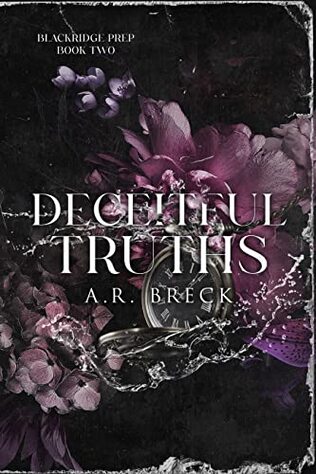
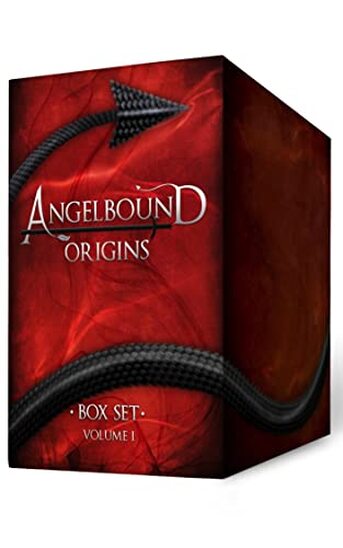
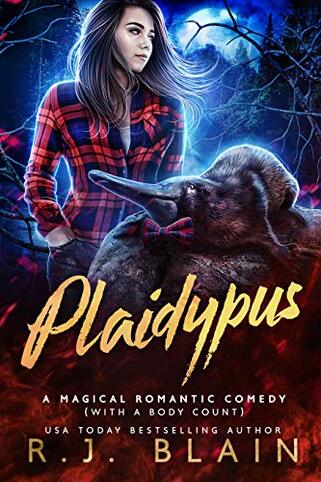
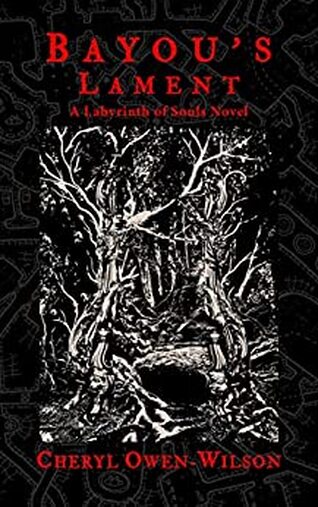
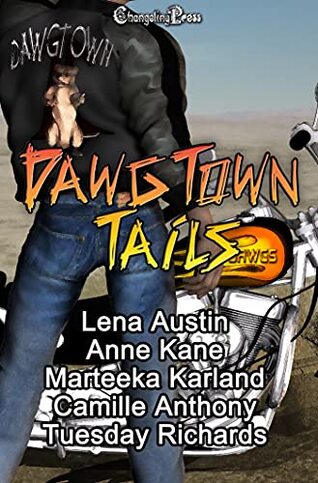
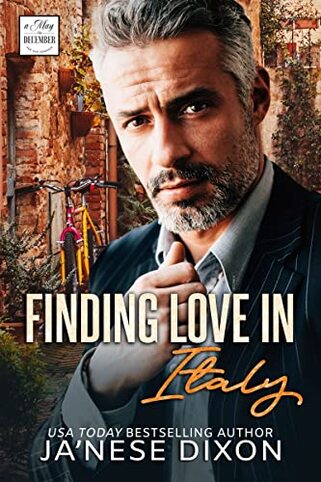
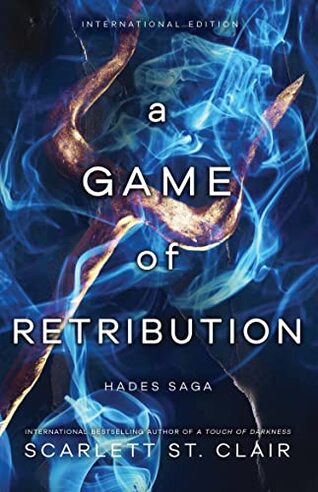
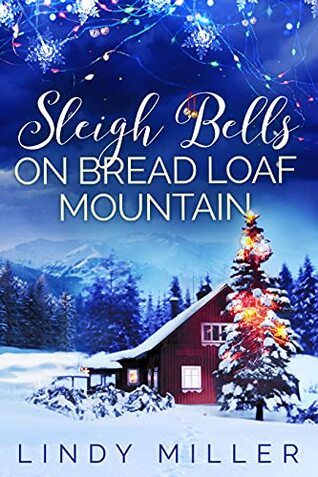
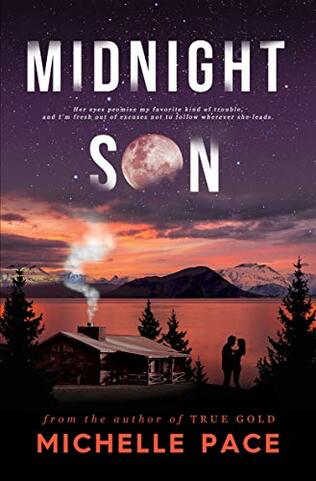
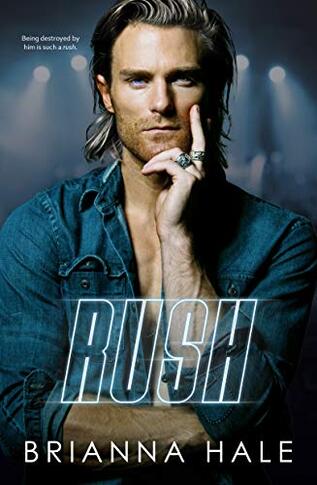
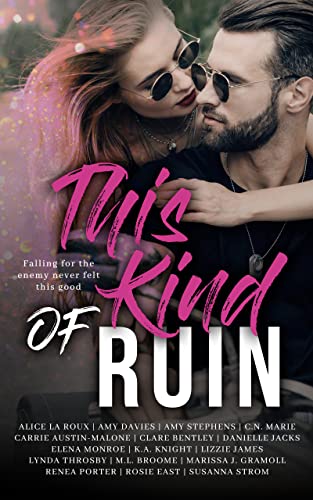
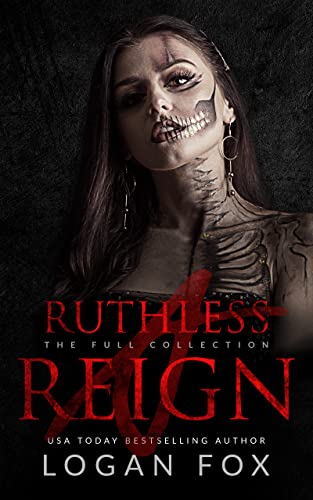
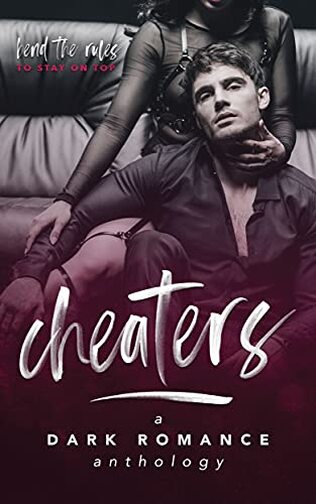
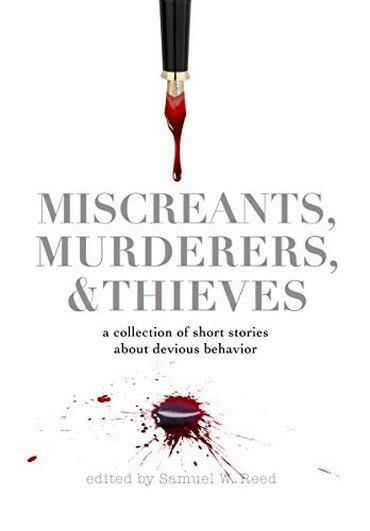
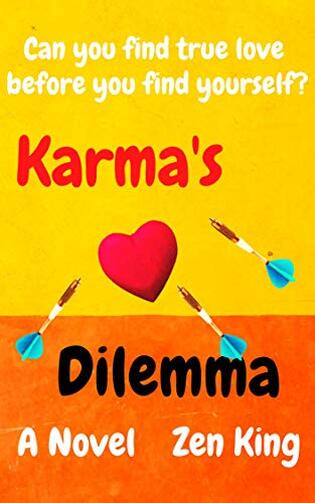
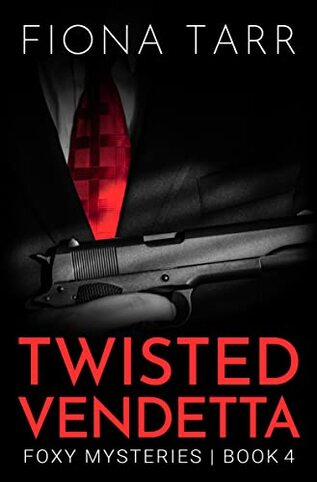
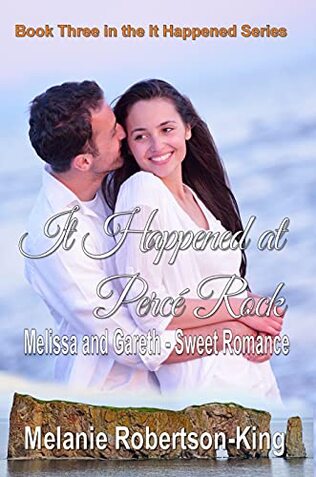
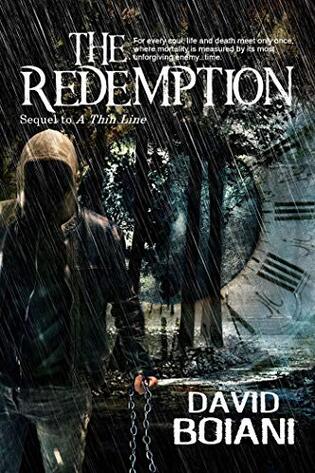
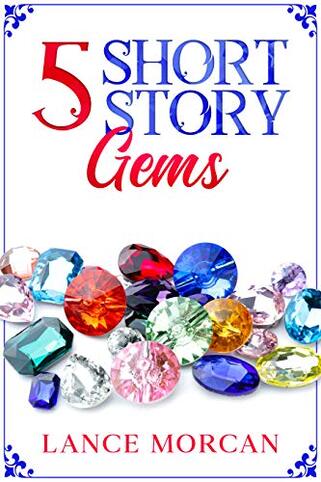
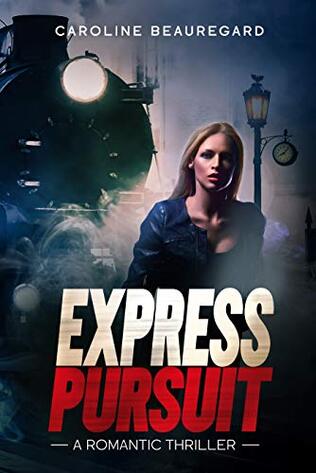
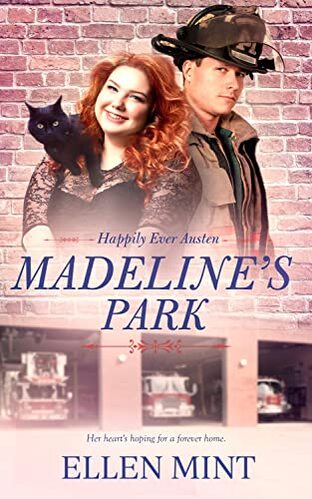
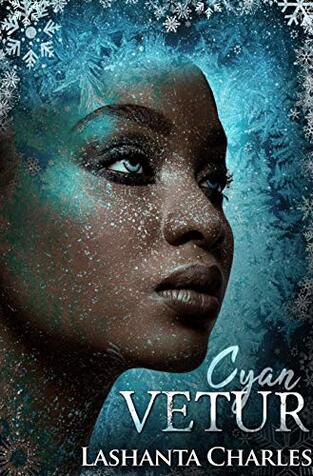
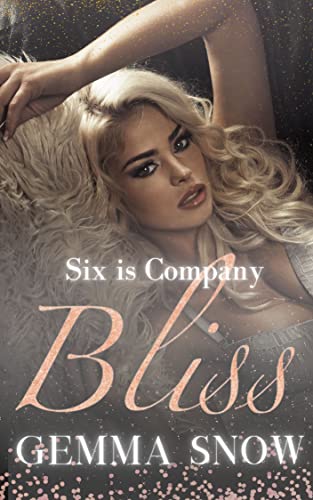
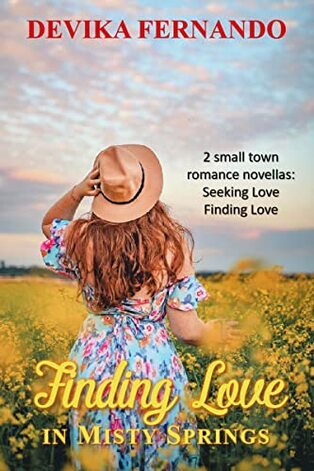
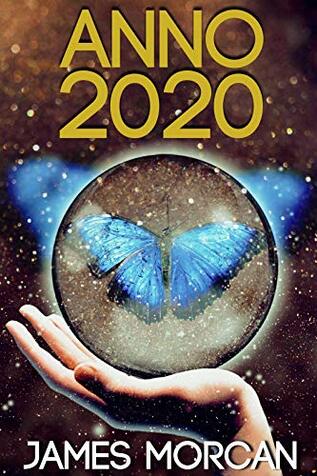
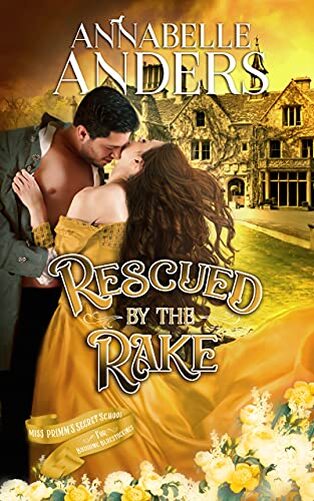

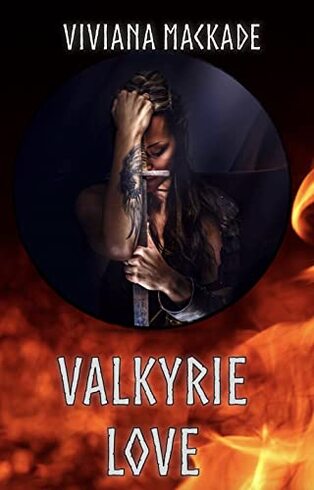
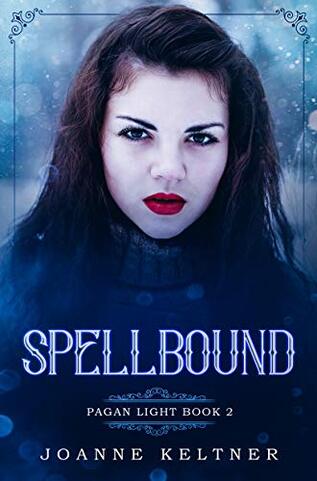
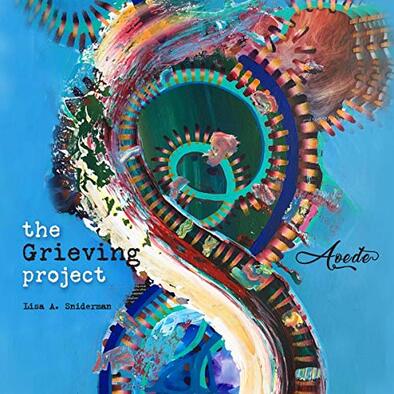
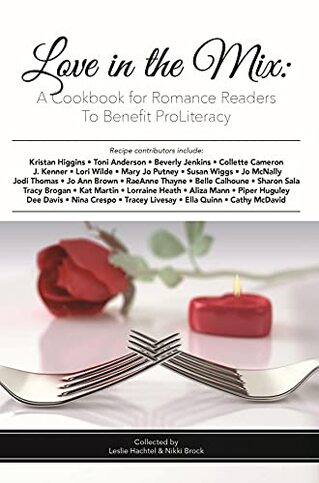
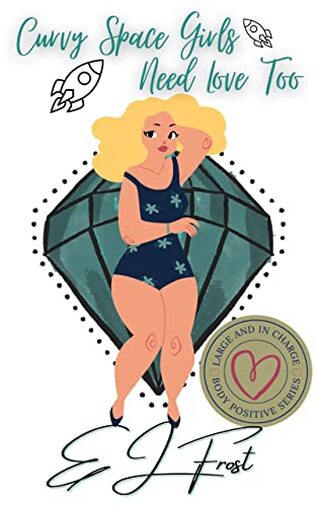
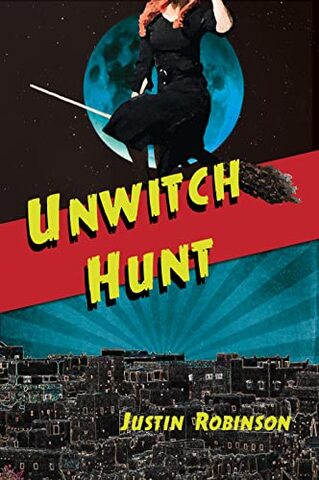
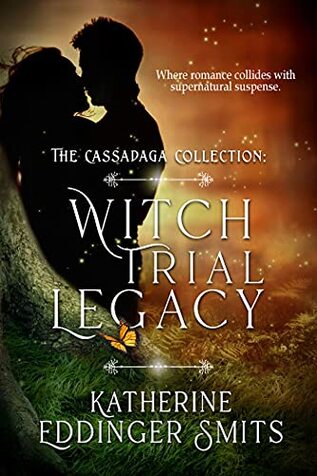
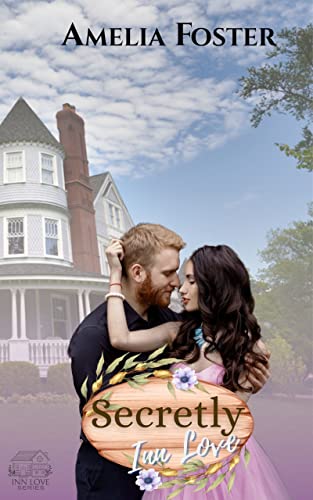
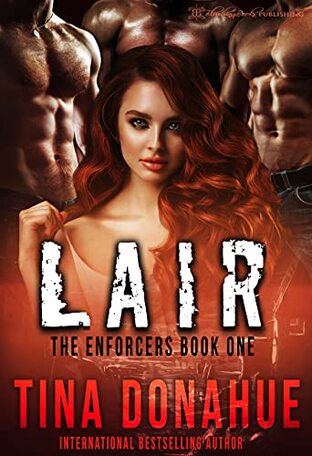
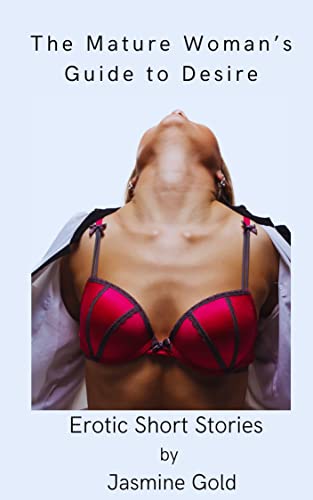
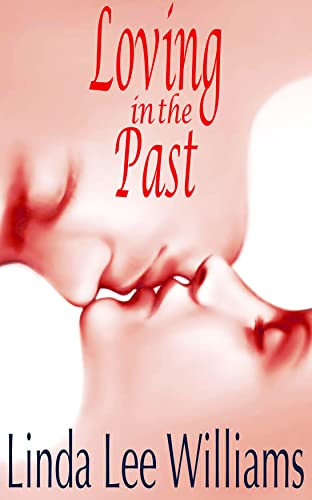
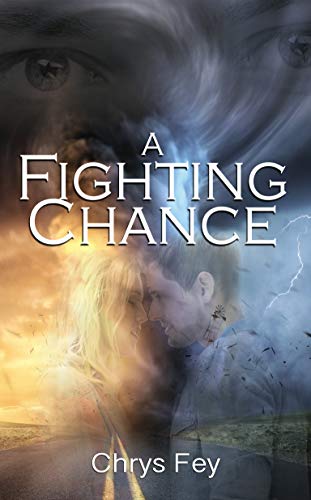
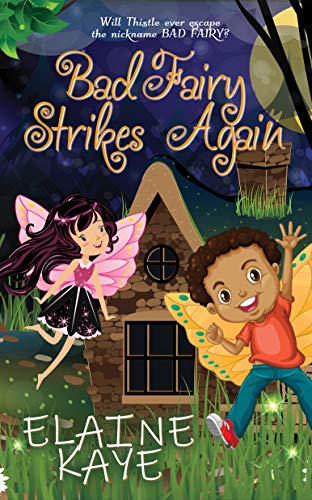
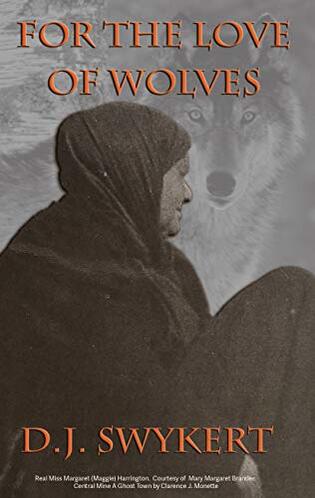
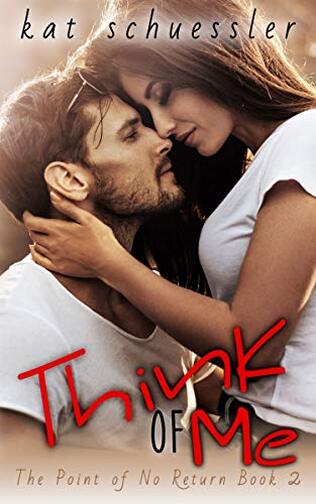
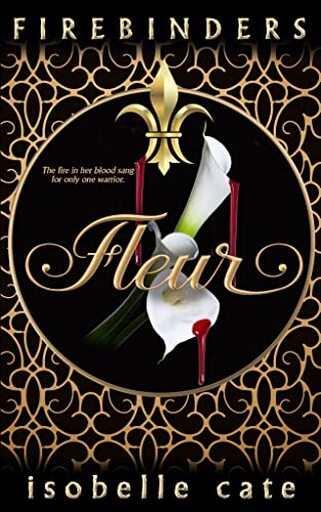
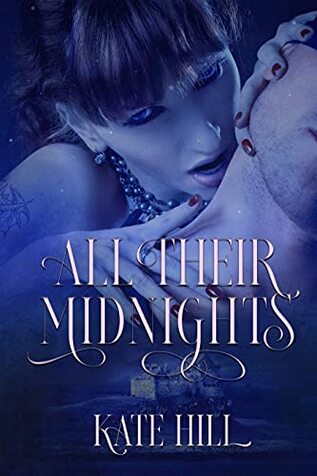

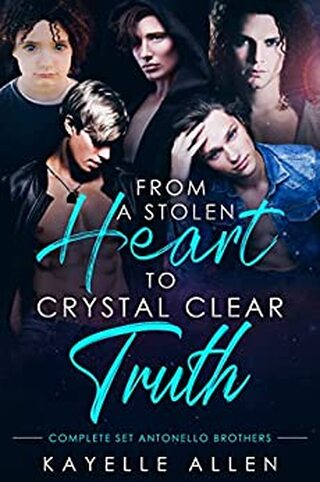
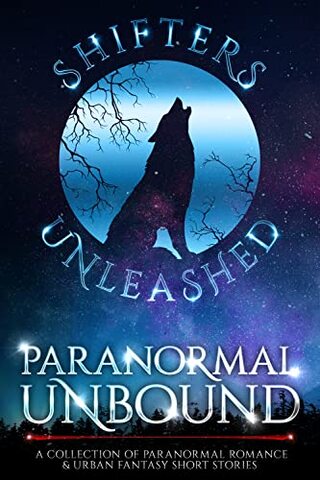
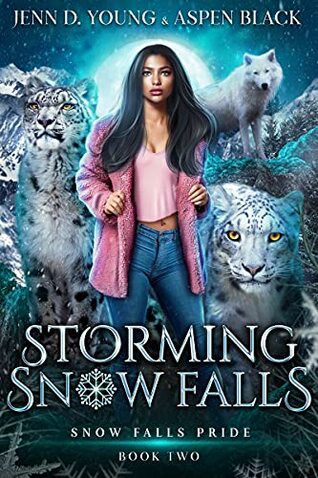
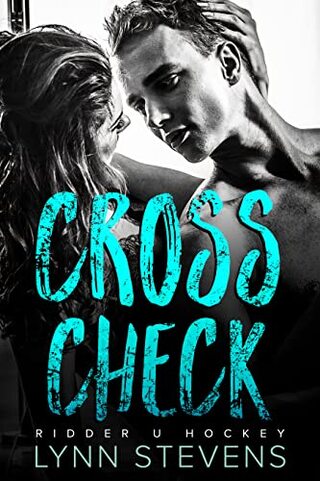
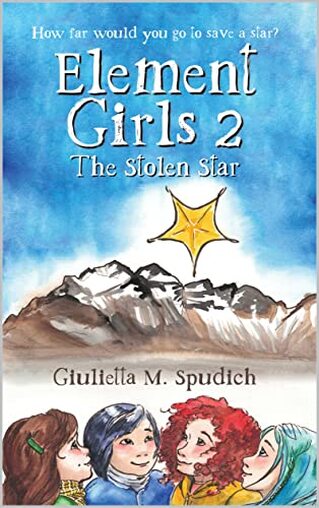
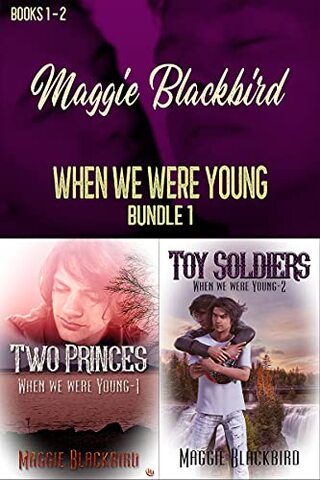
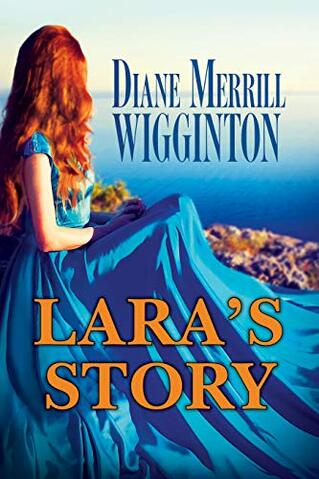
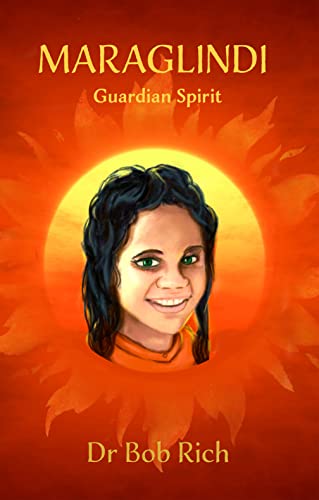
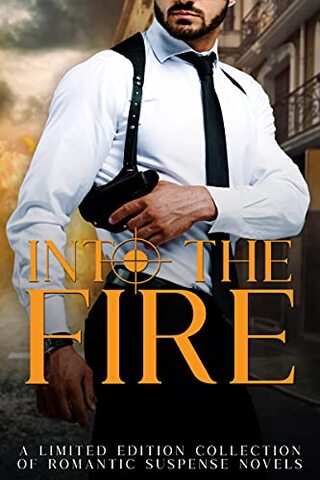
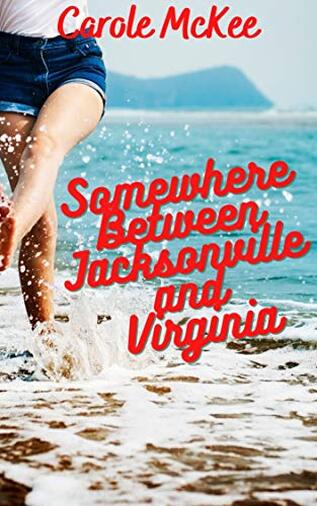
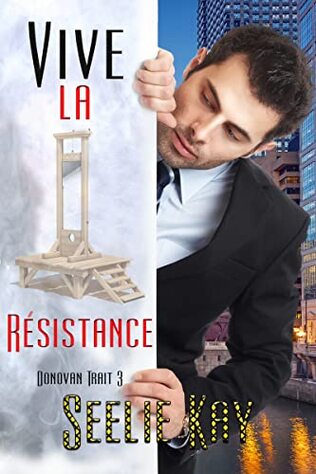
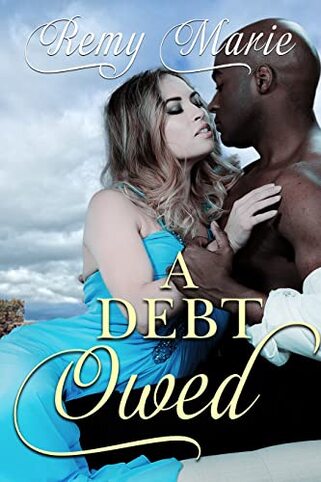
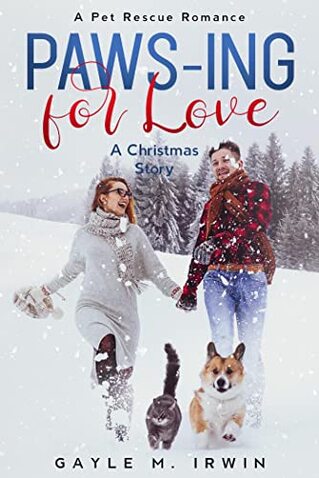
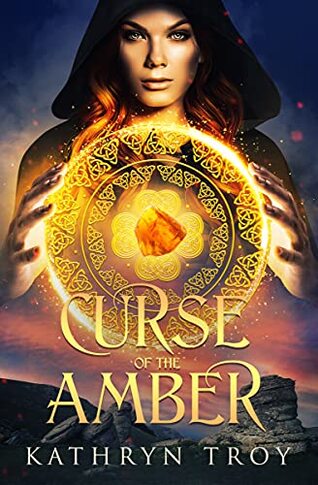
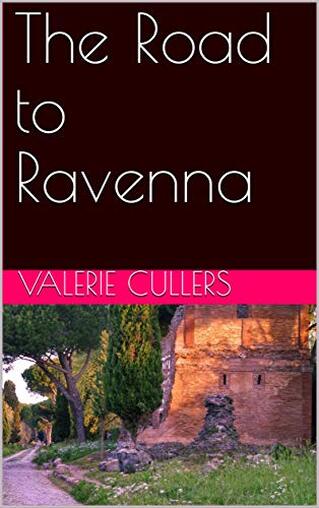
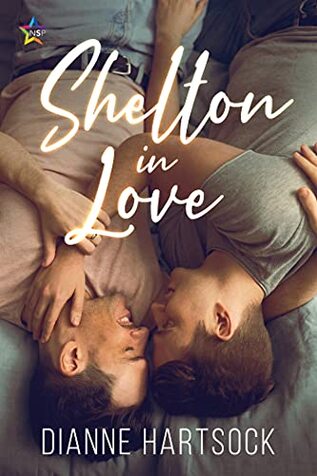
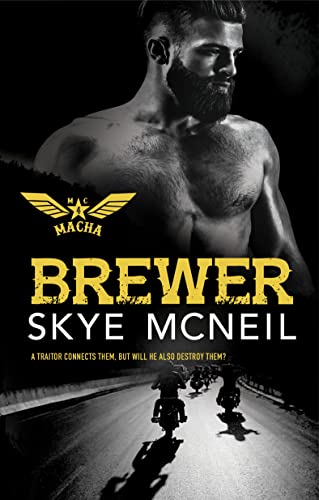
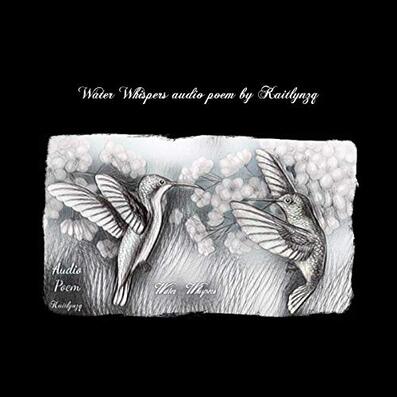
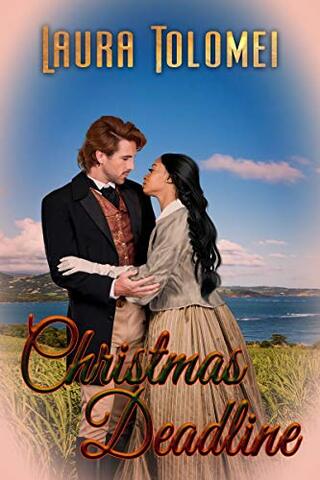
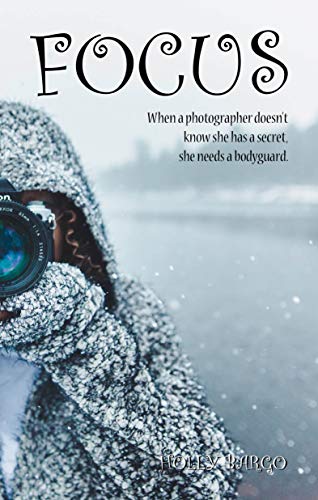
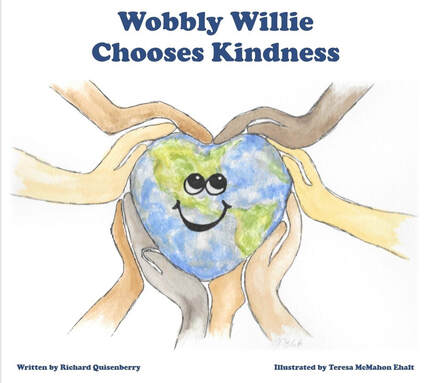
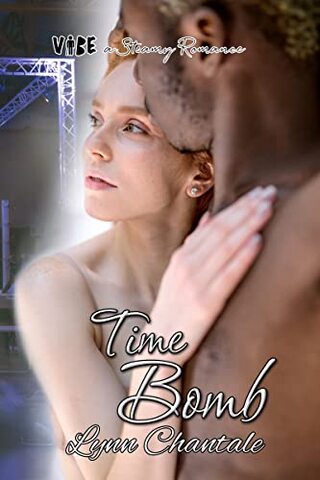
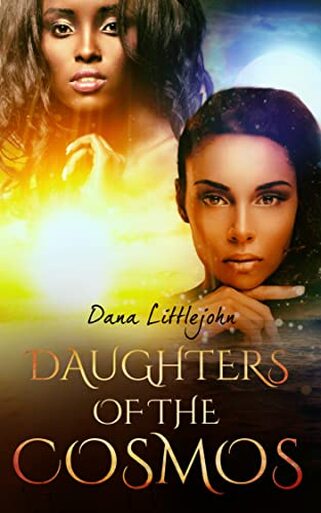
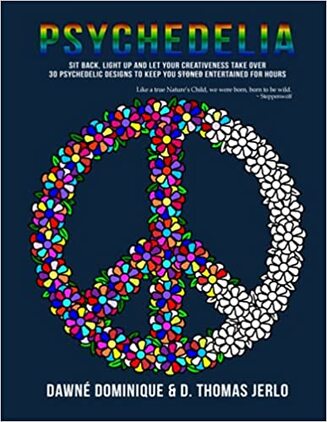
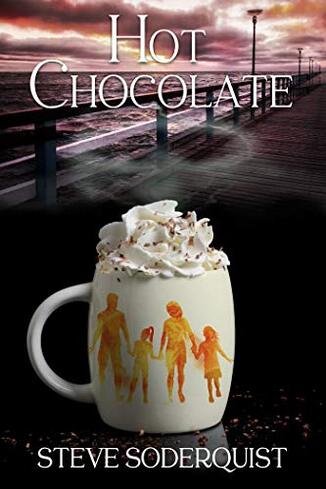
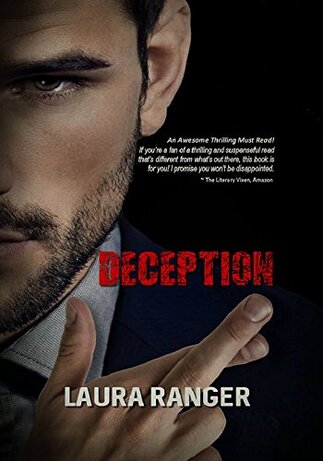
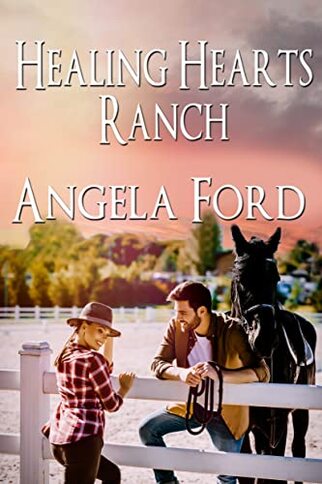
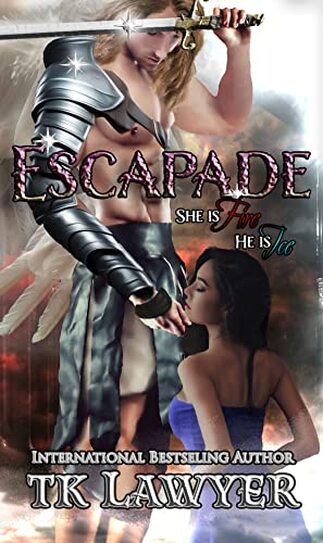
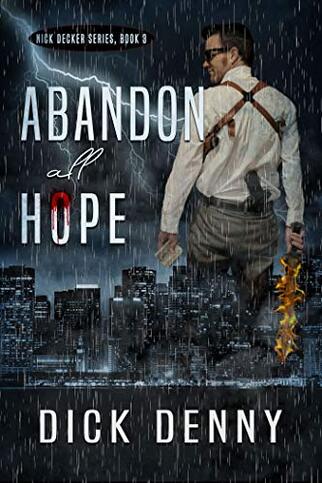
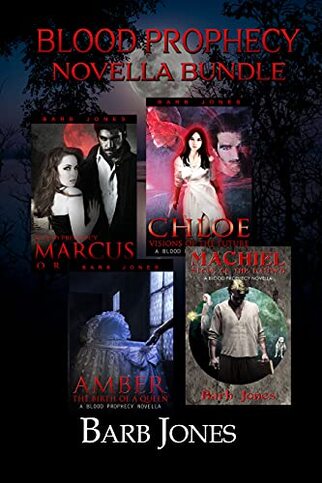
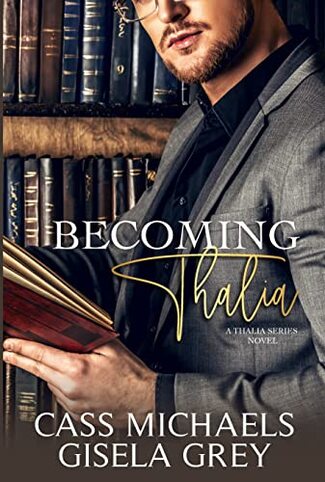
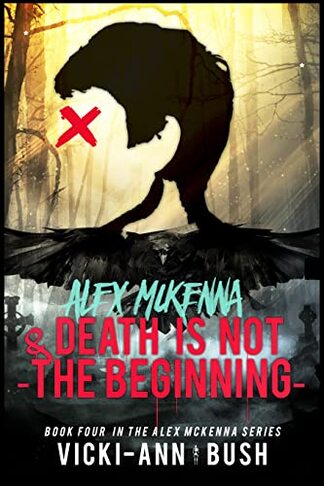
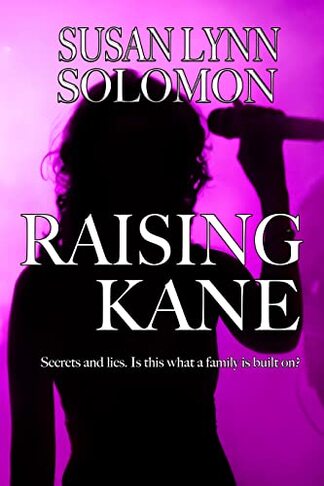
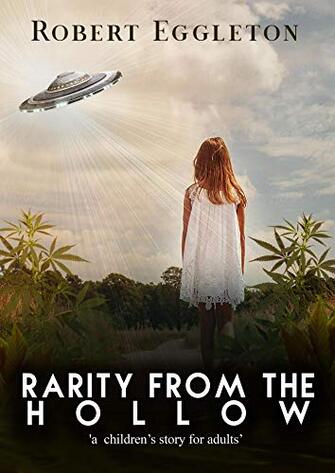
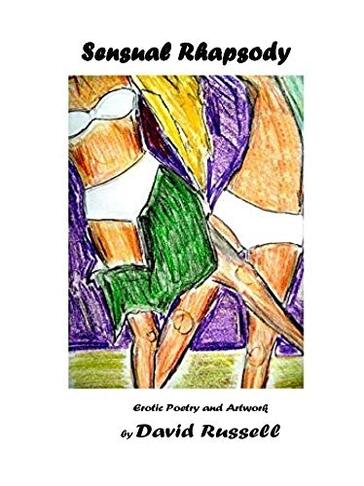
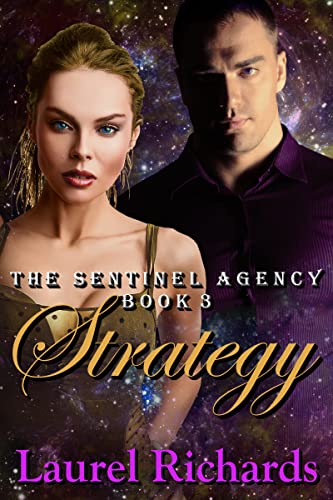
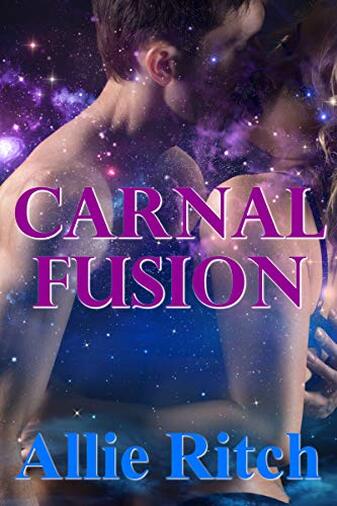
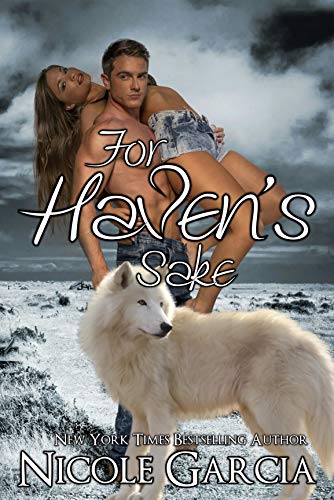
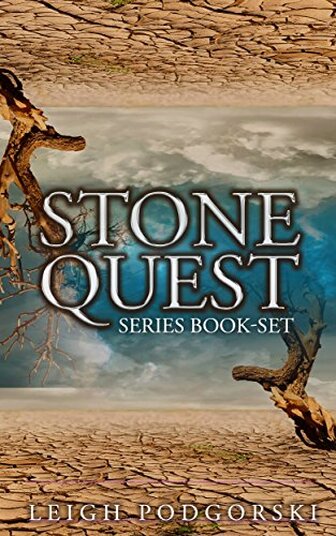
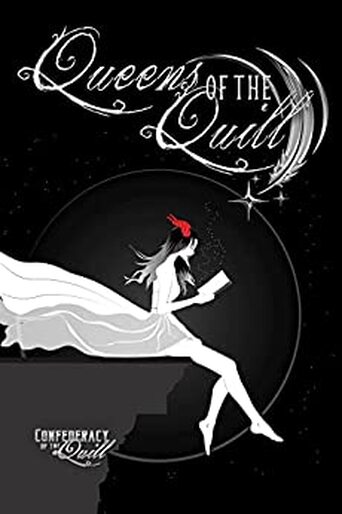
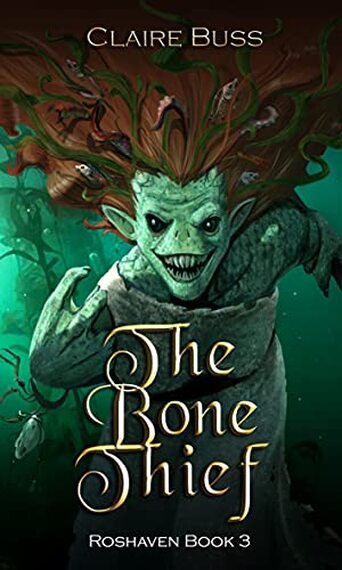
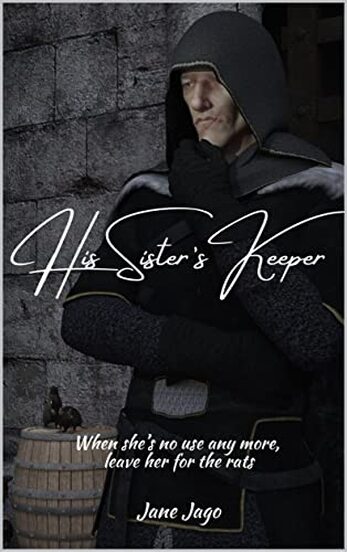
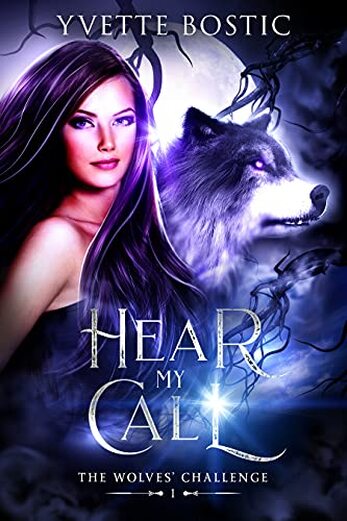
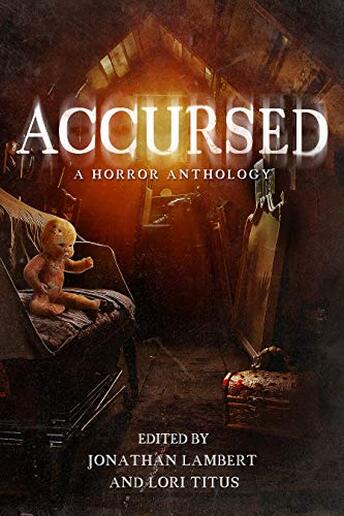
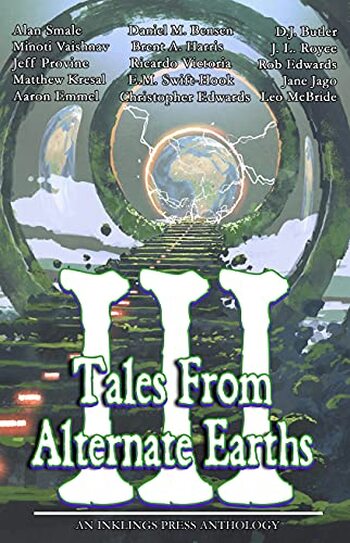
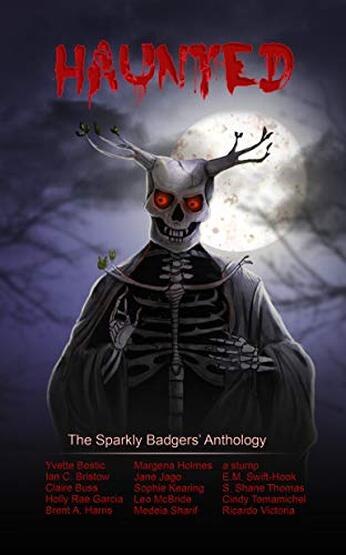
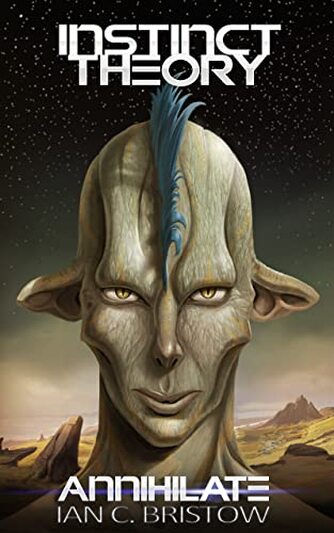
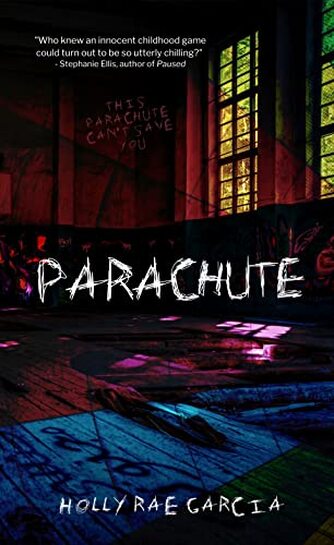
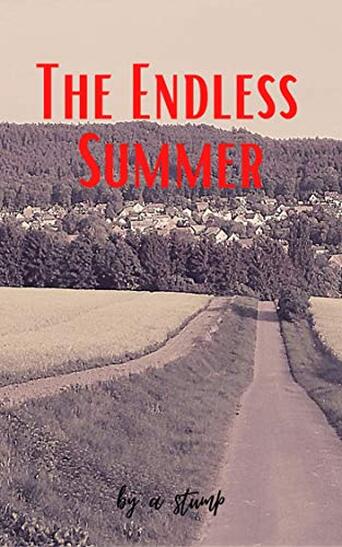
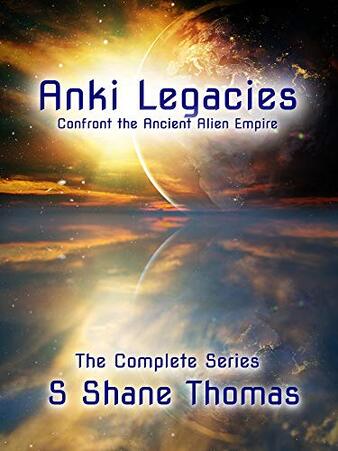
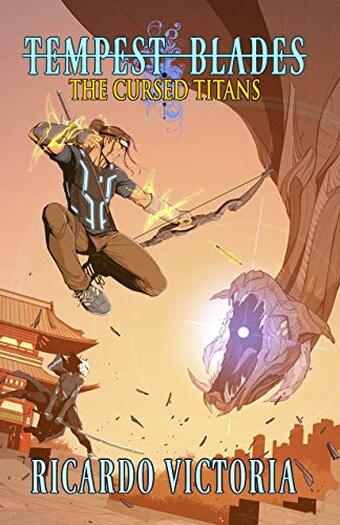
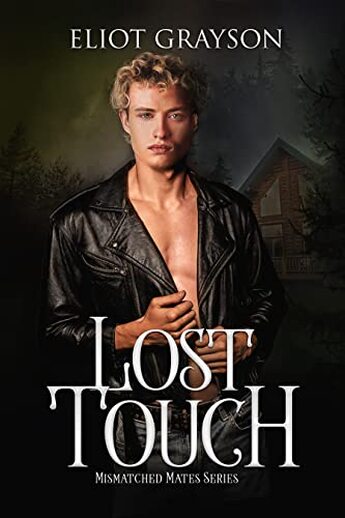
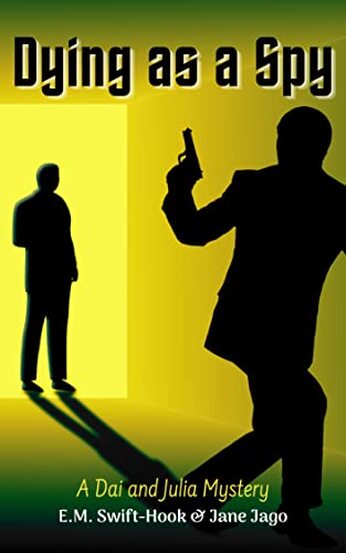
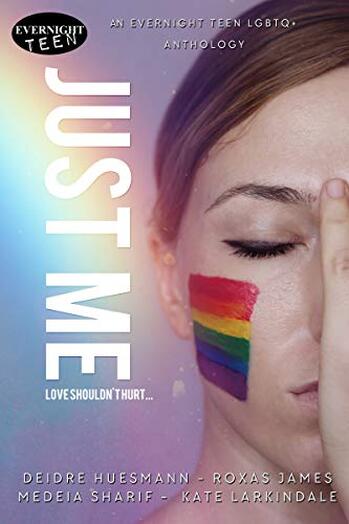
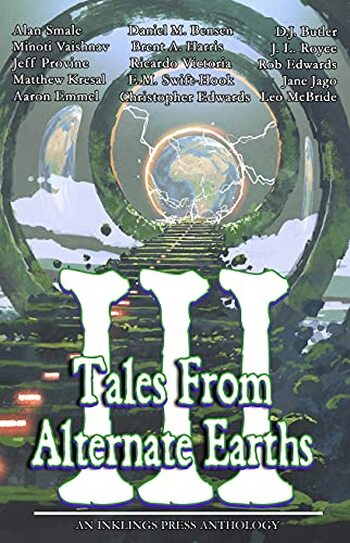
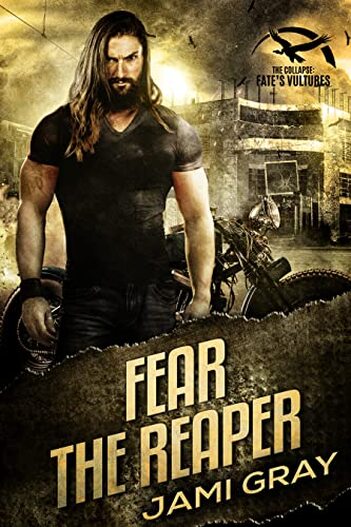
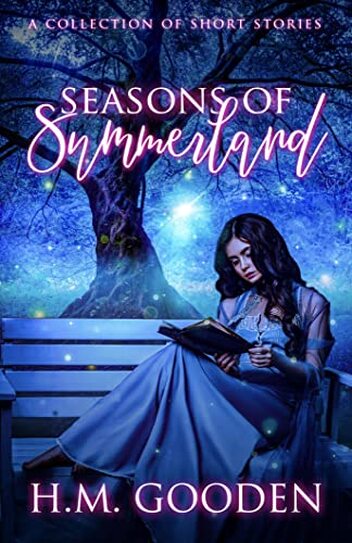
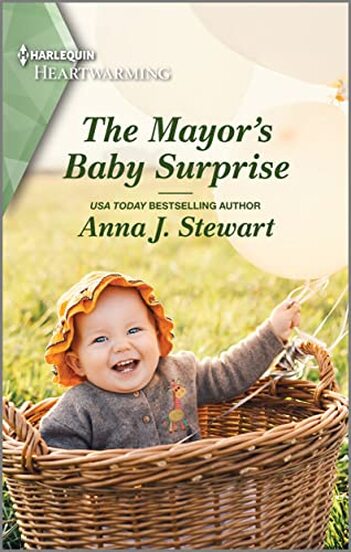
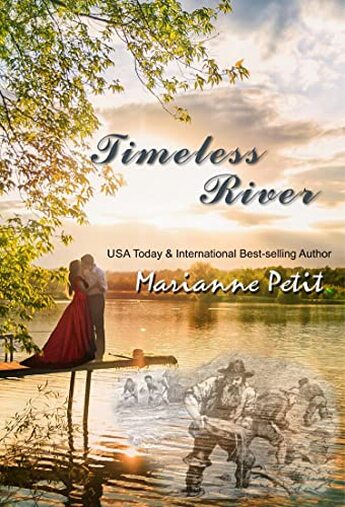
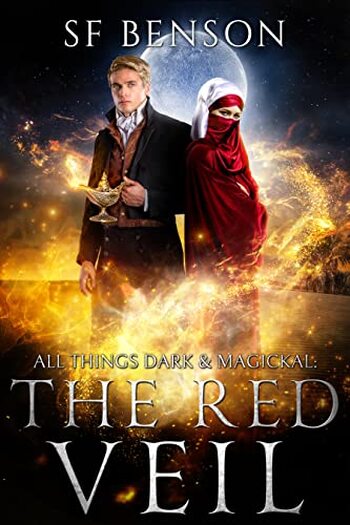
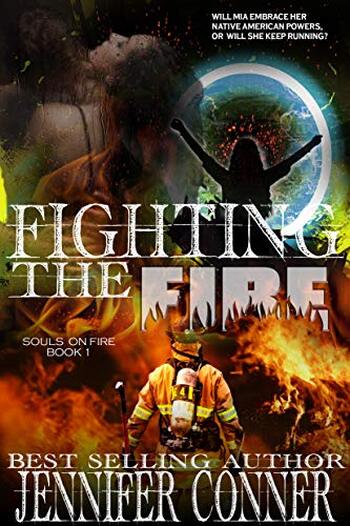
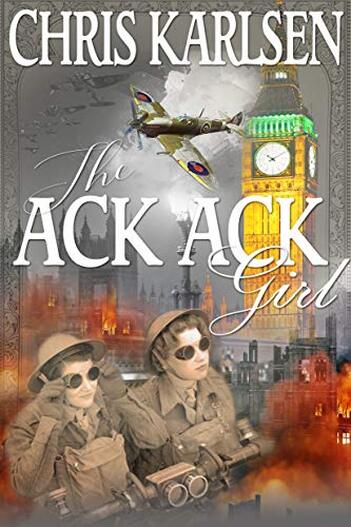
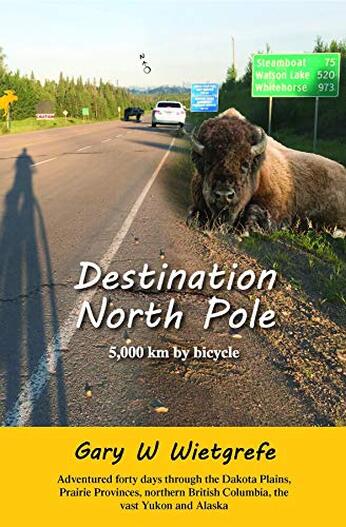
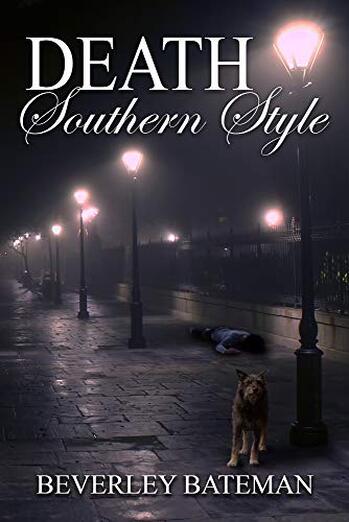
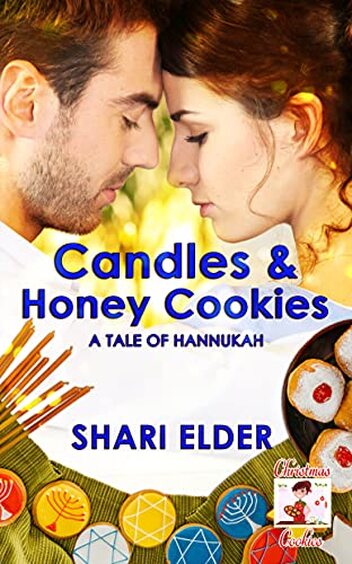
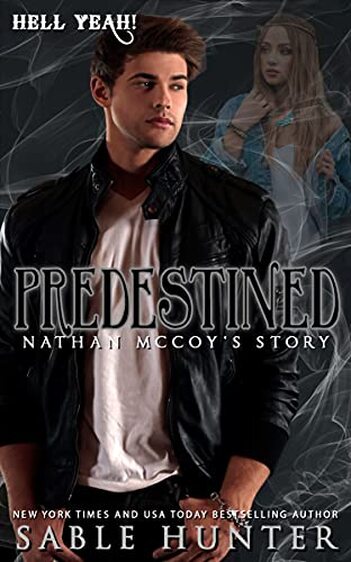
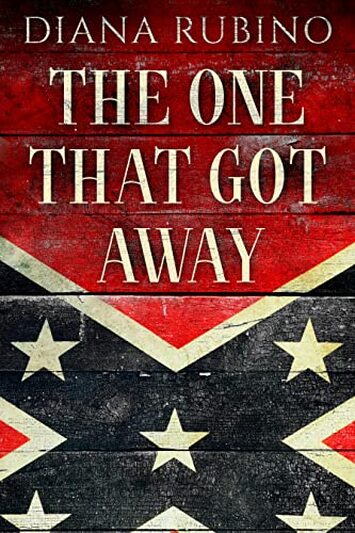
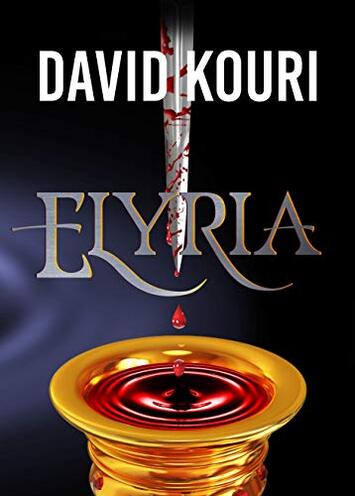
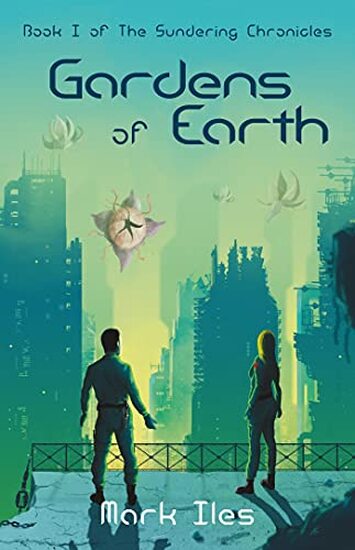
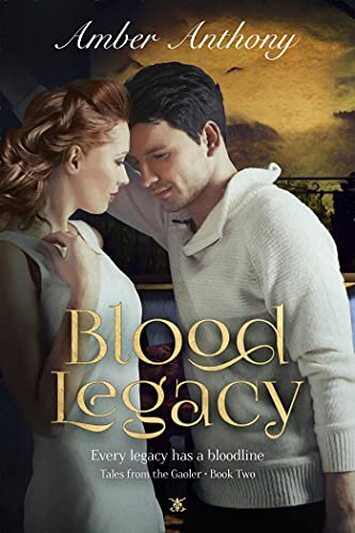
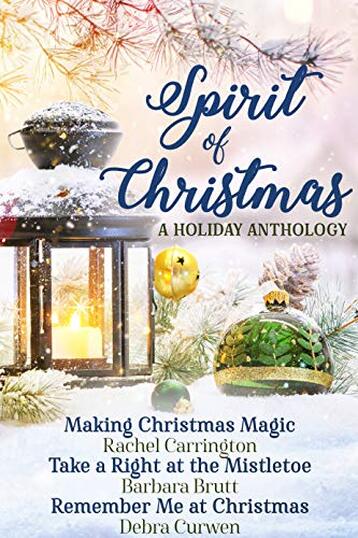
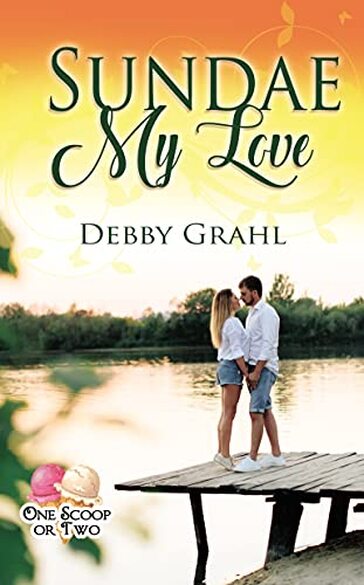
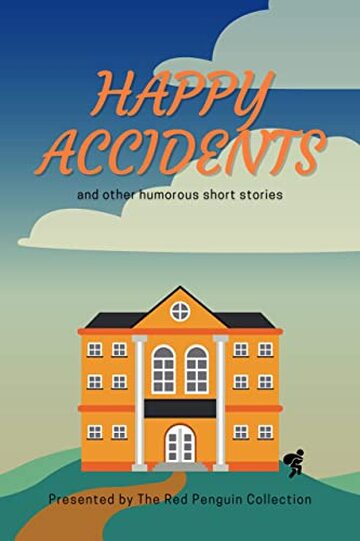
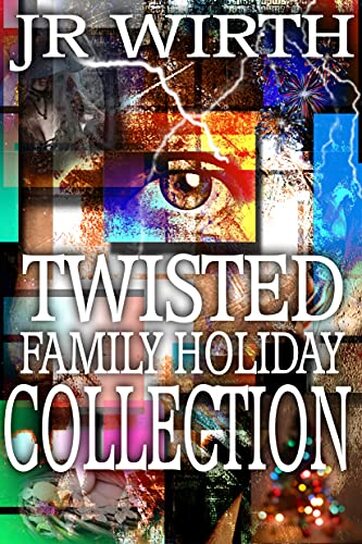
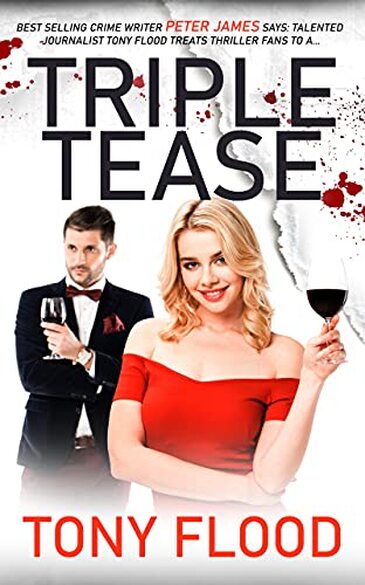
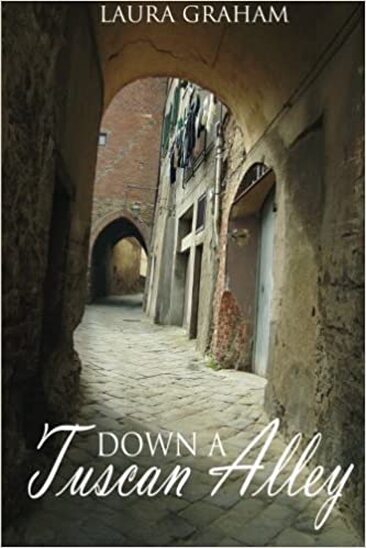
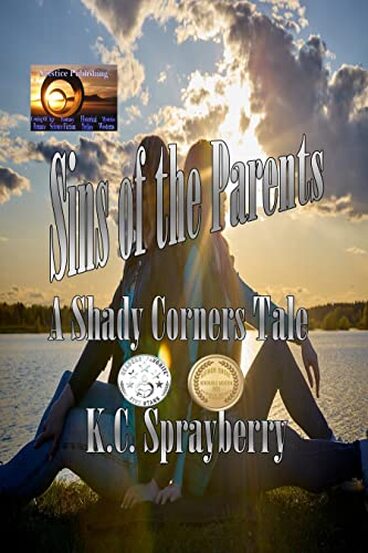
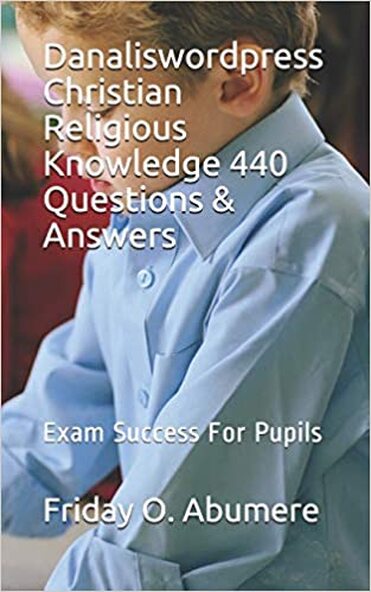
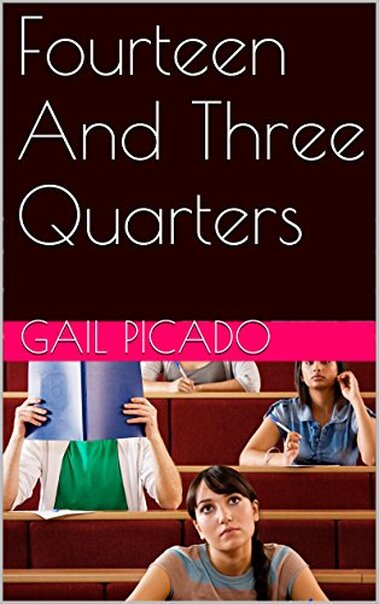
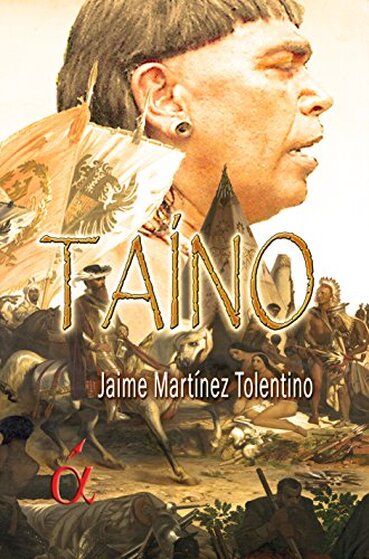
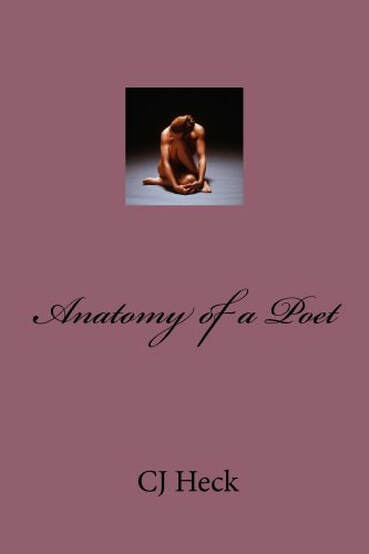
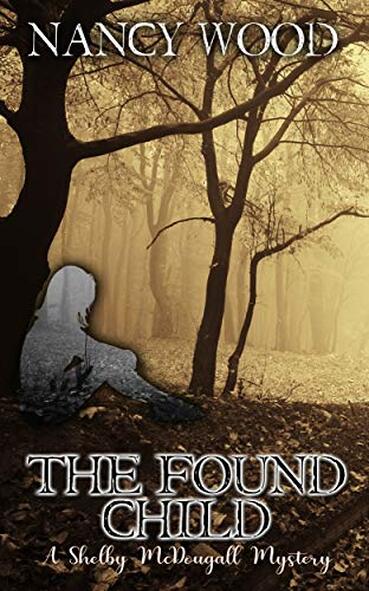
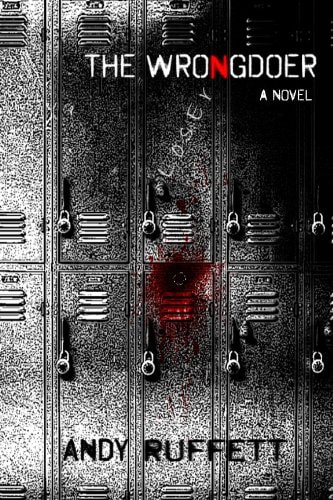
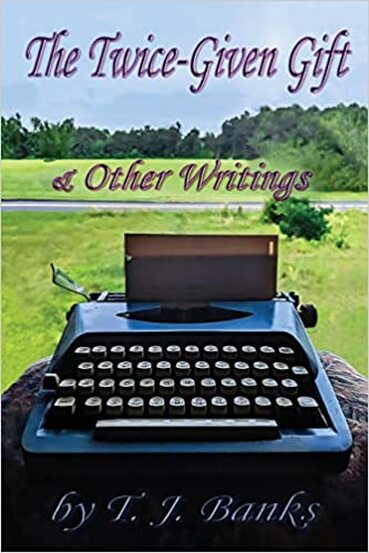
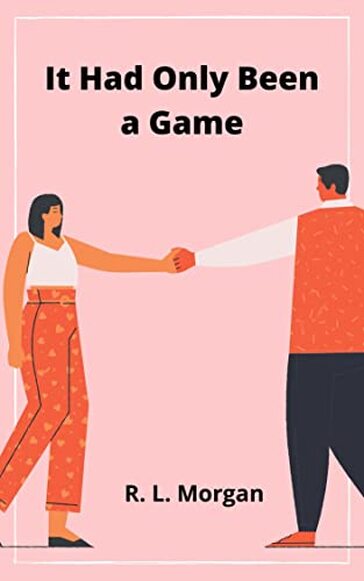

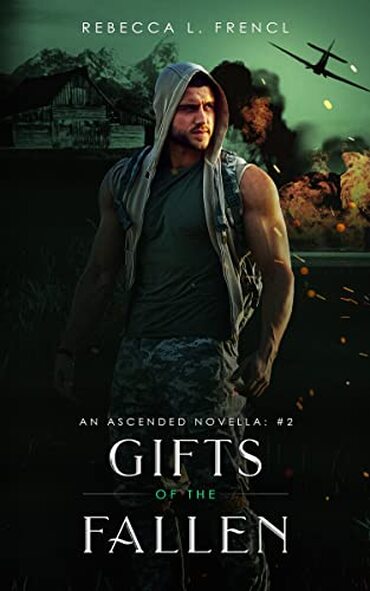
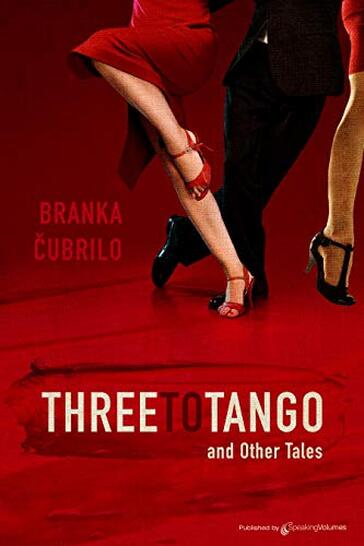
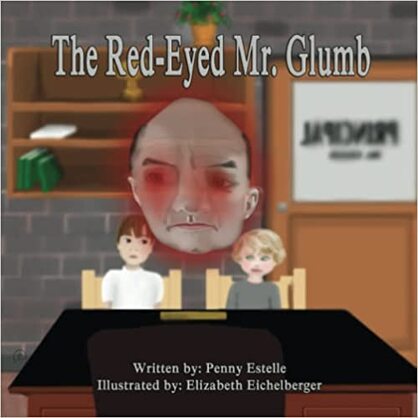
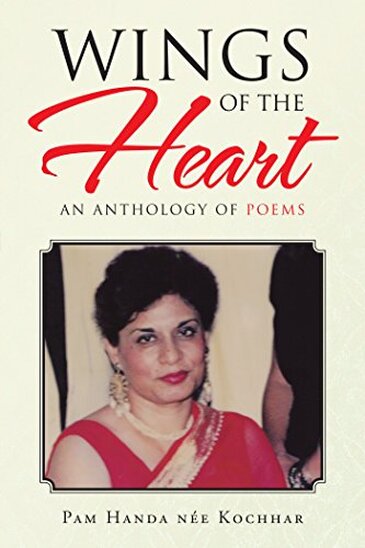
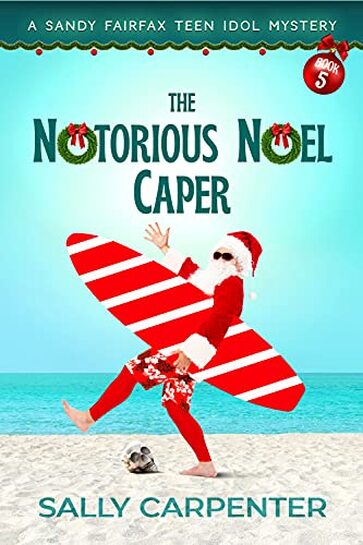

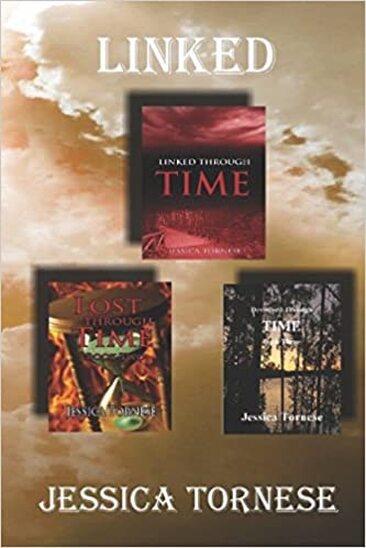
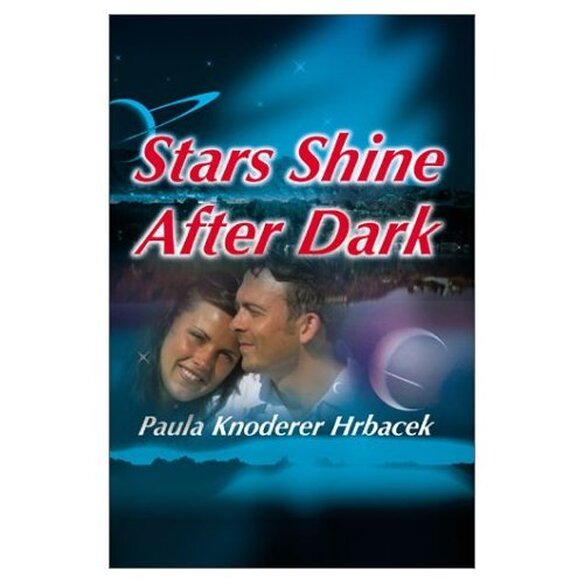
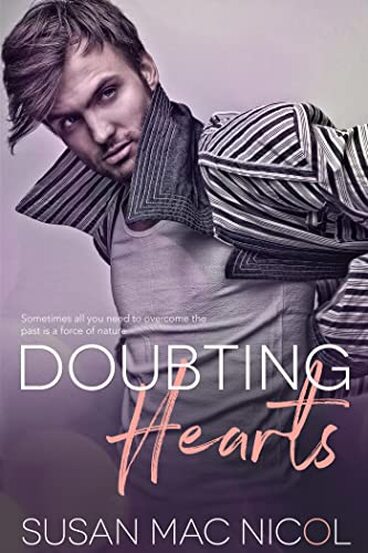
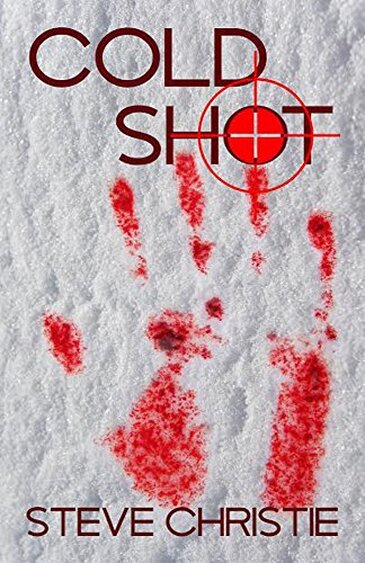
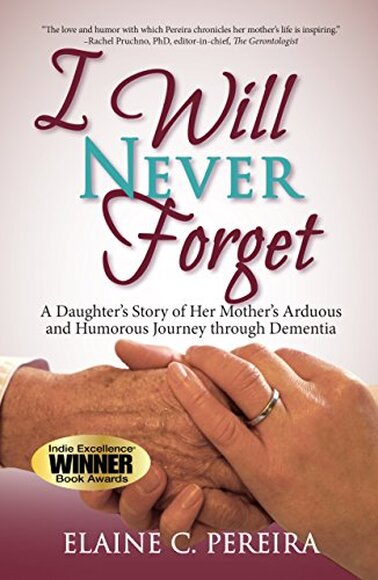
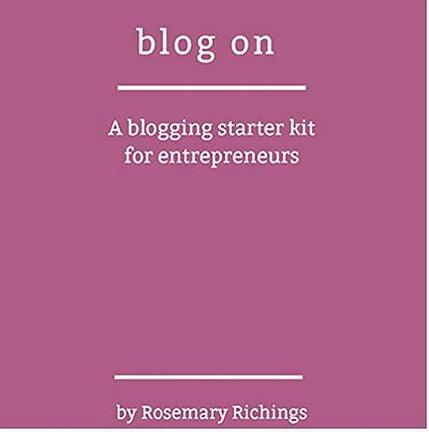

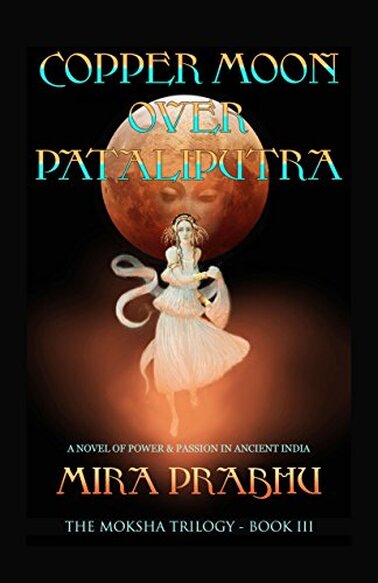
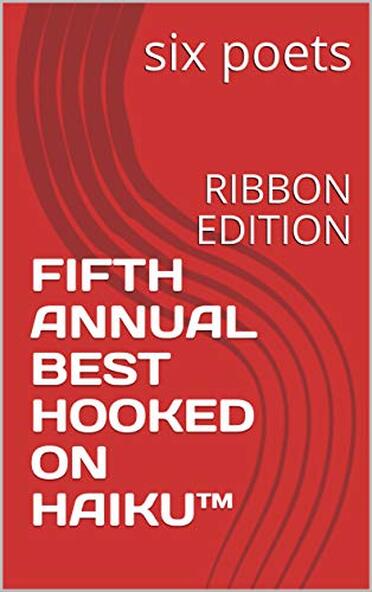
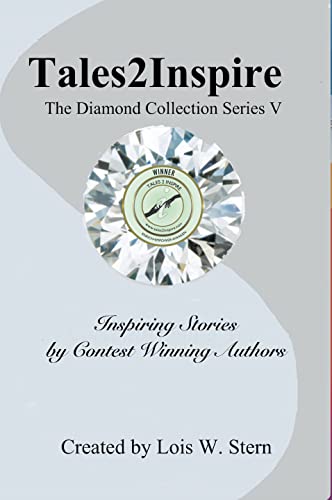
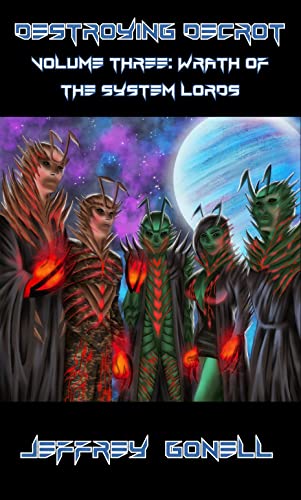
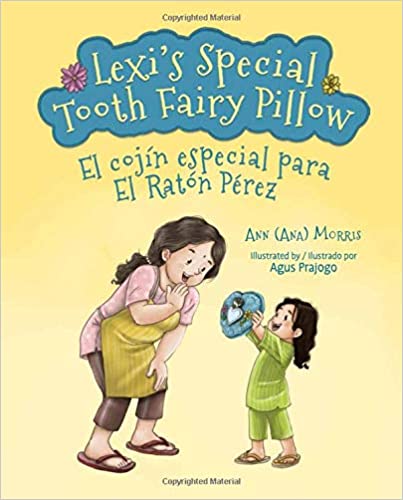

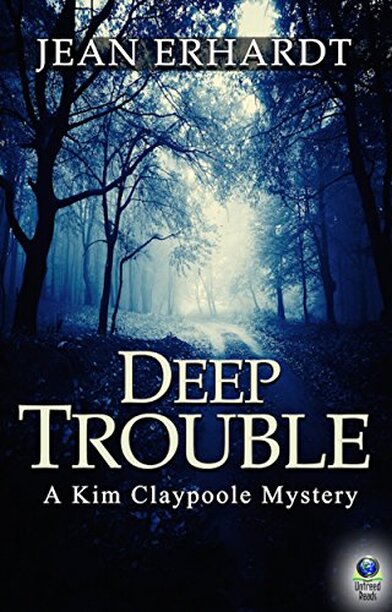

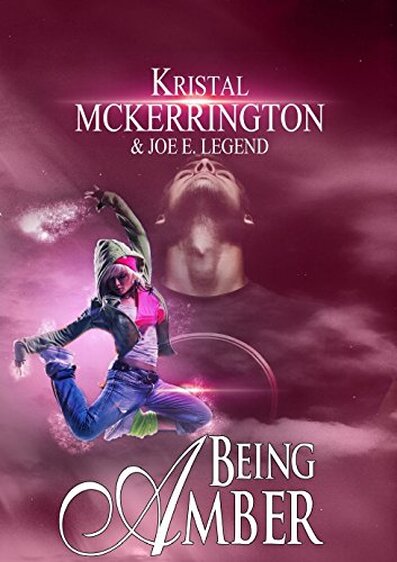
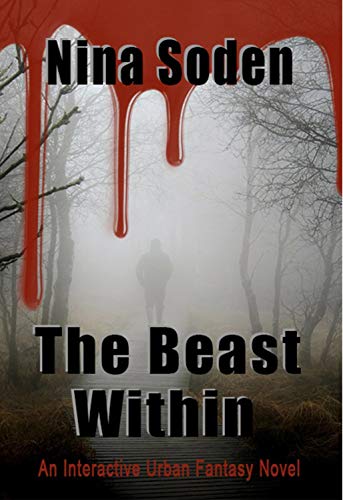
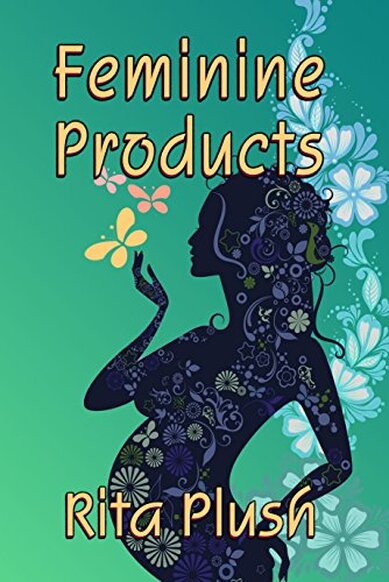











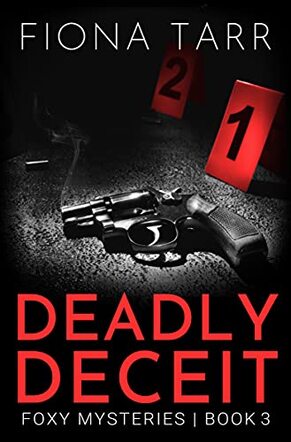
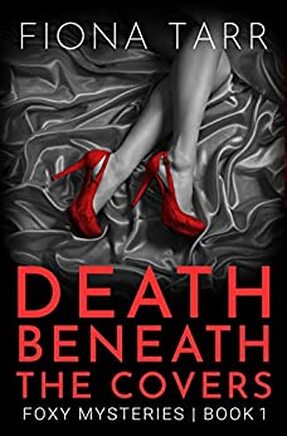
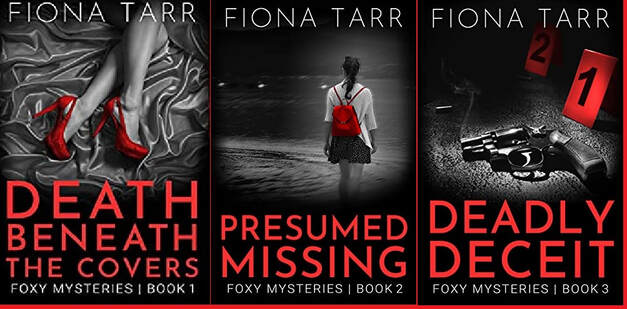
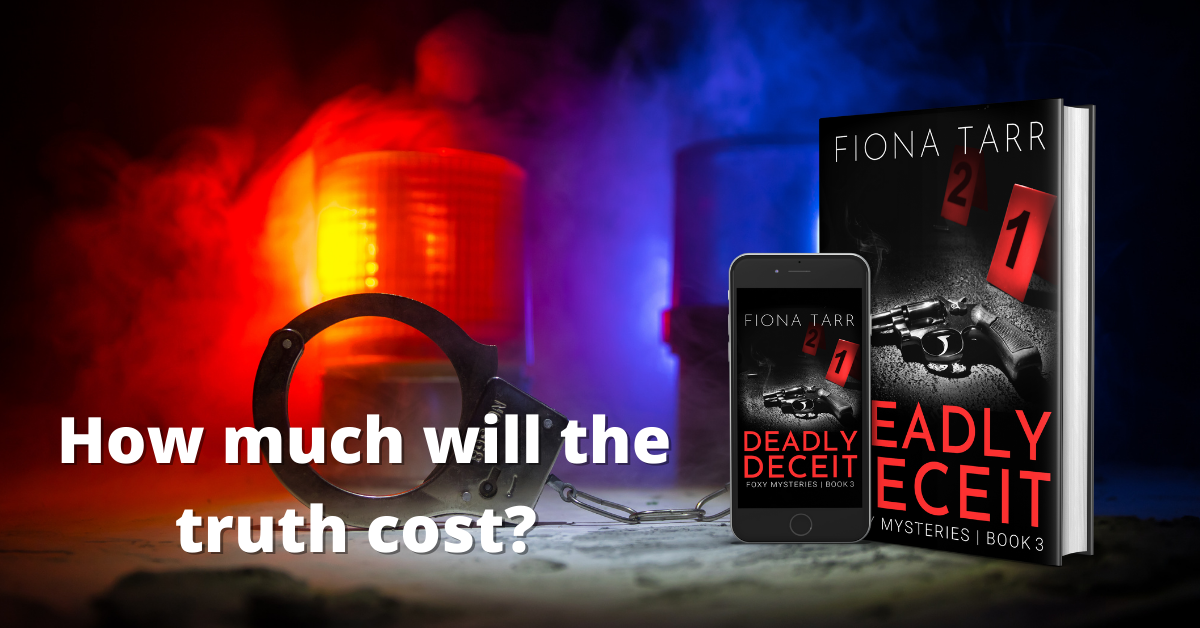






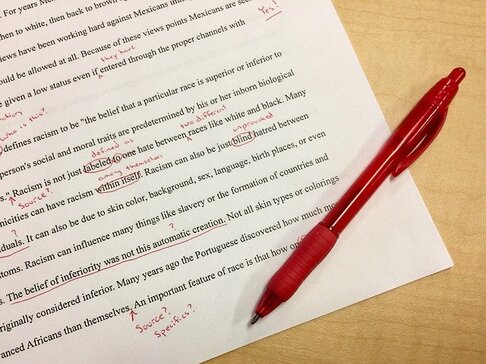






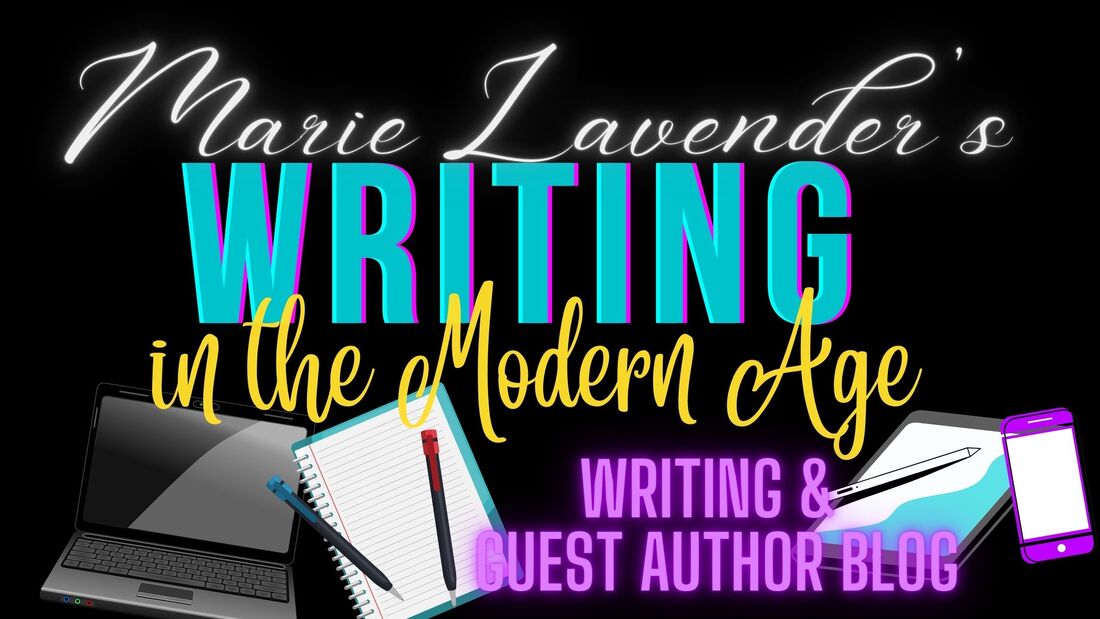

 RSS Feed
RSS Feed

